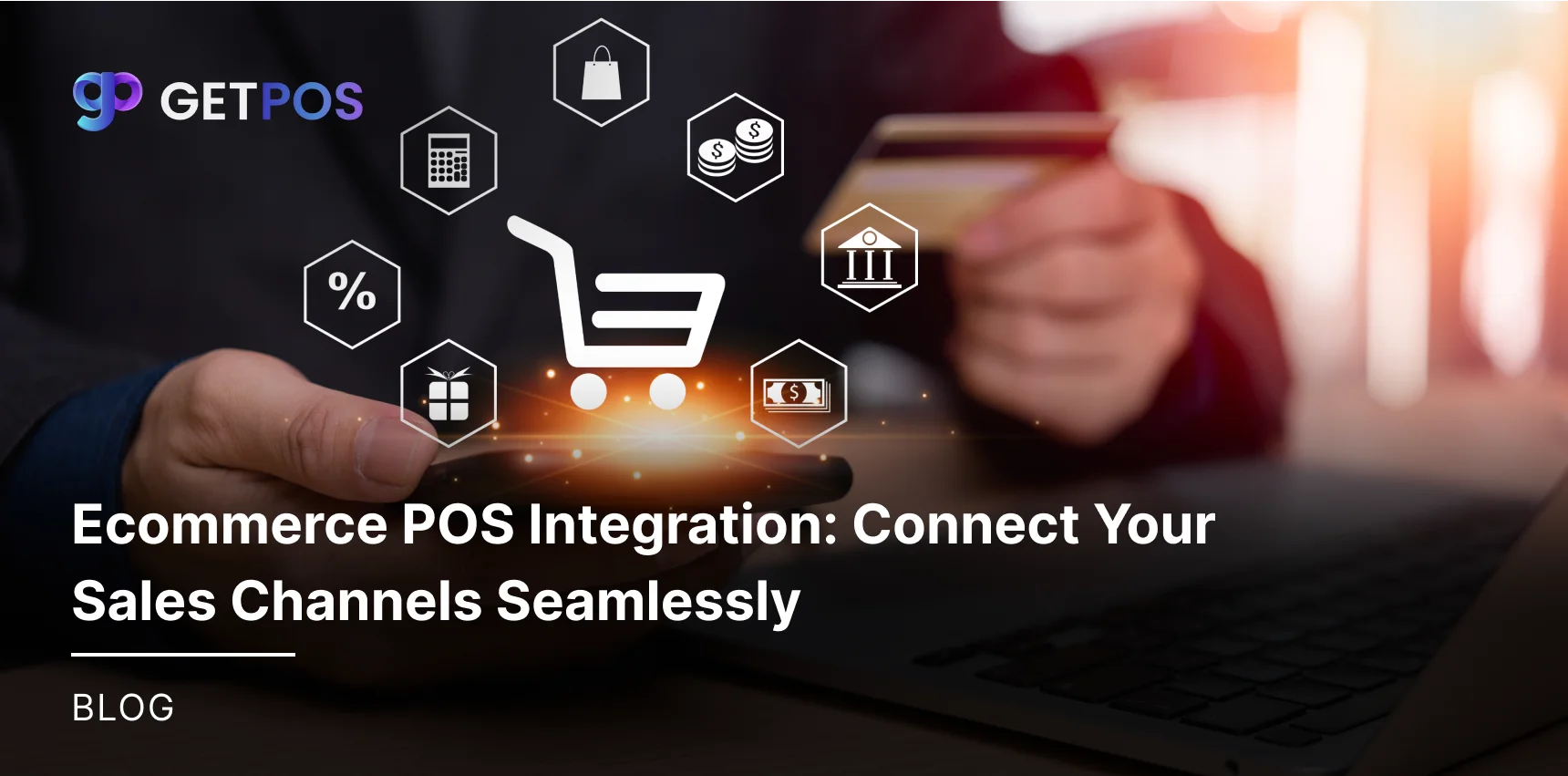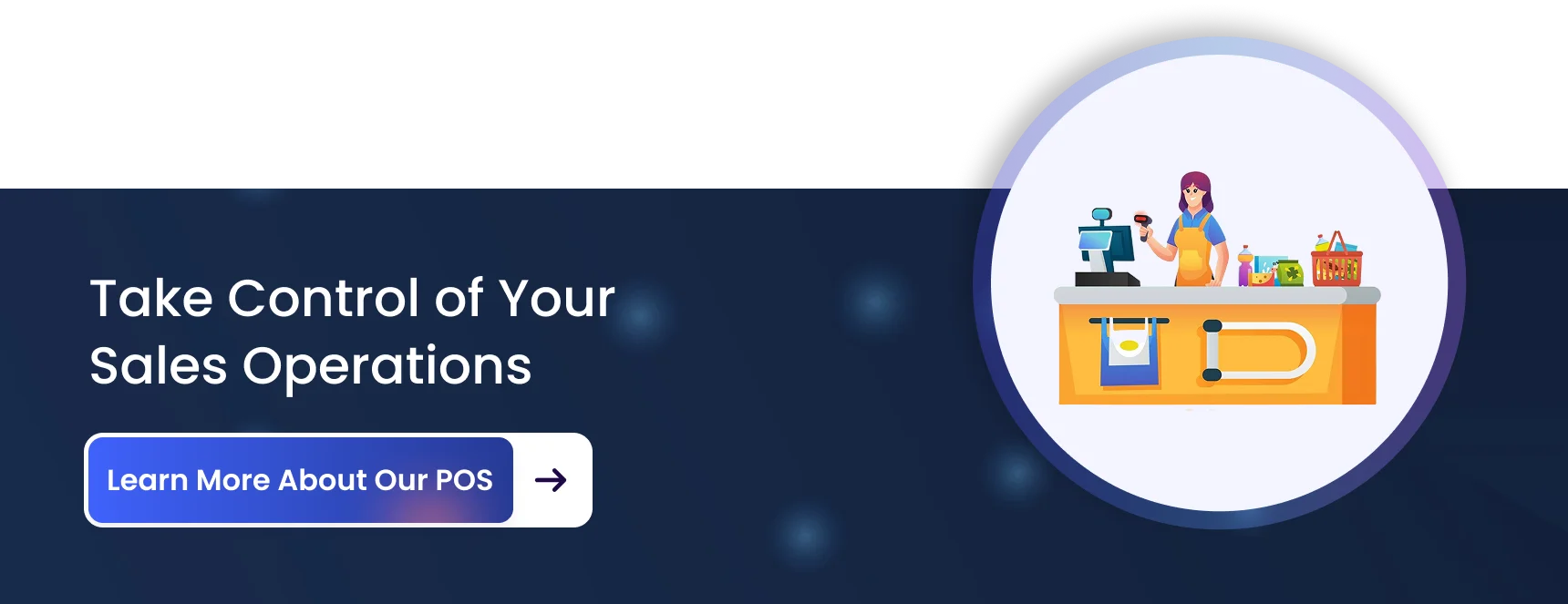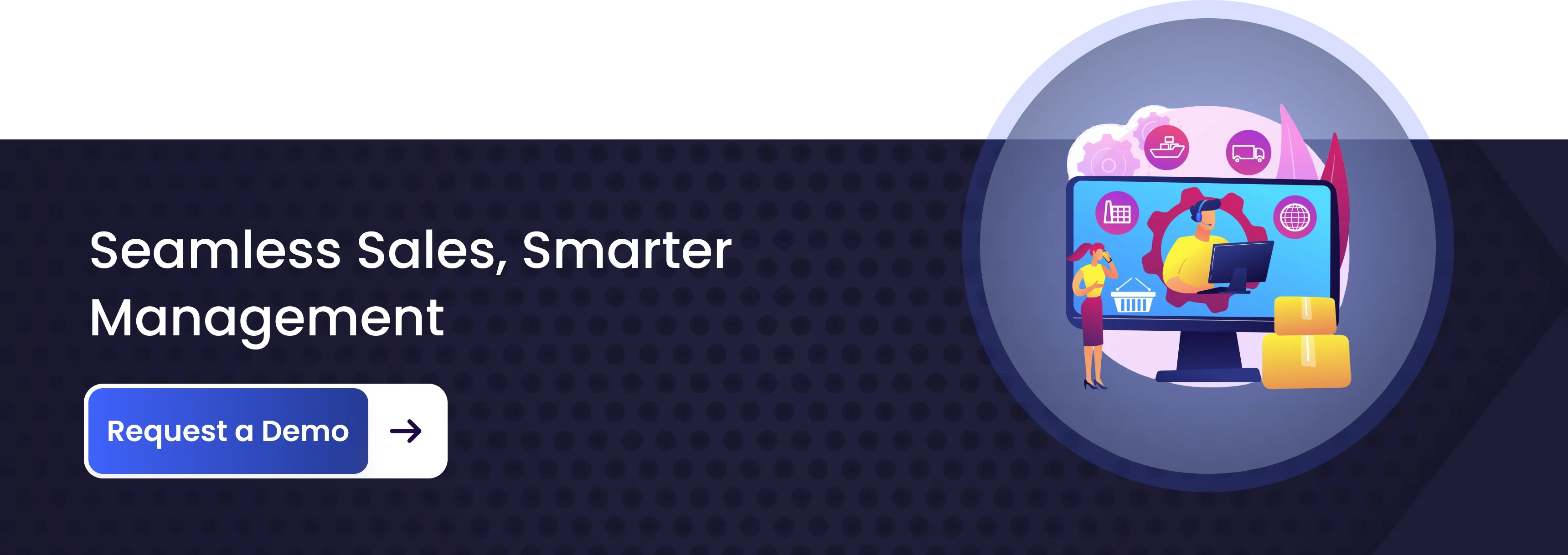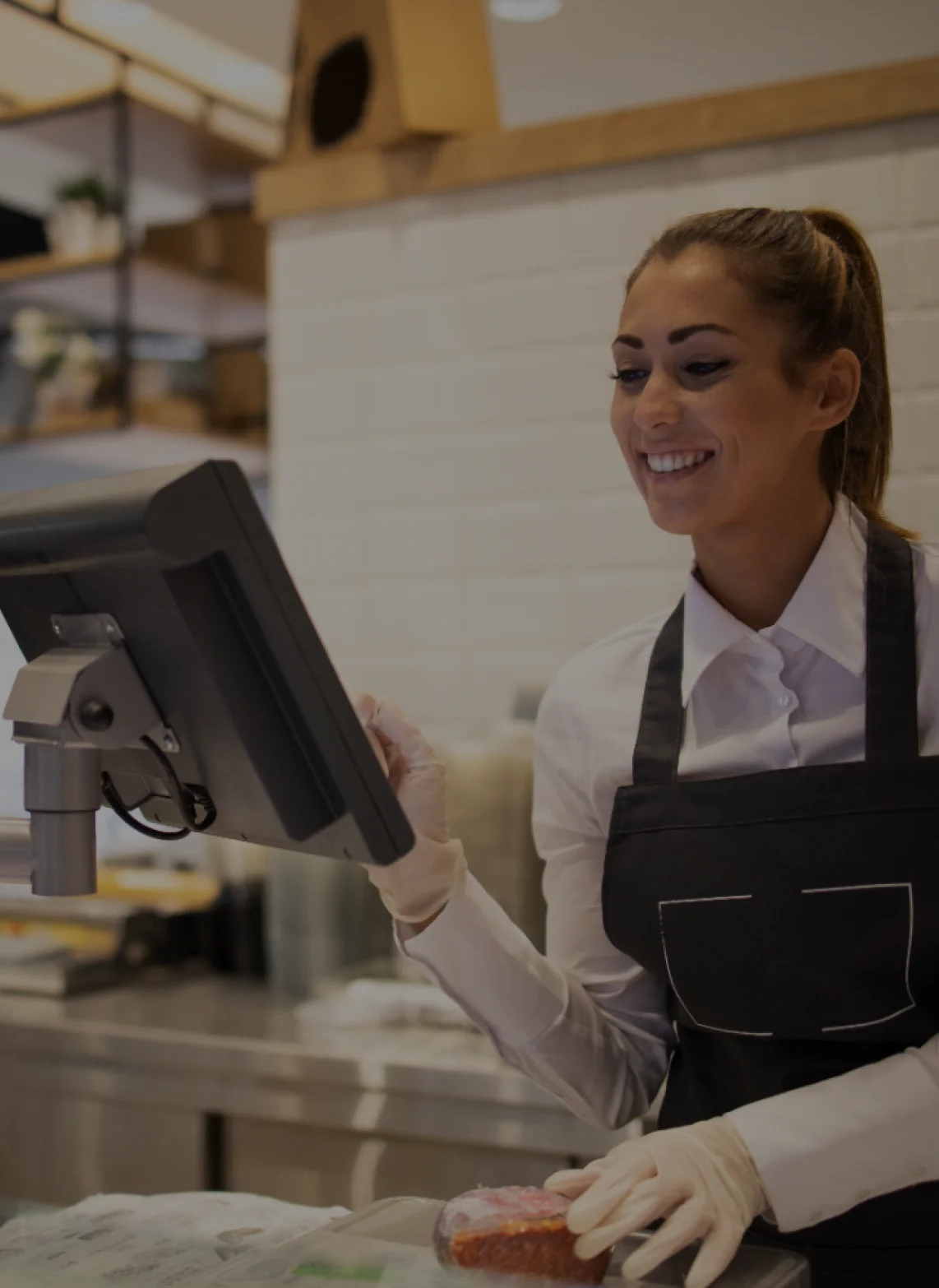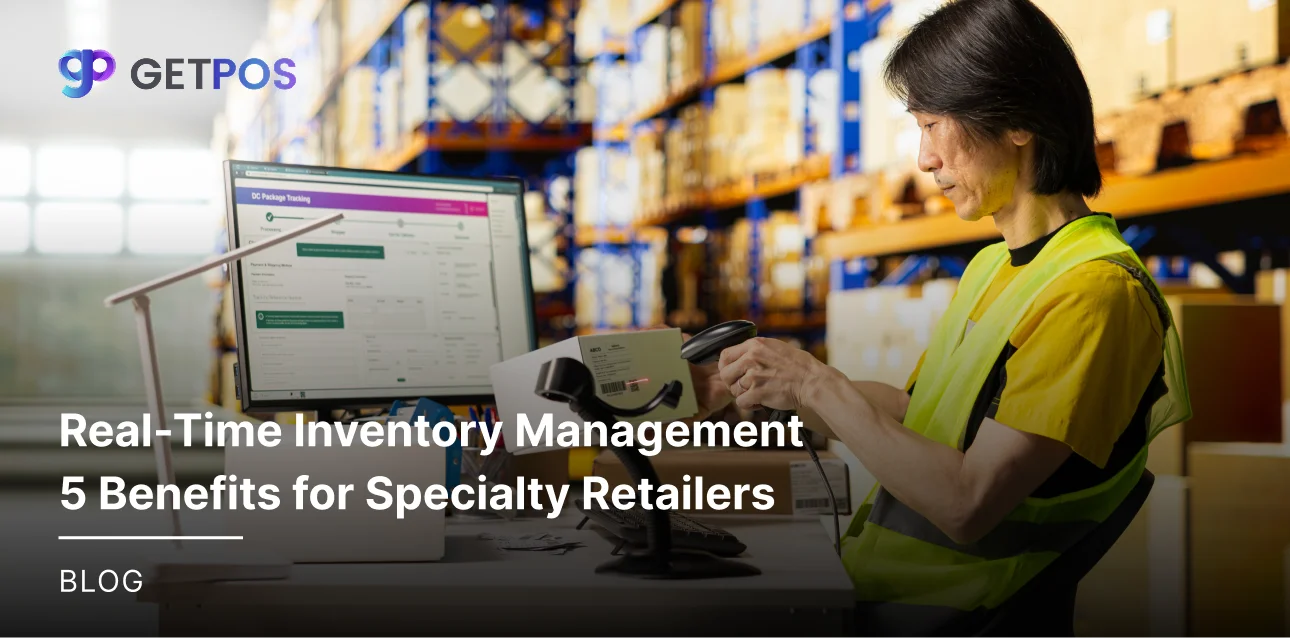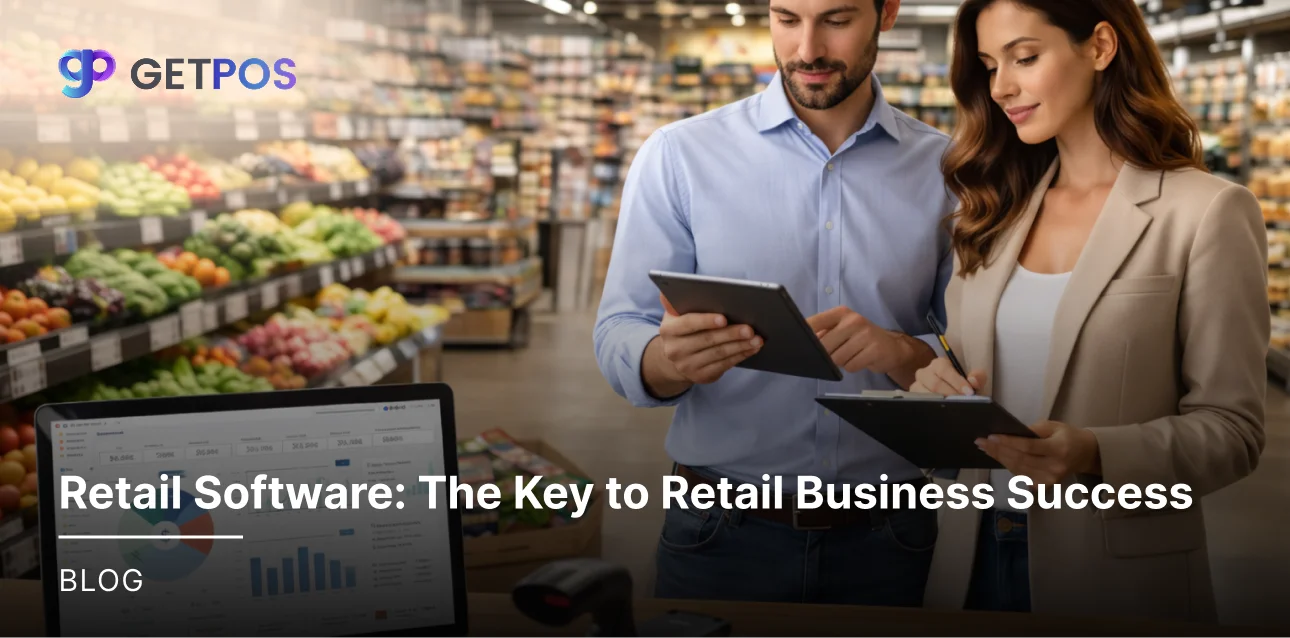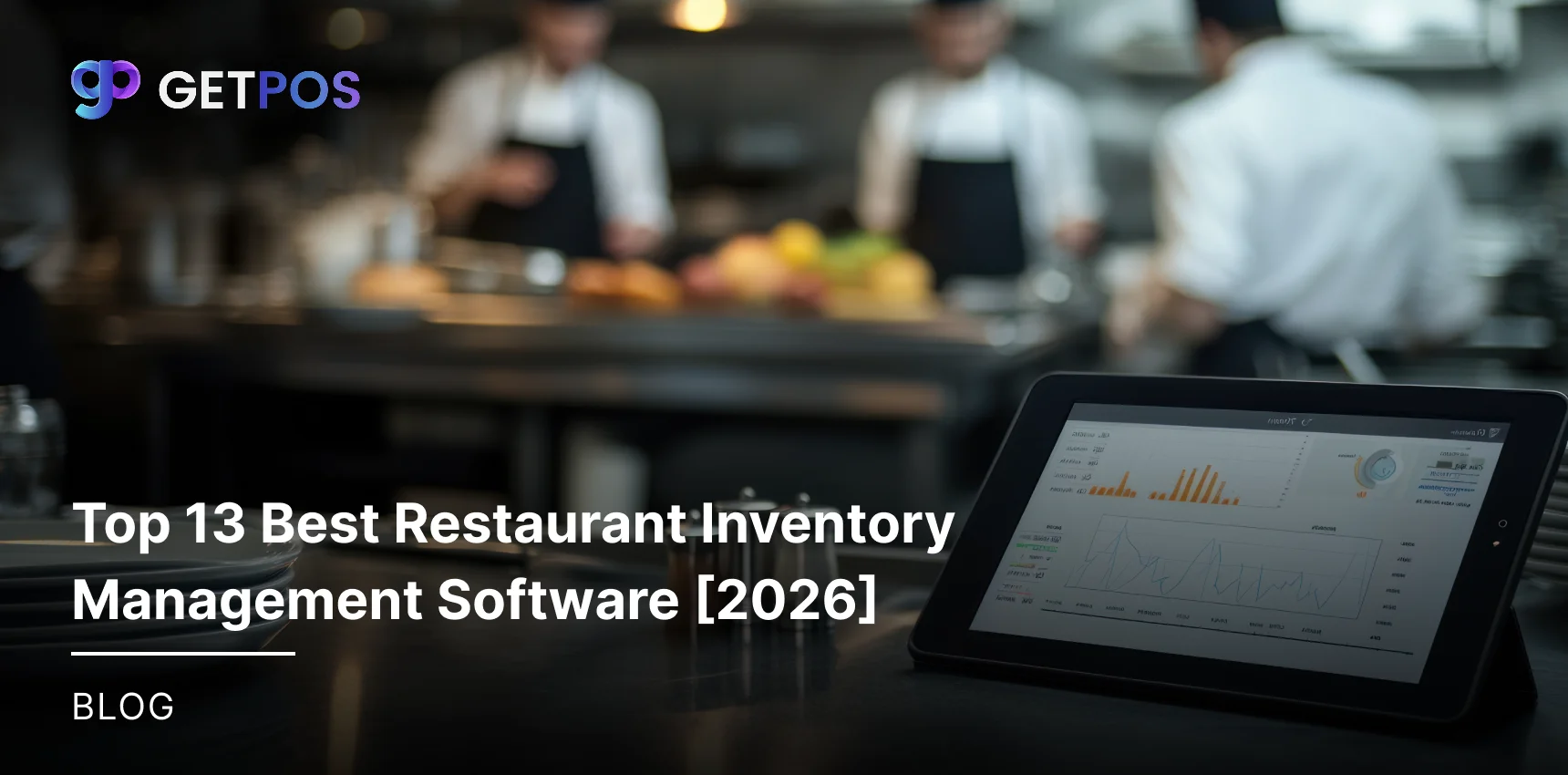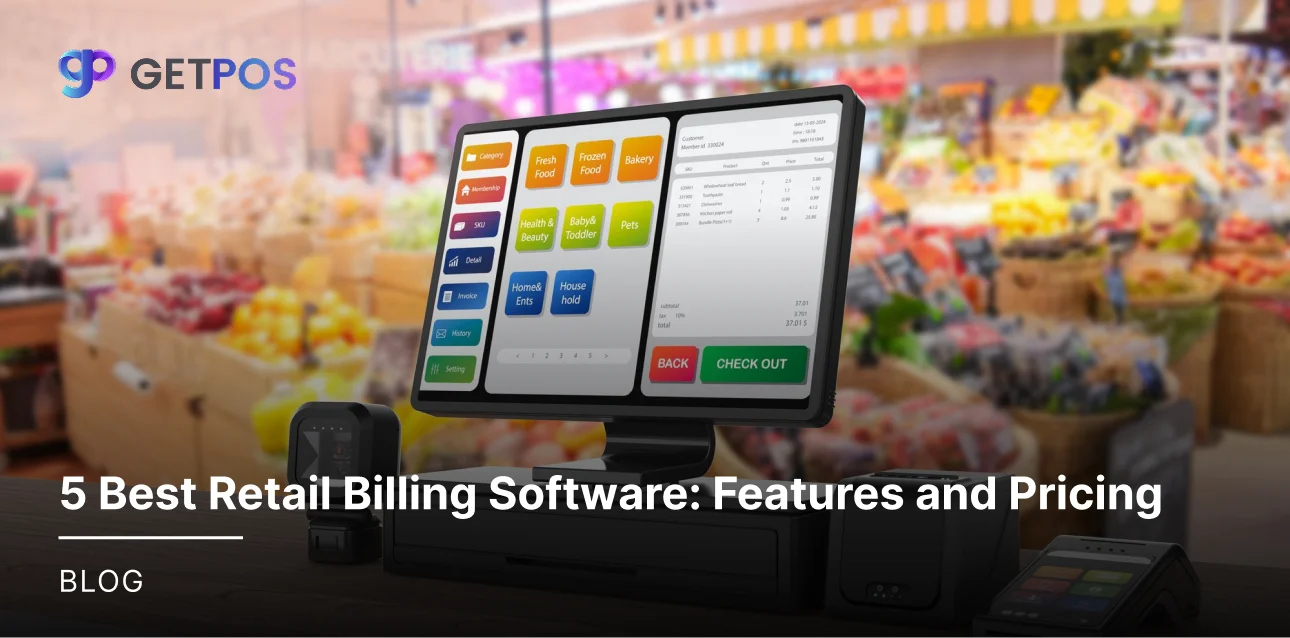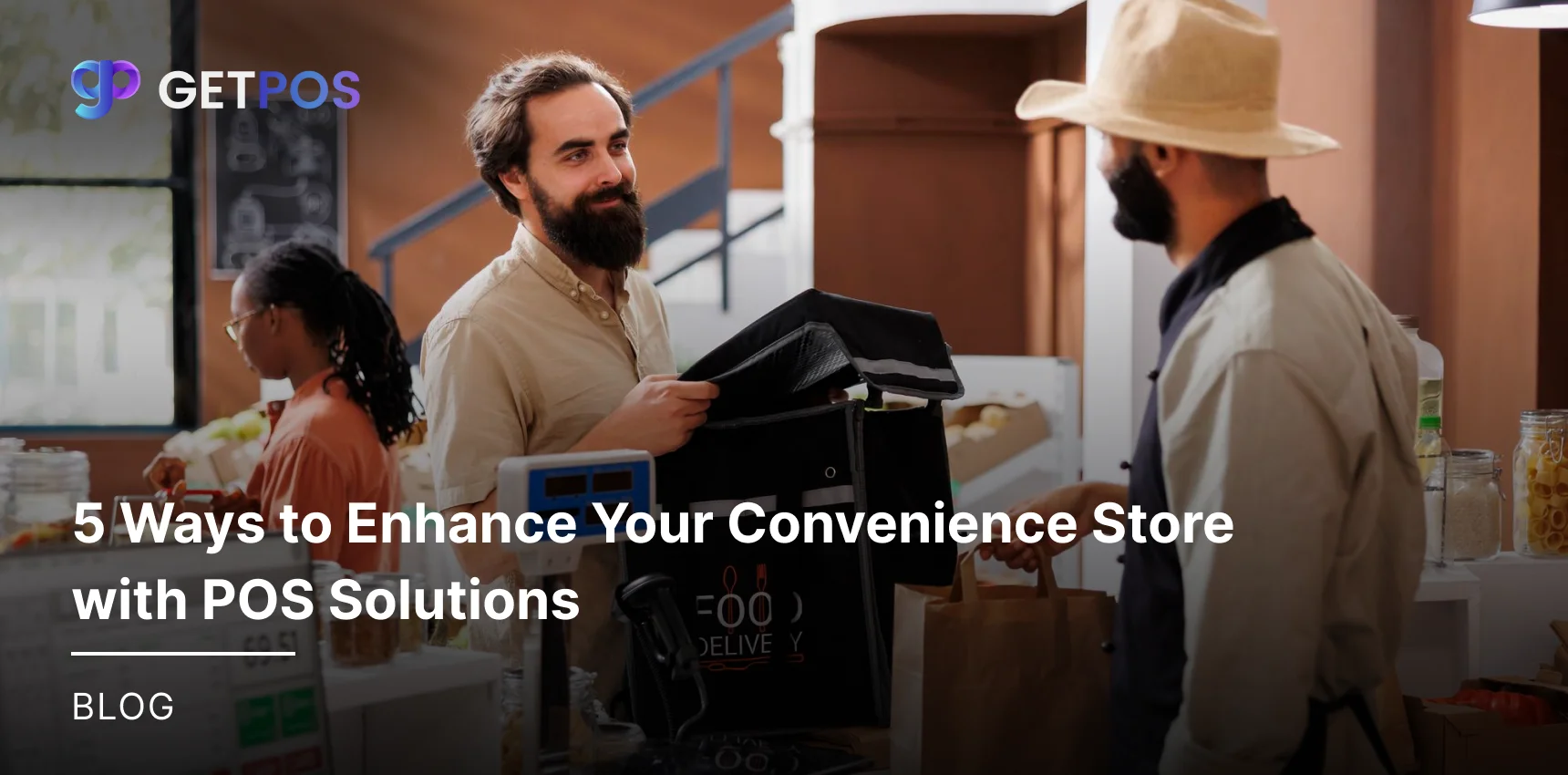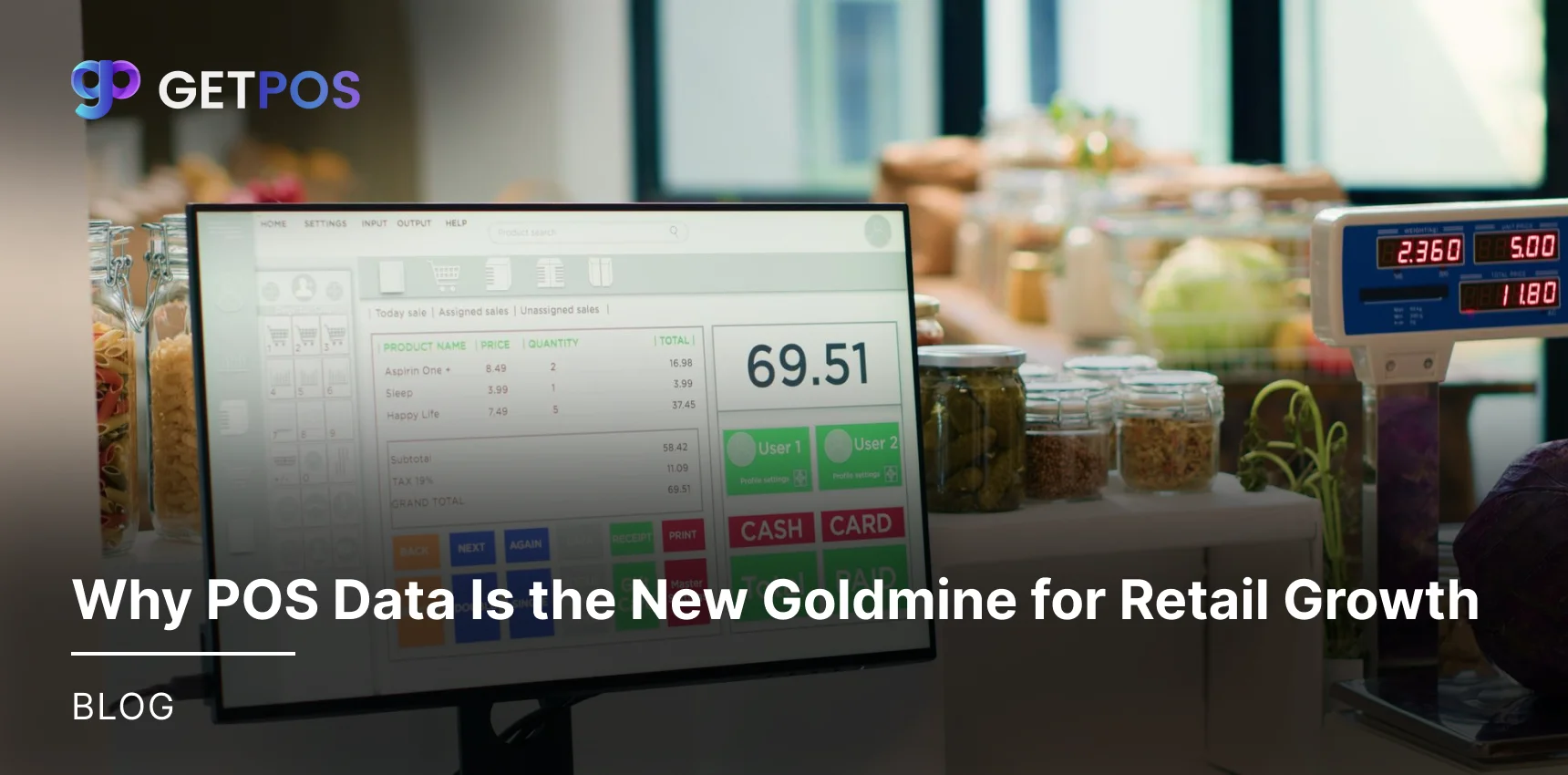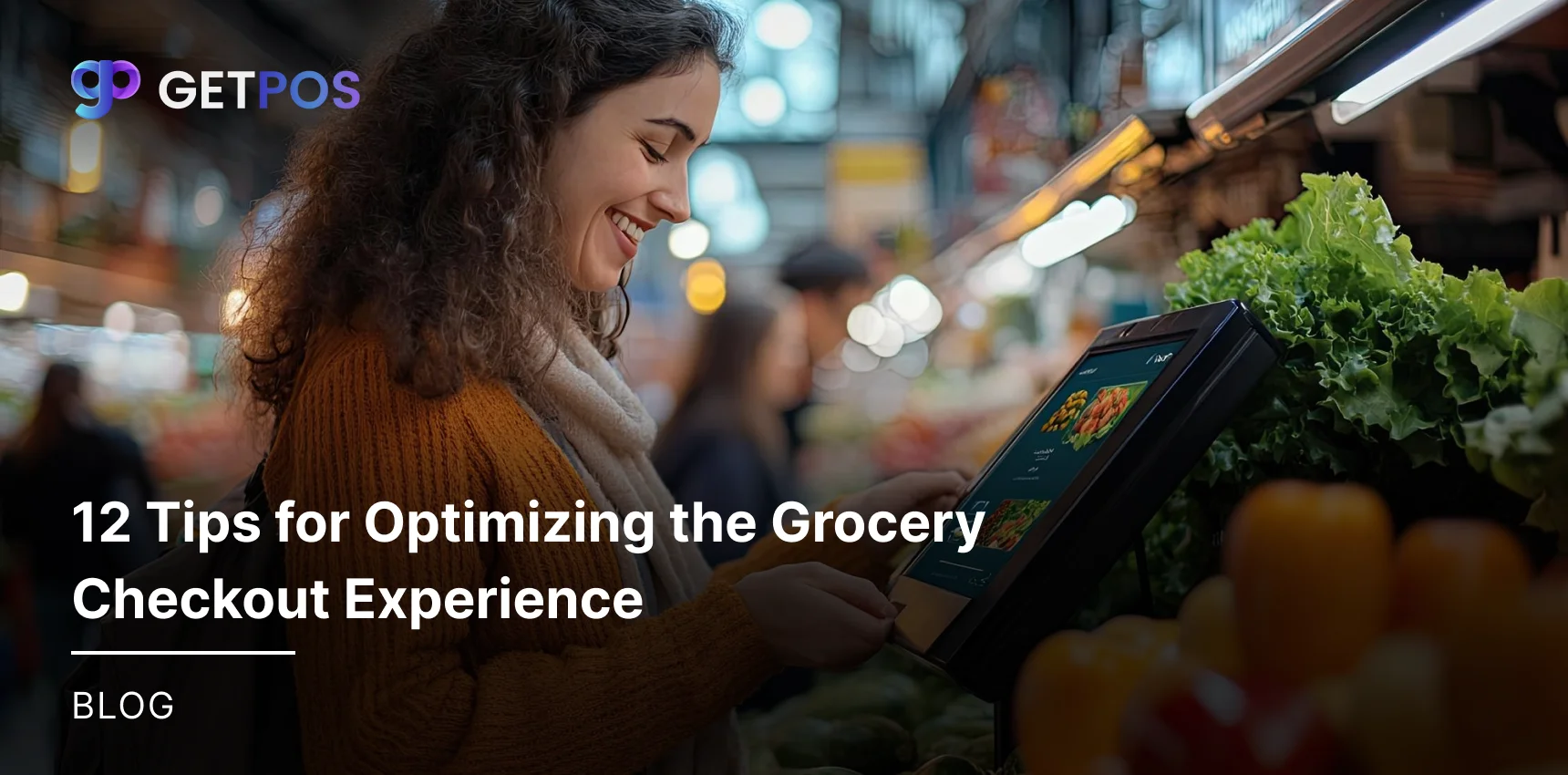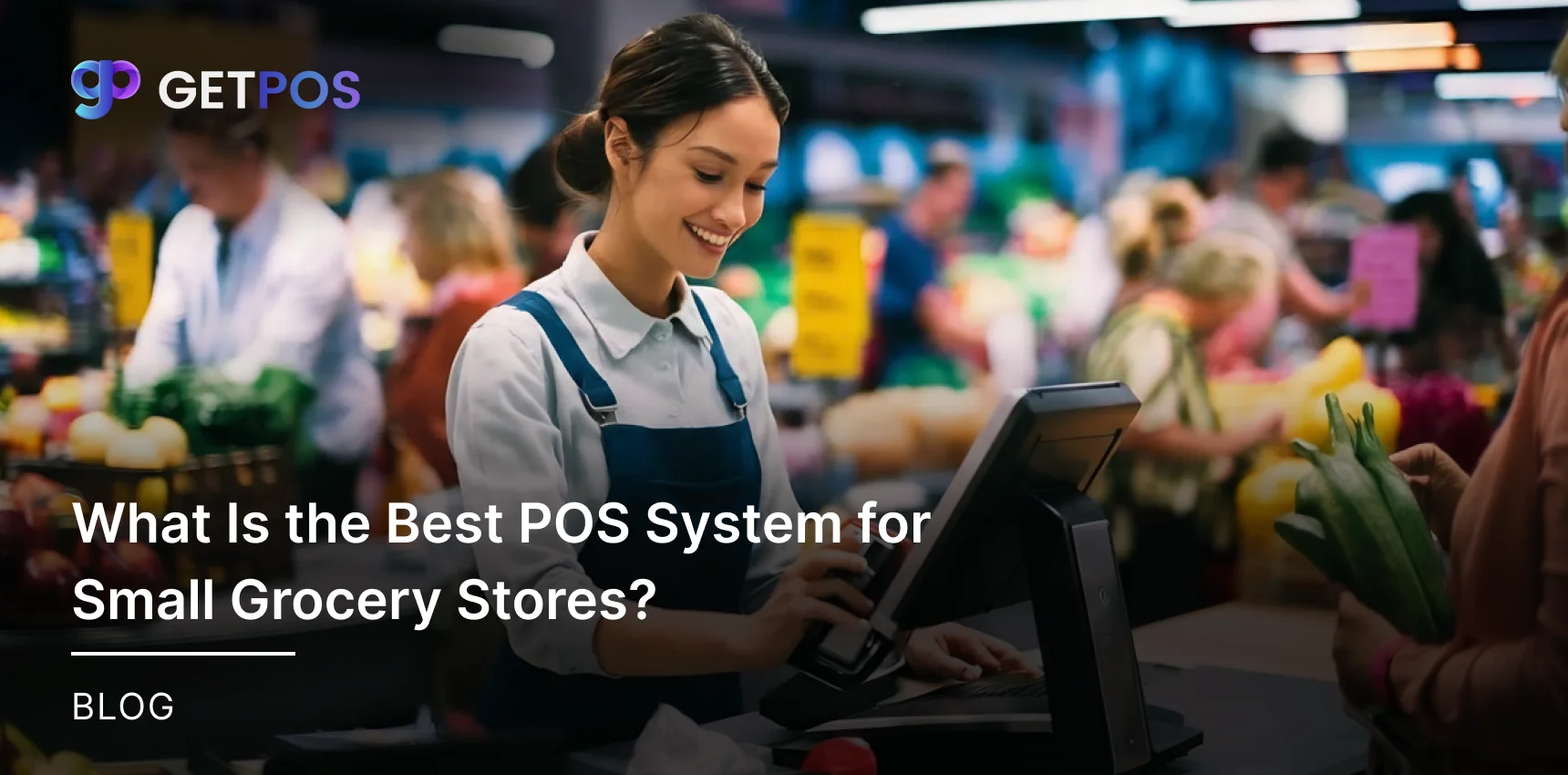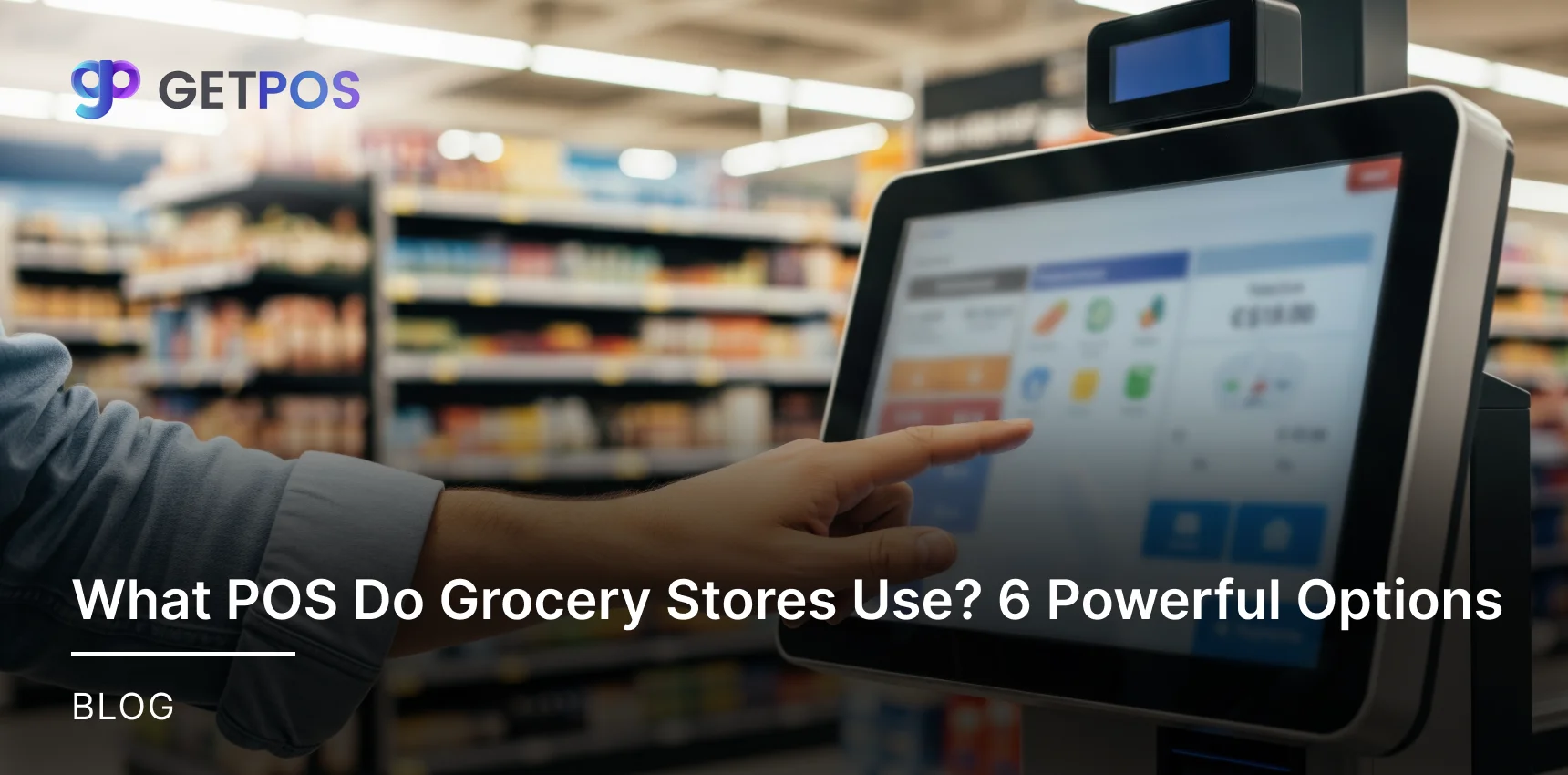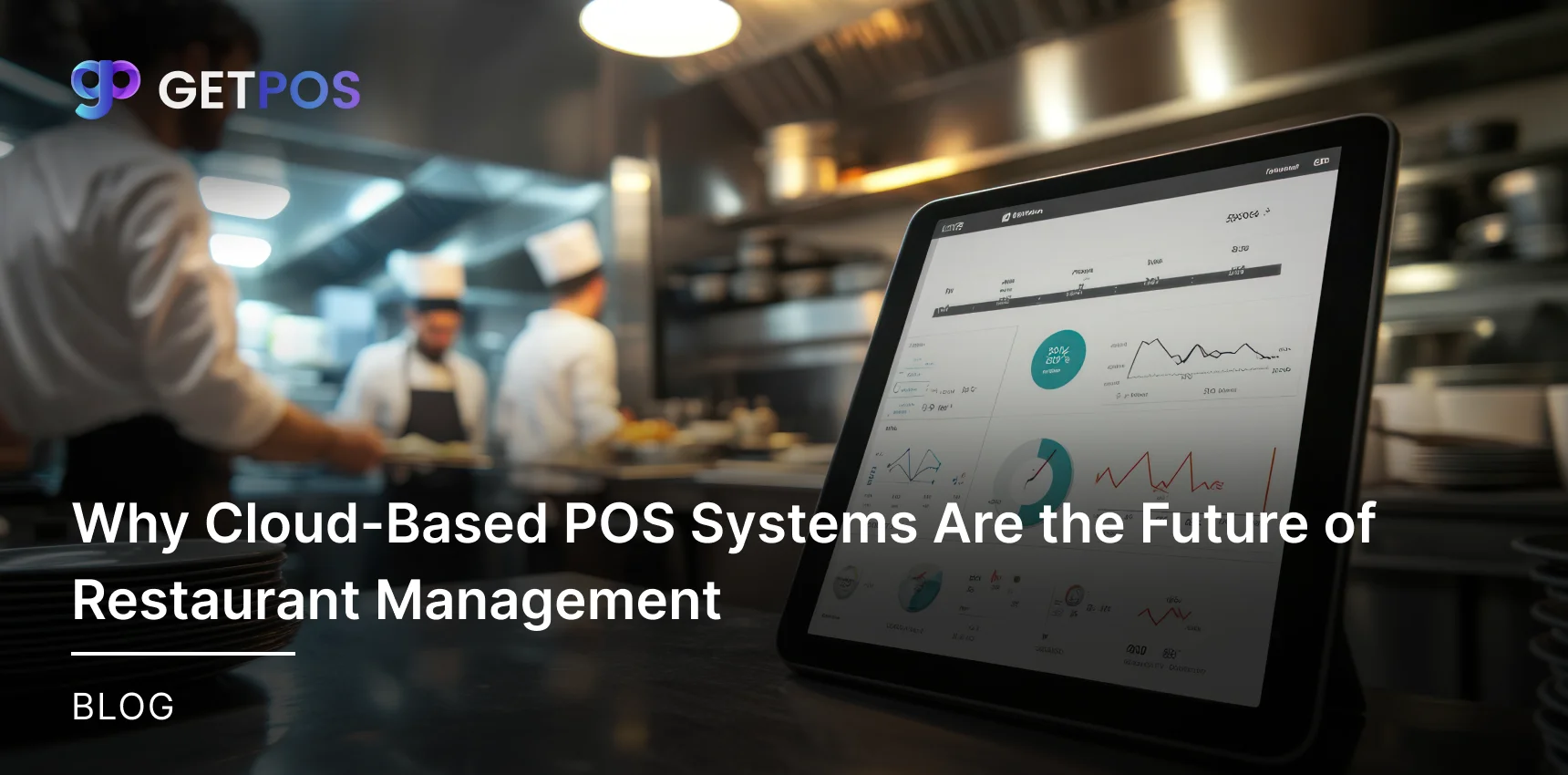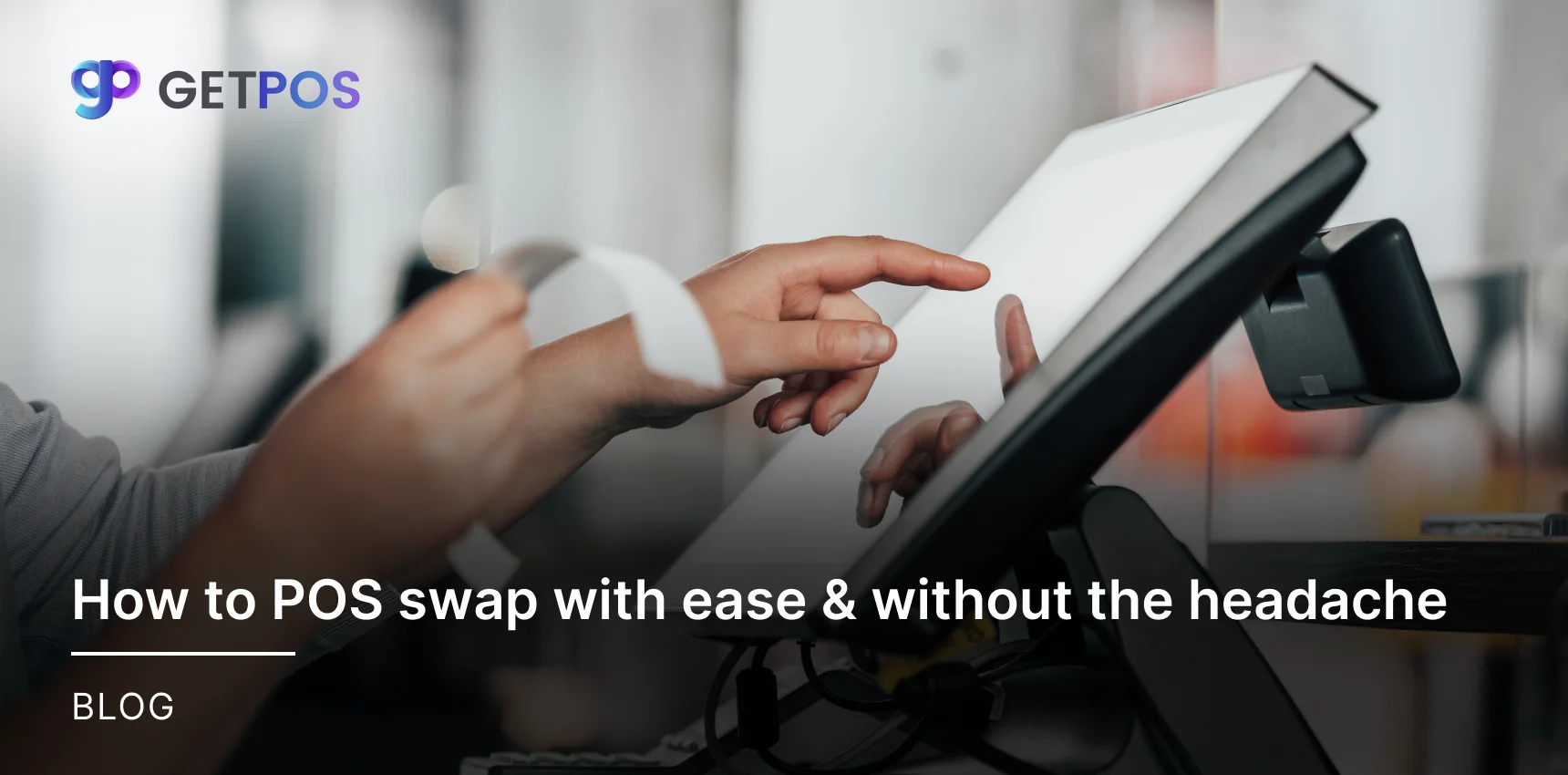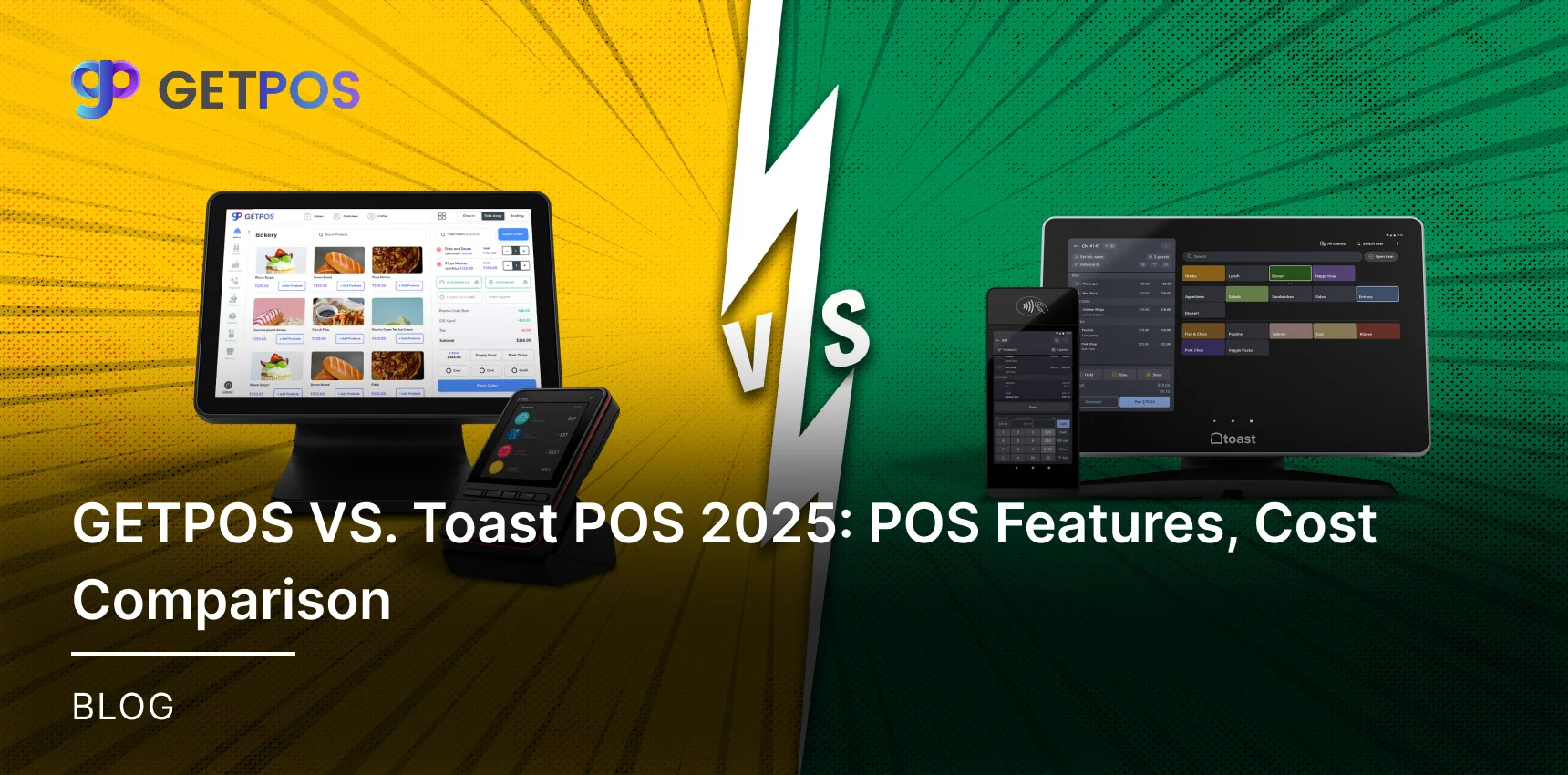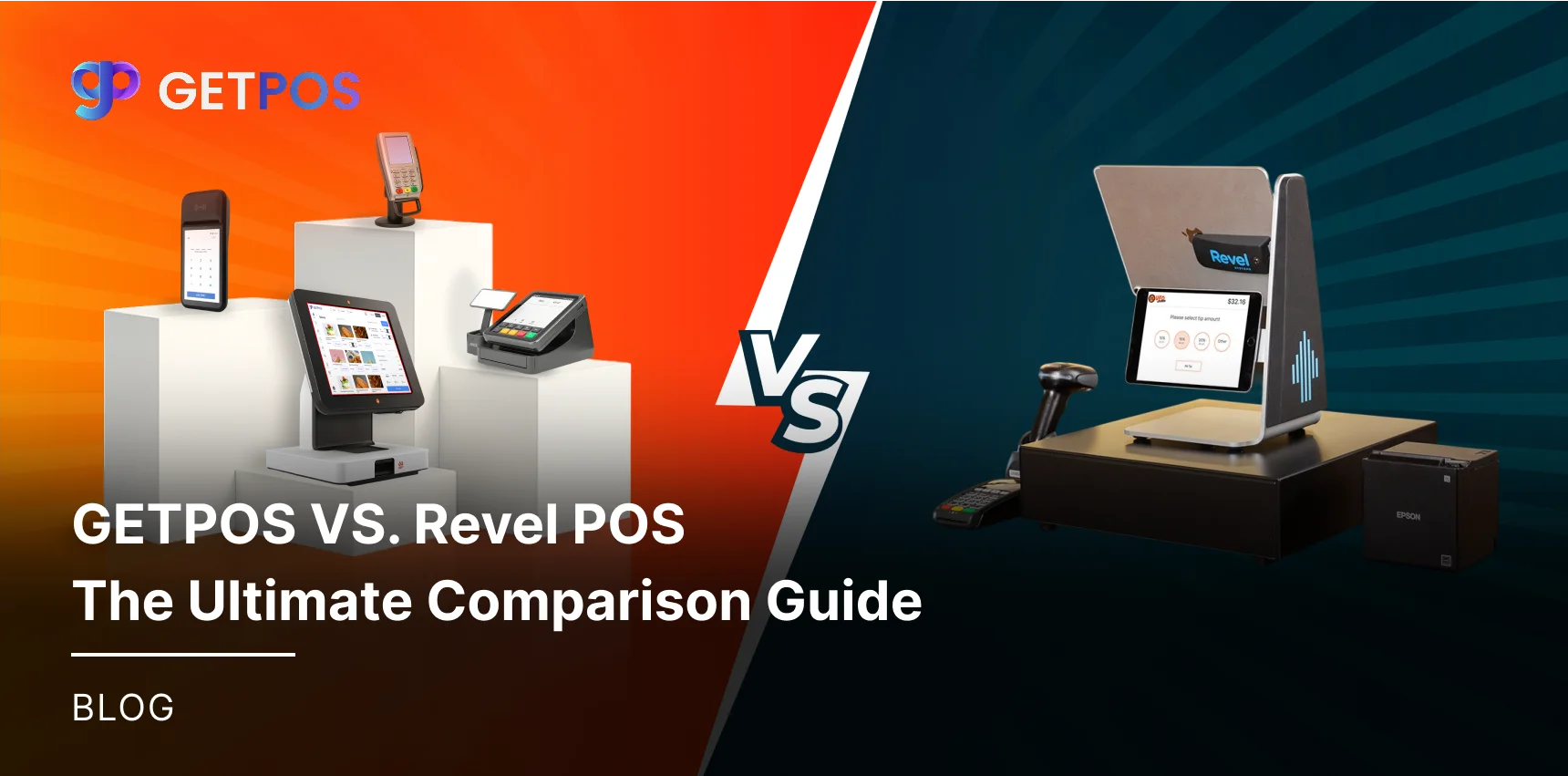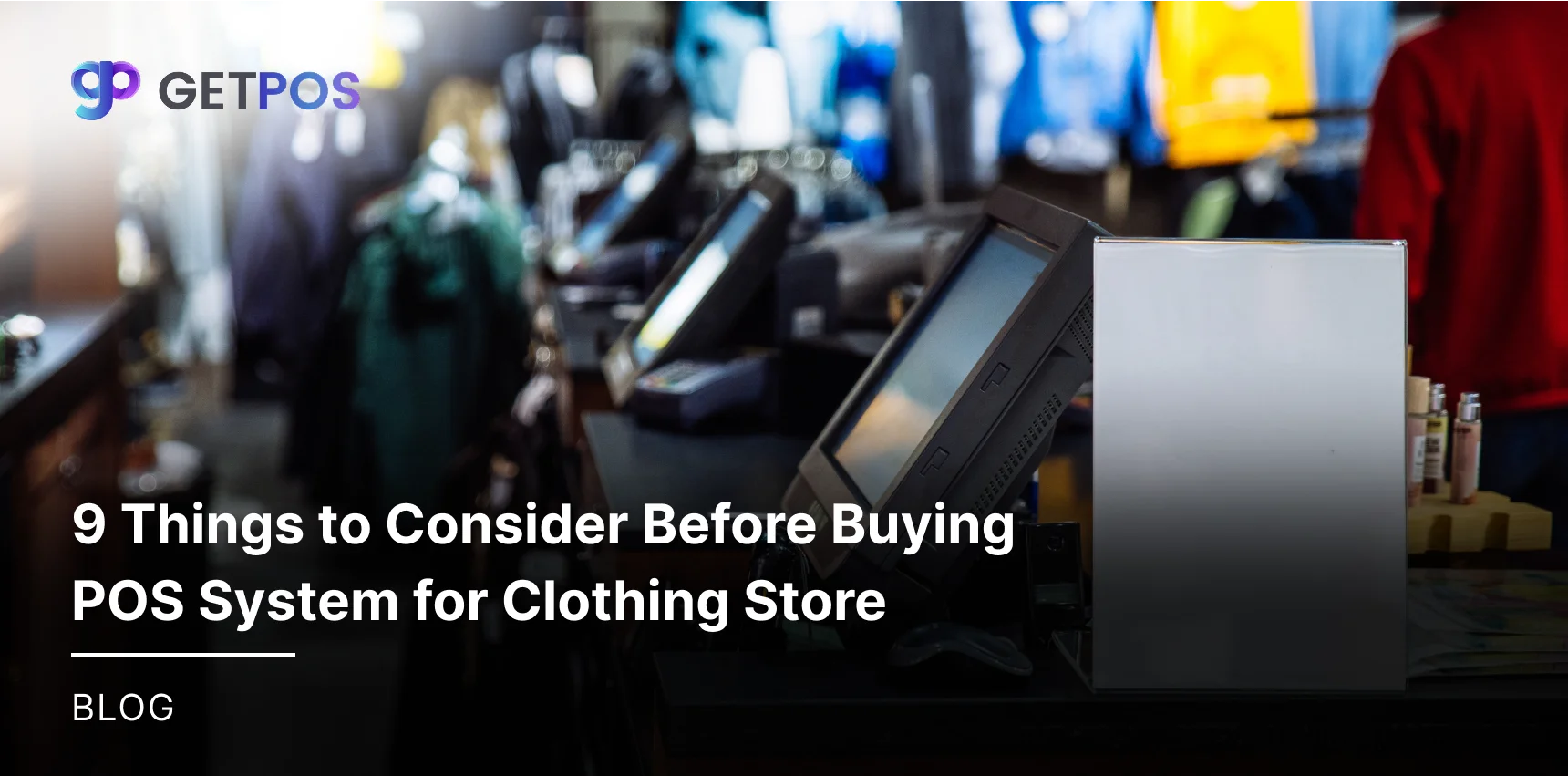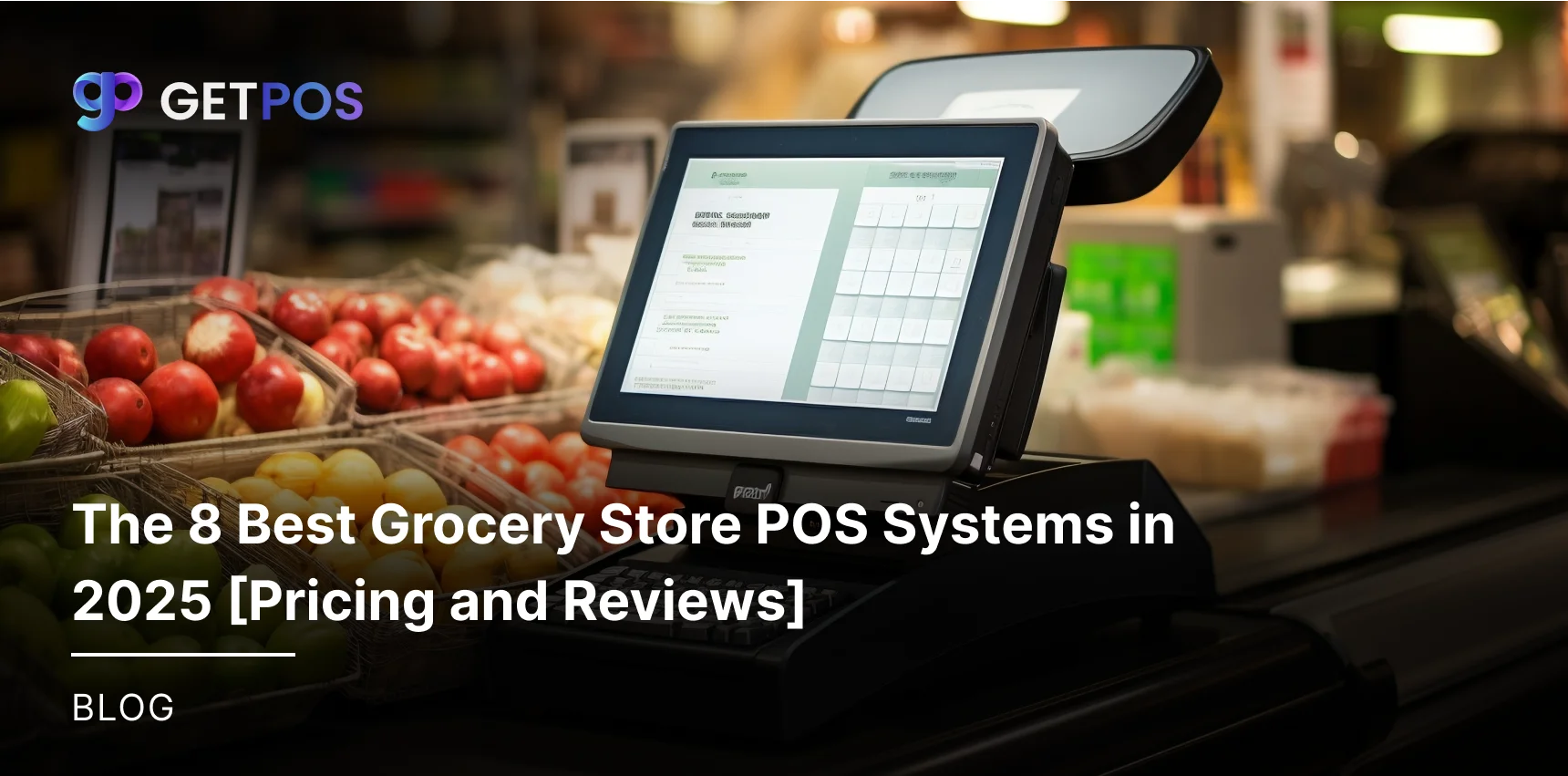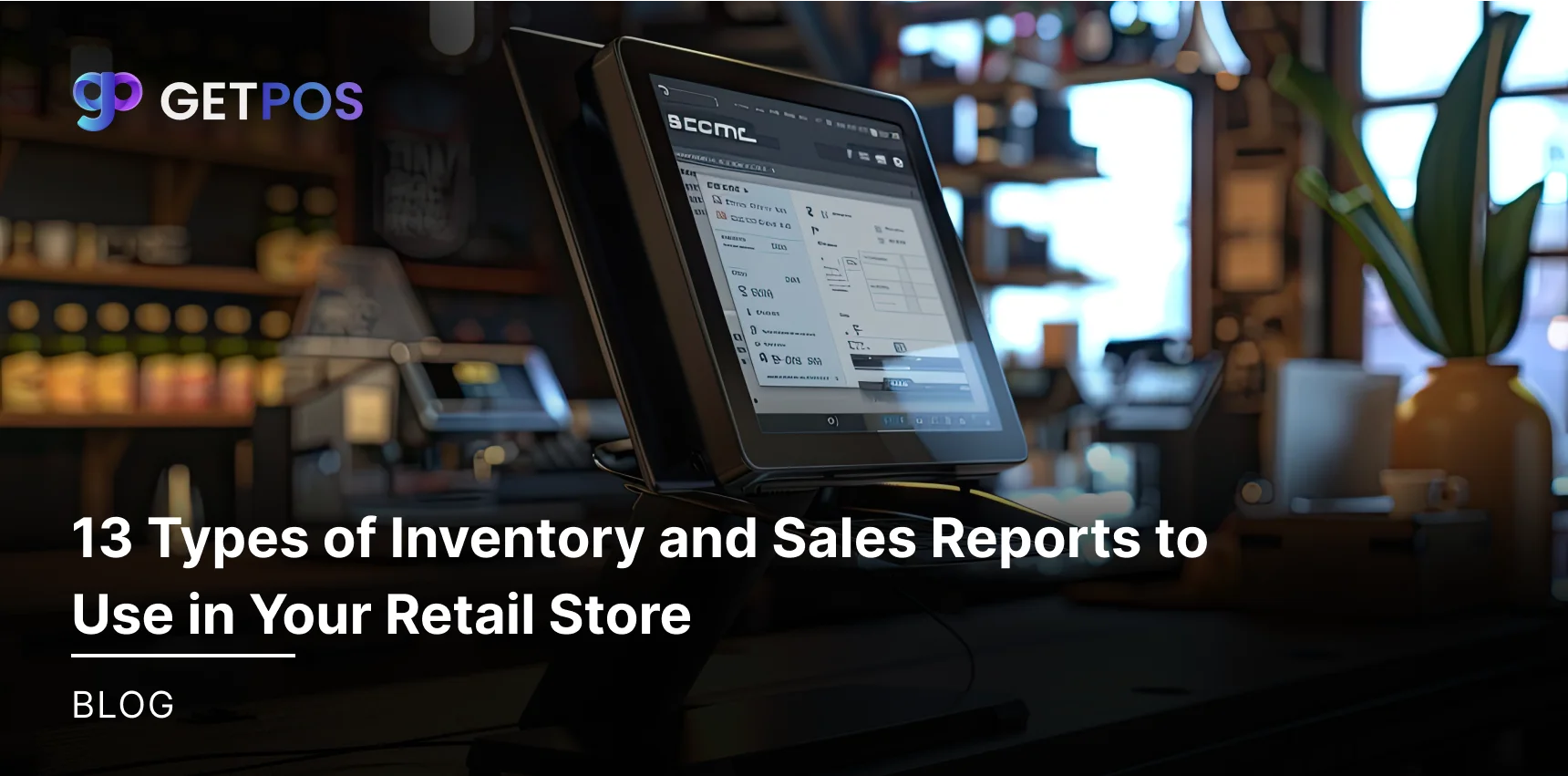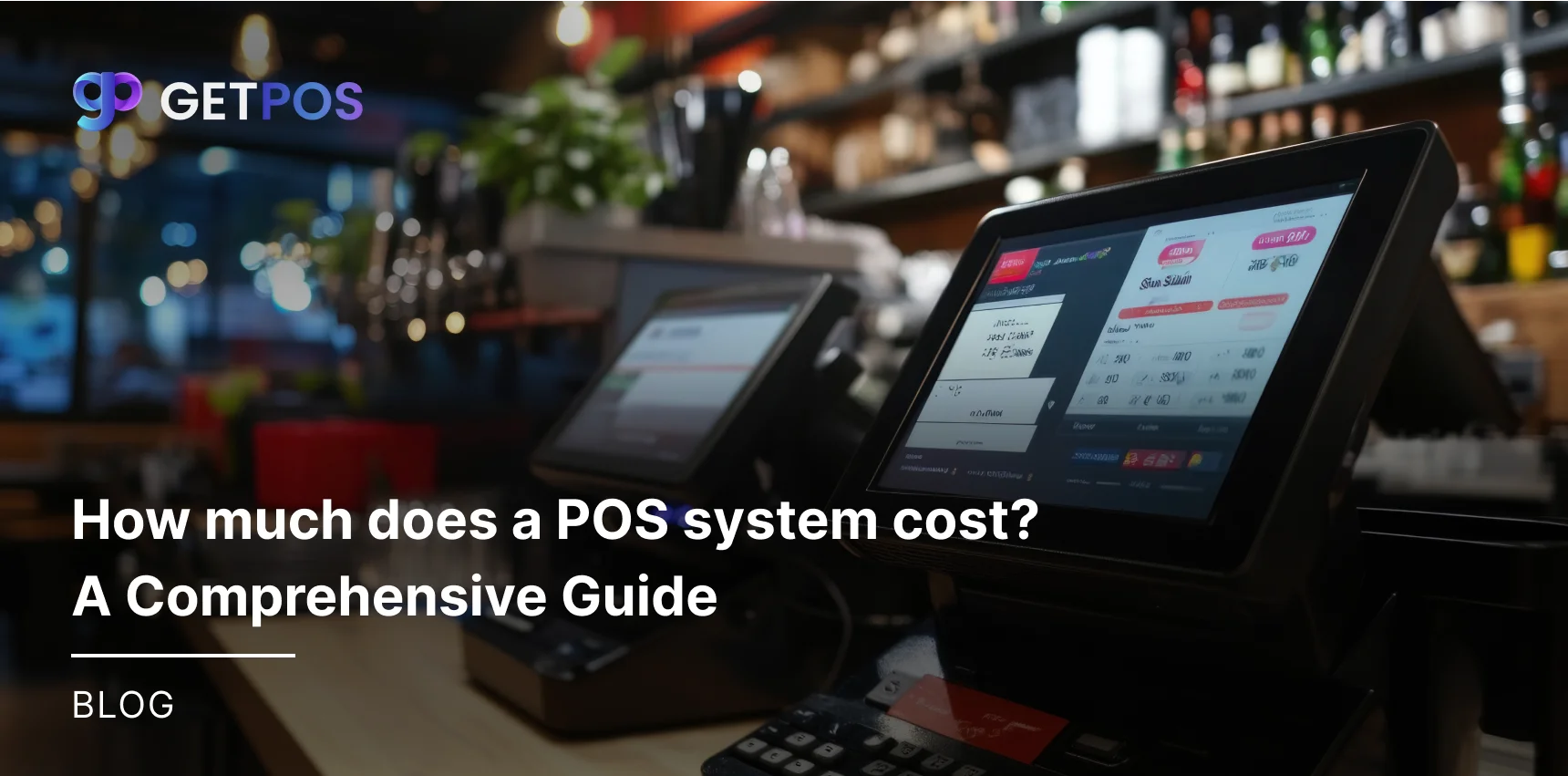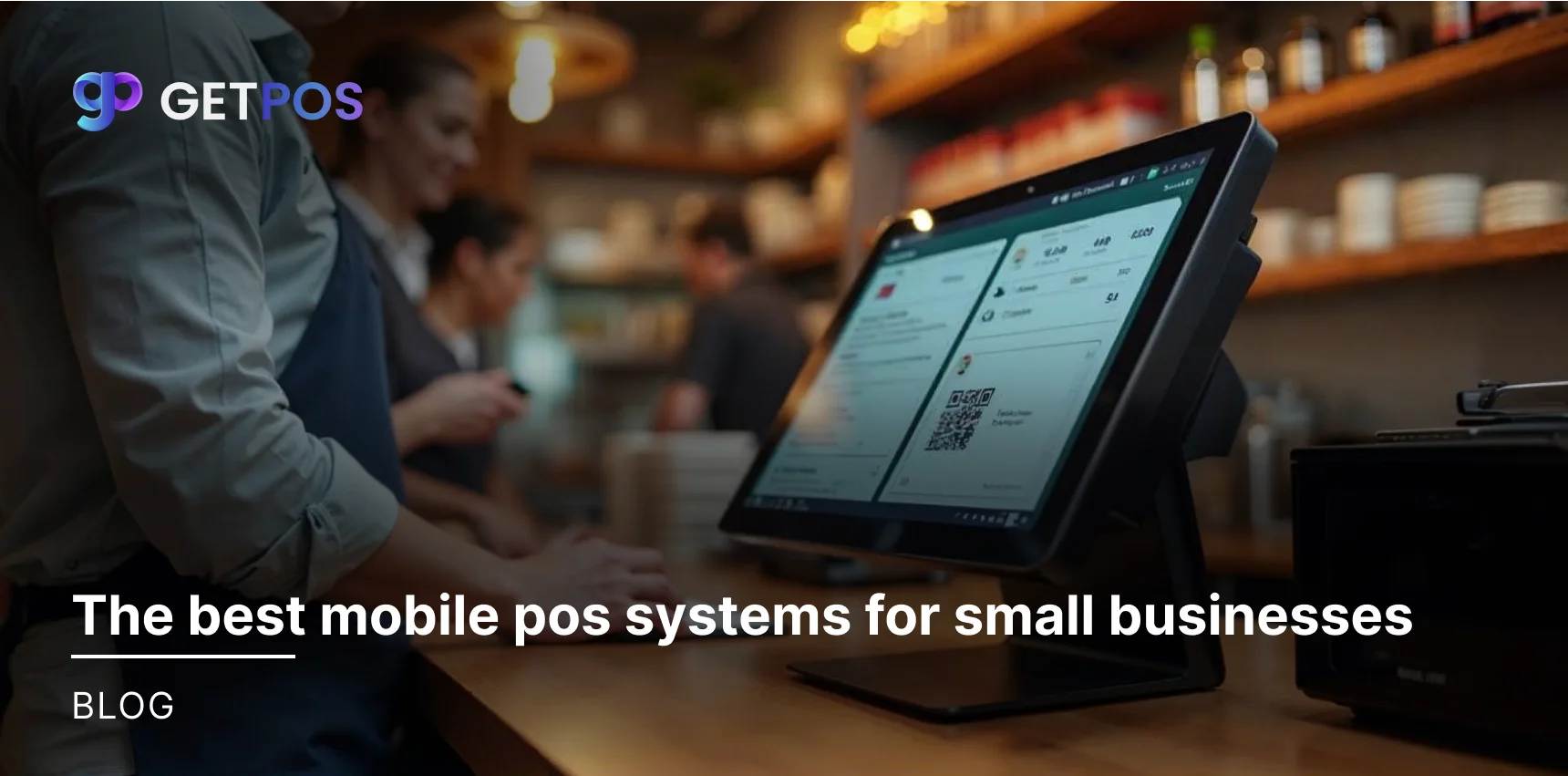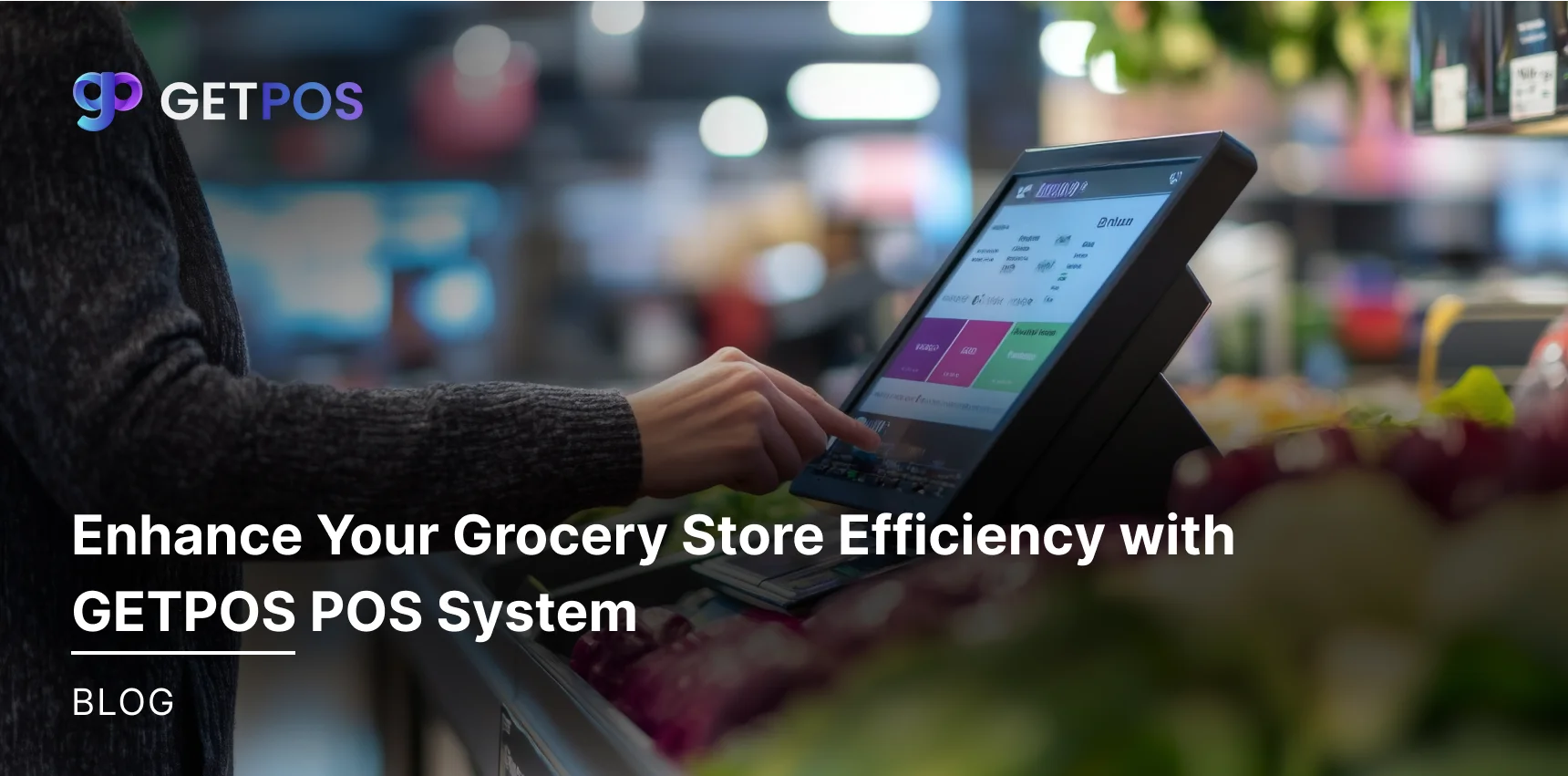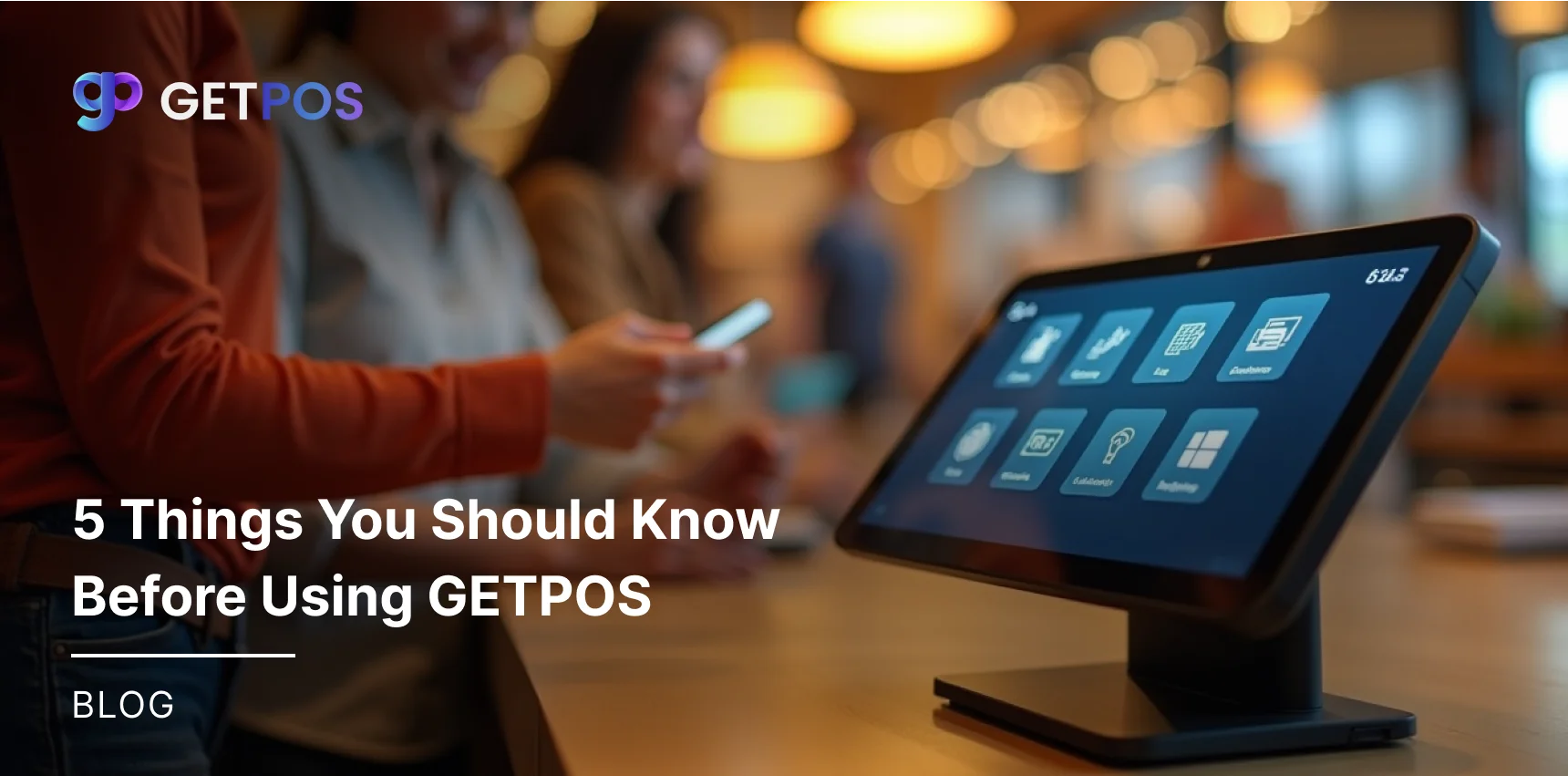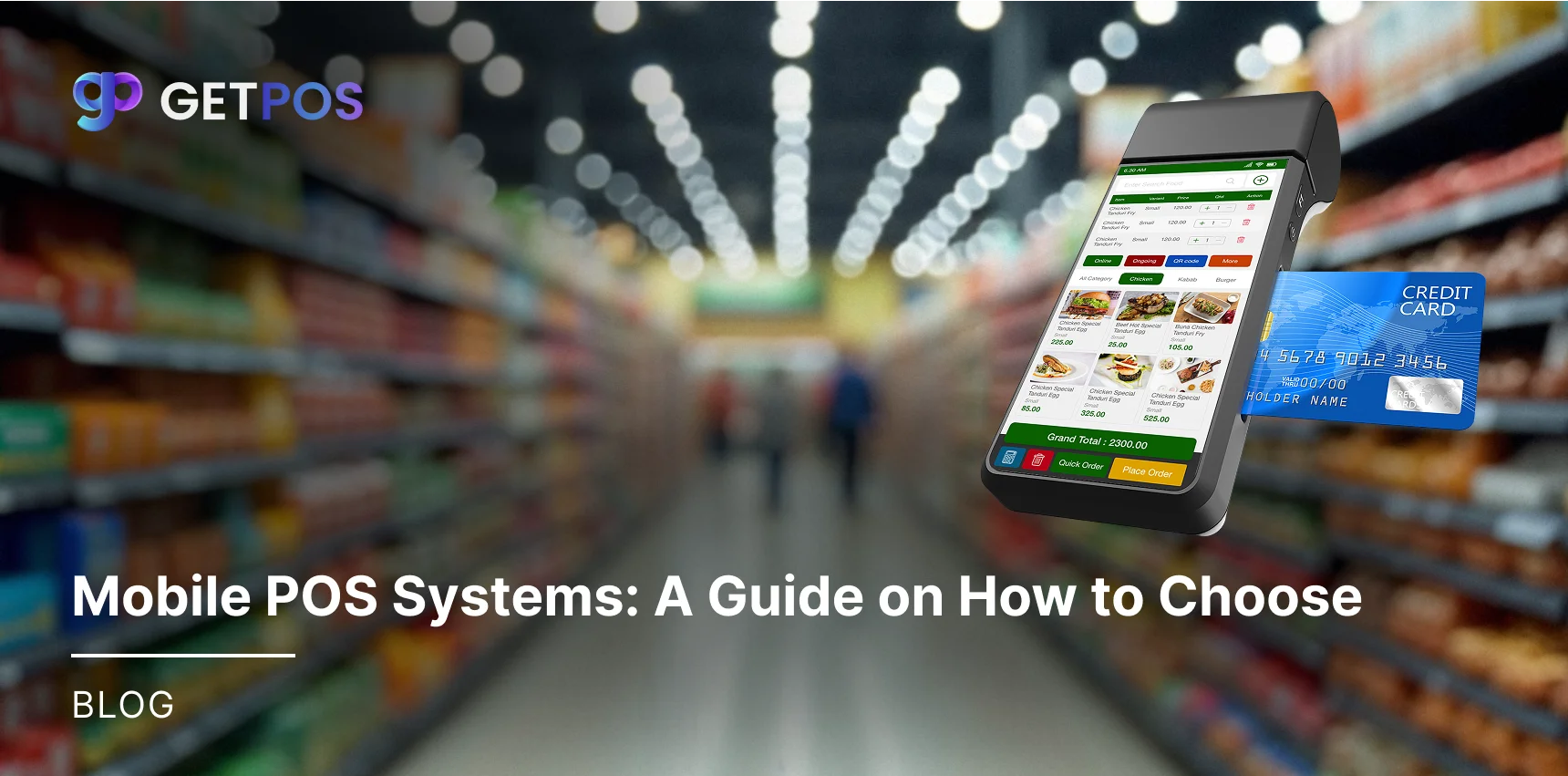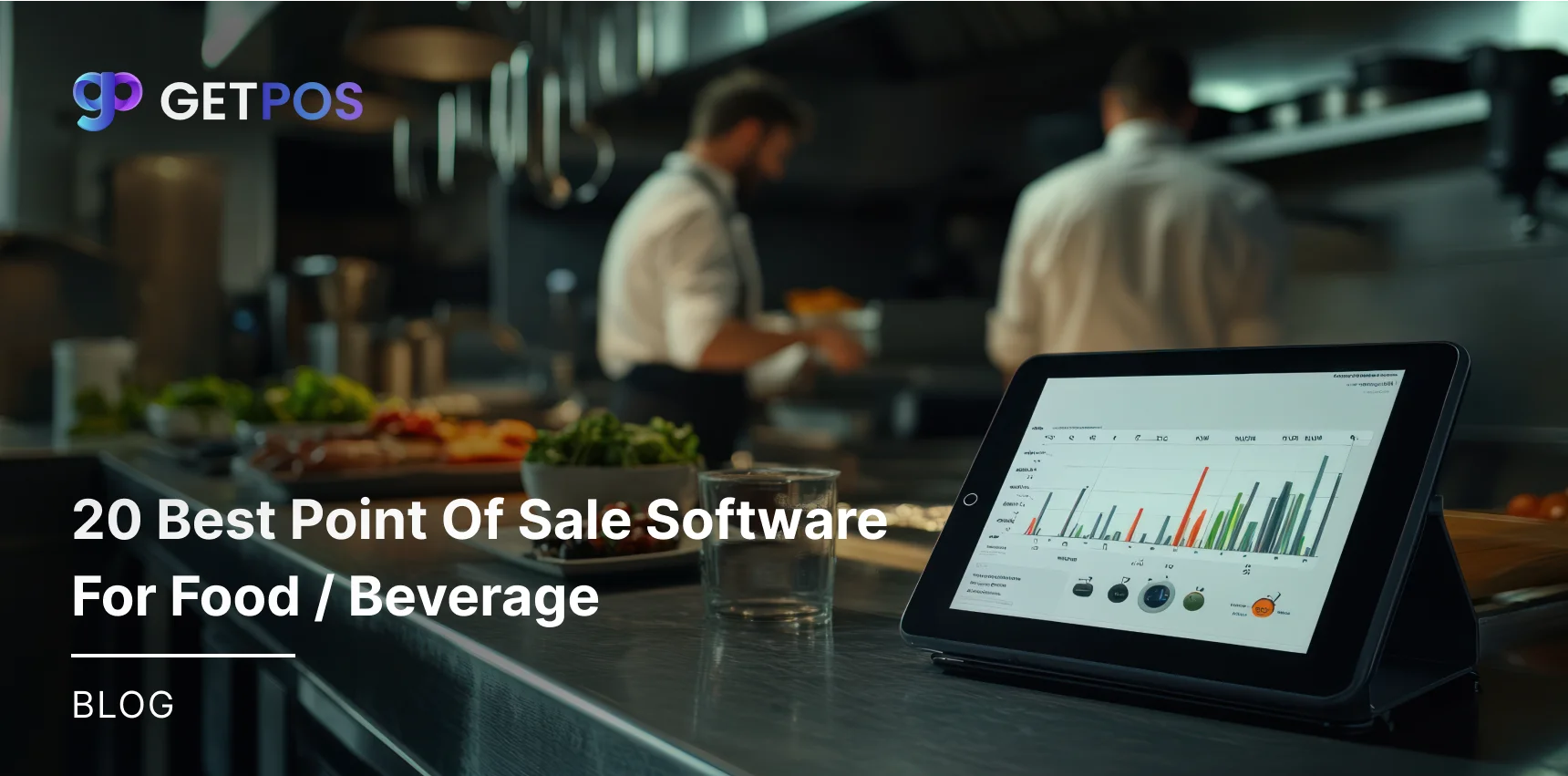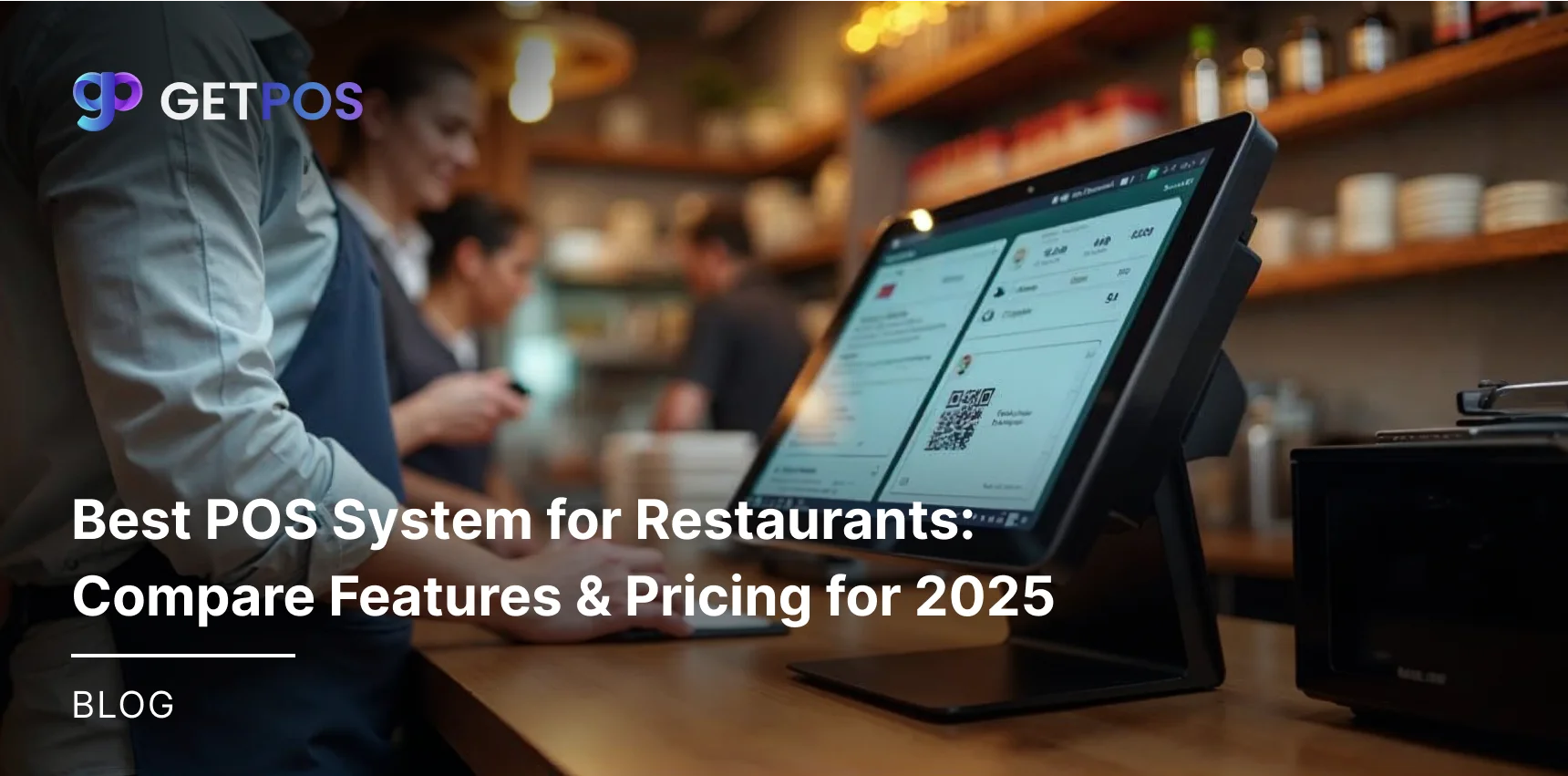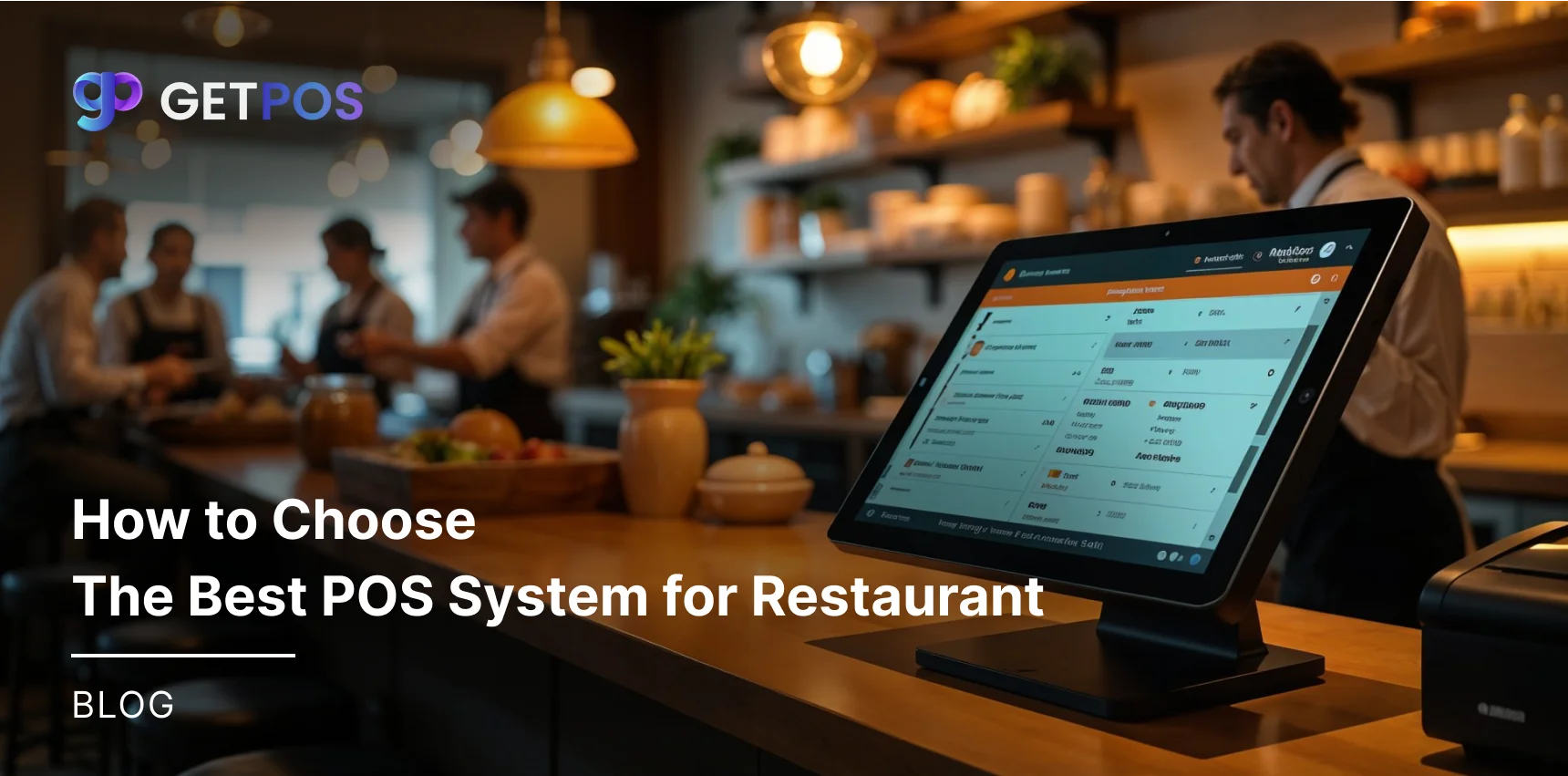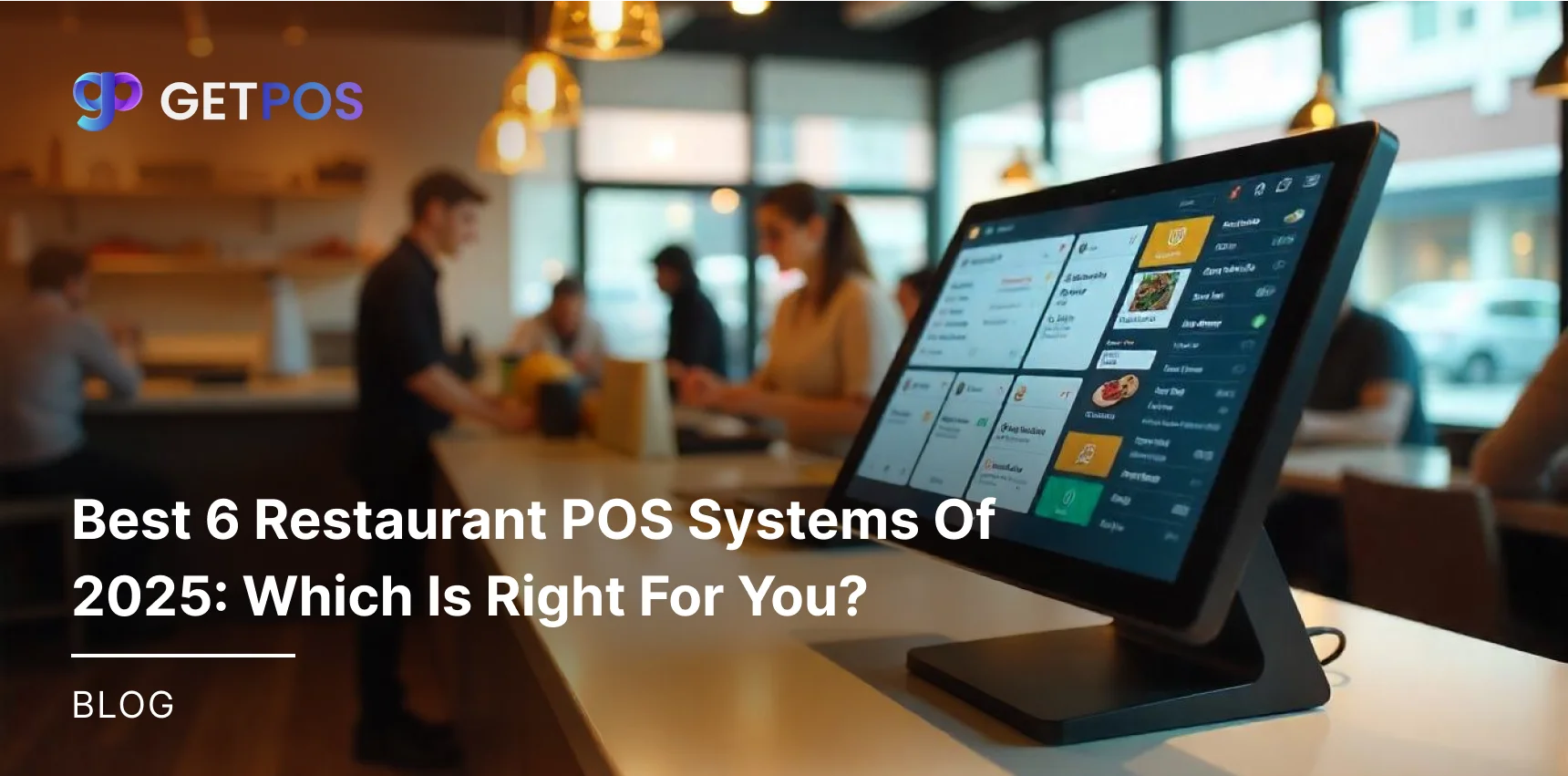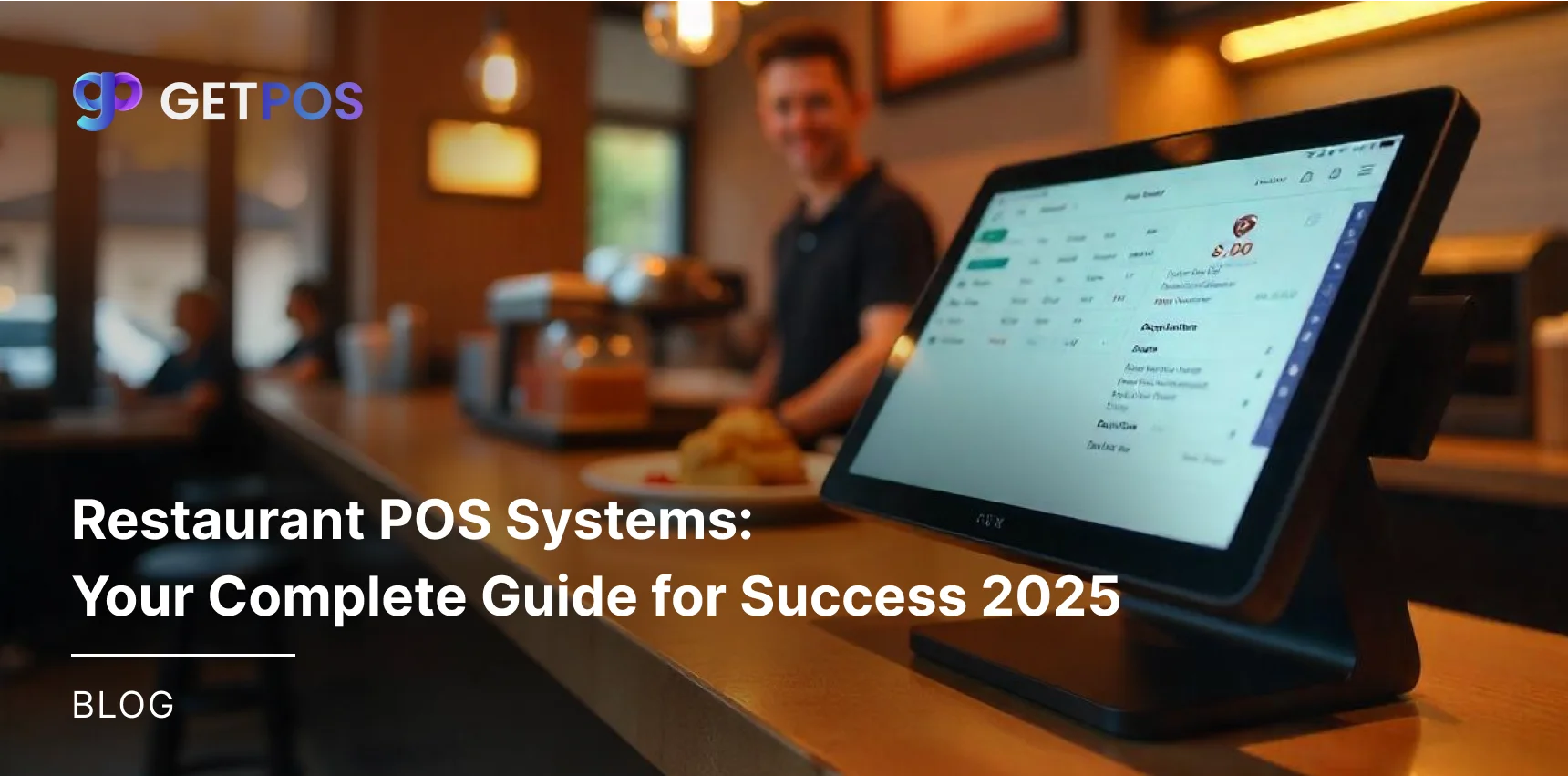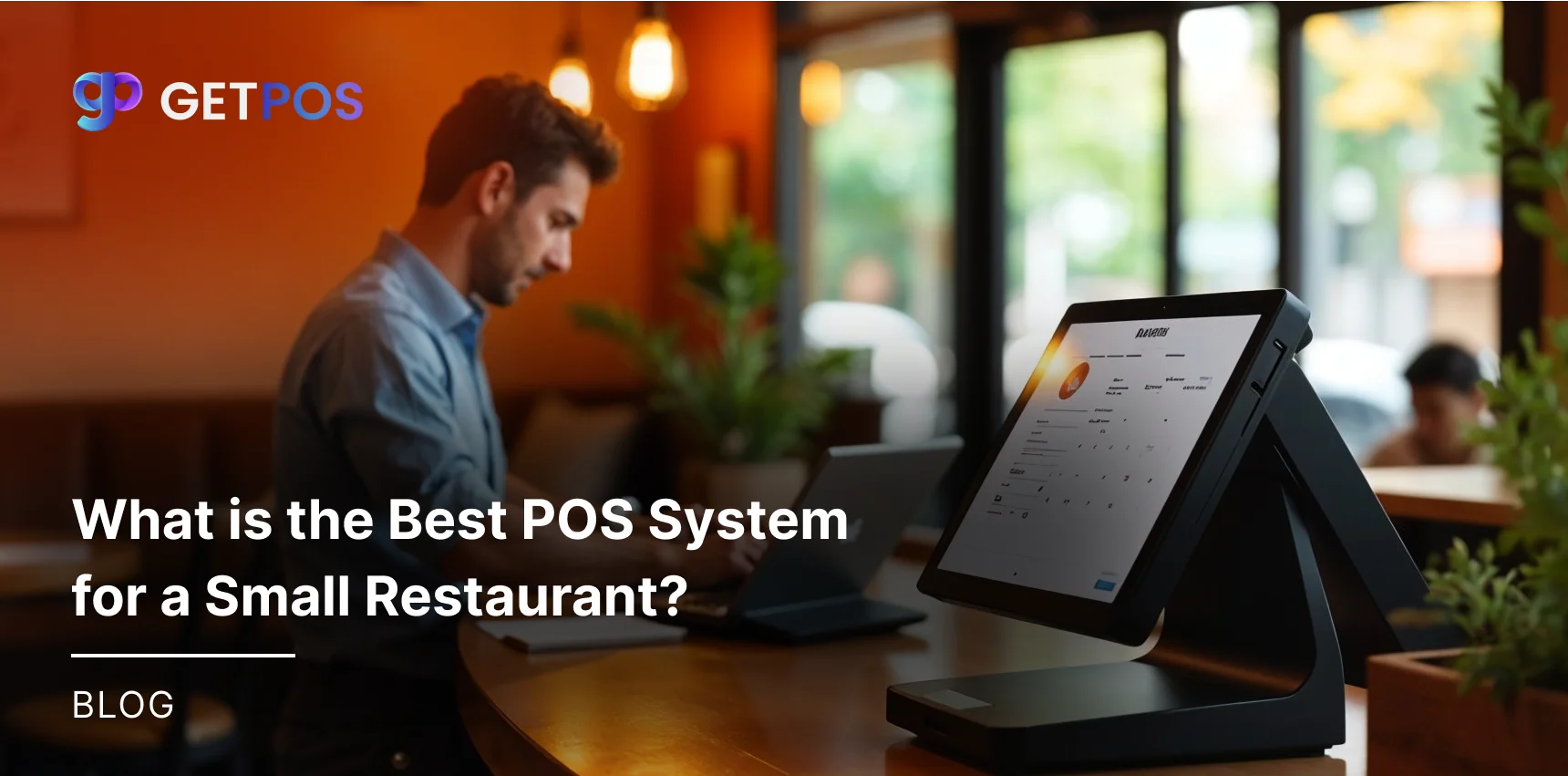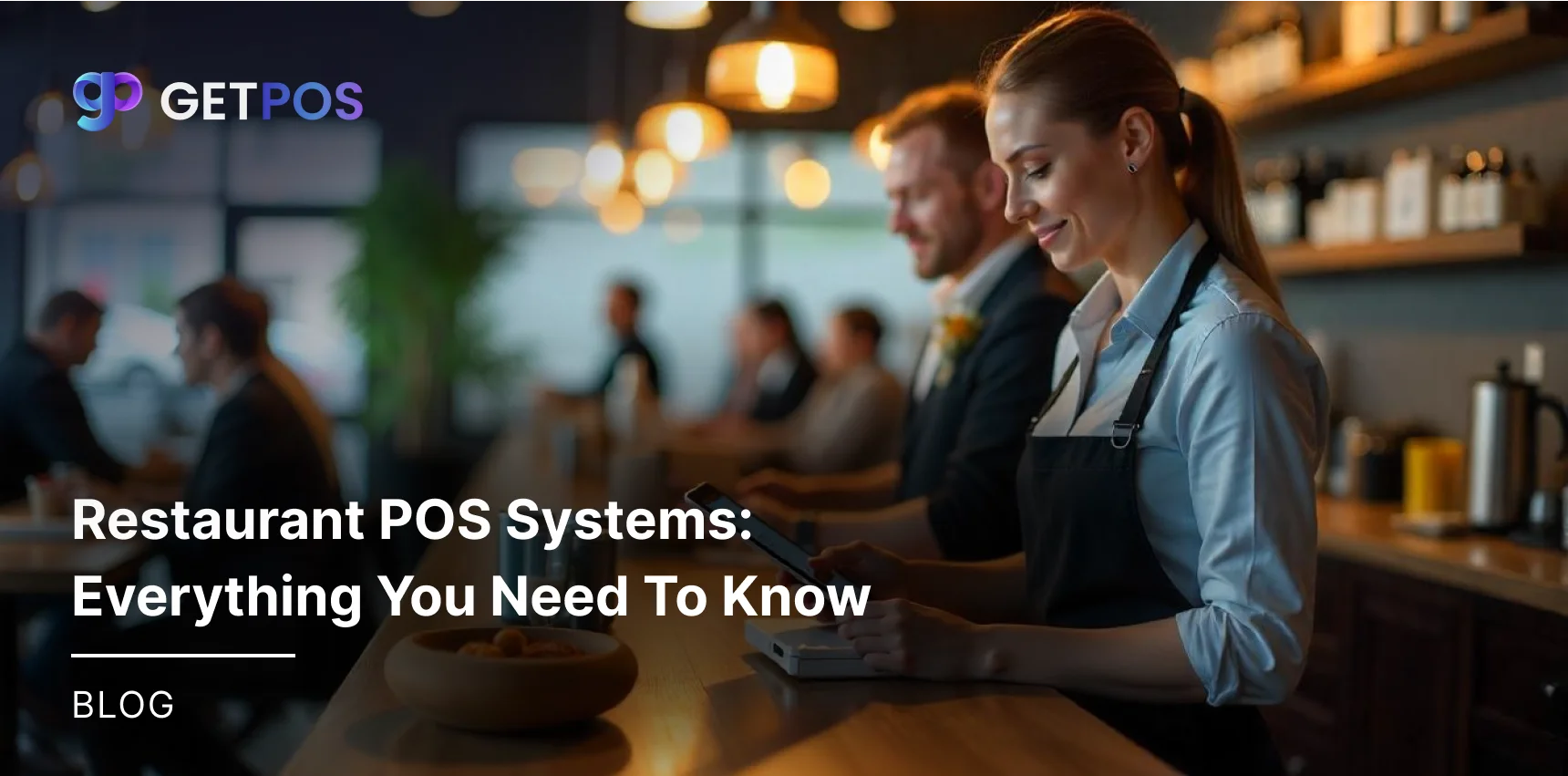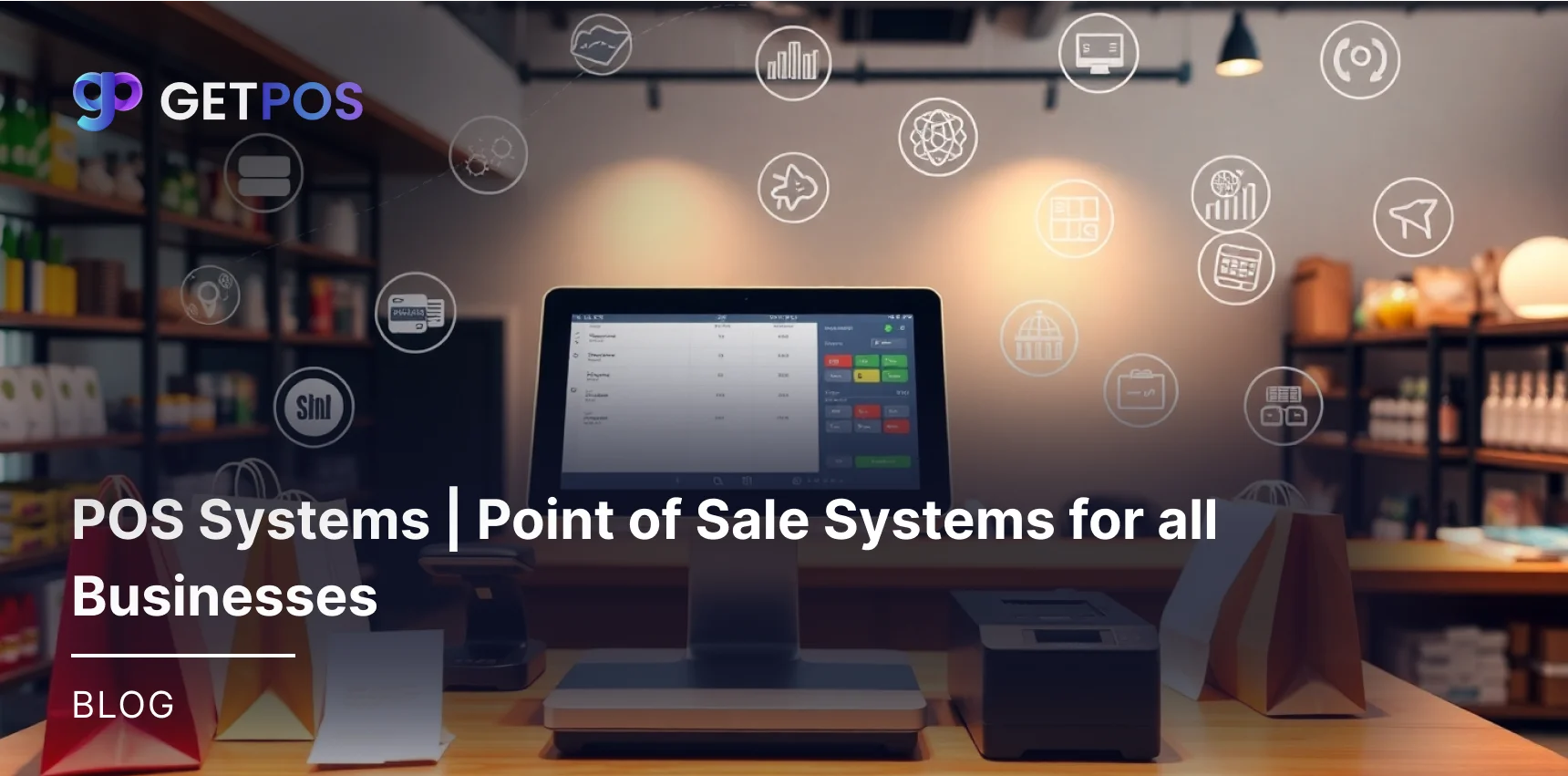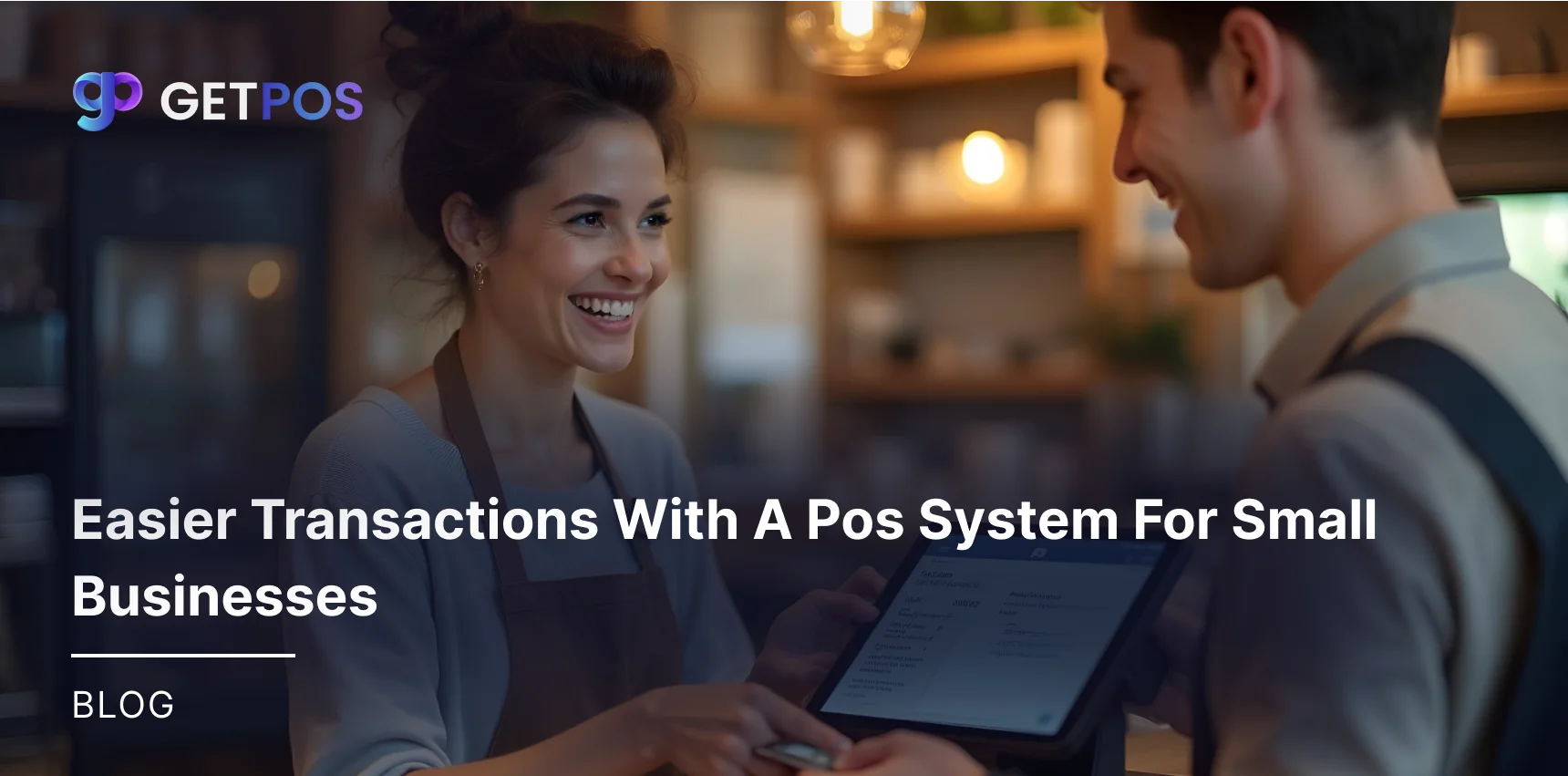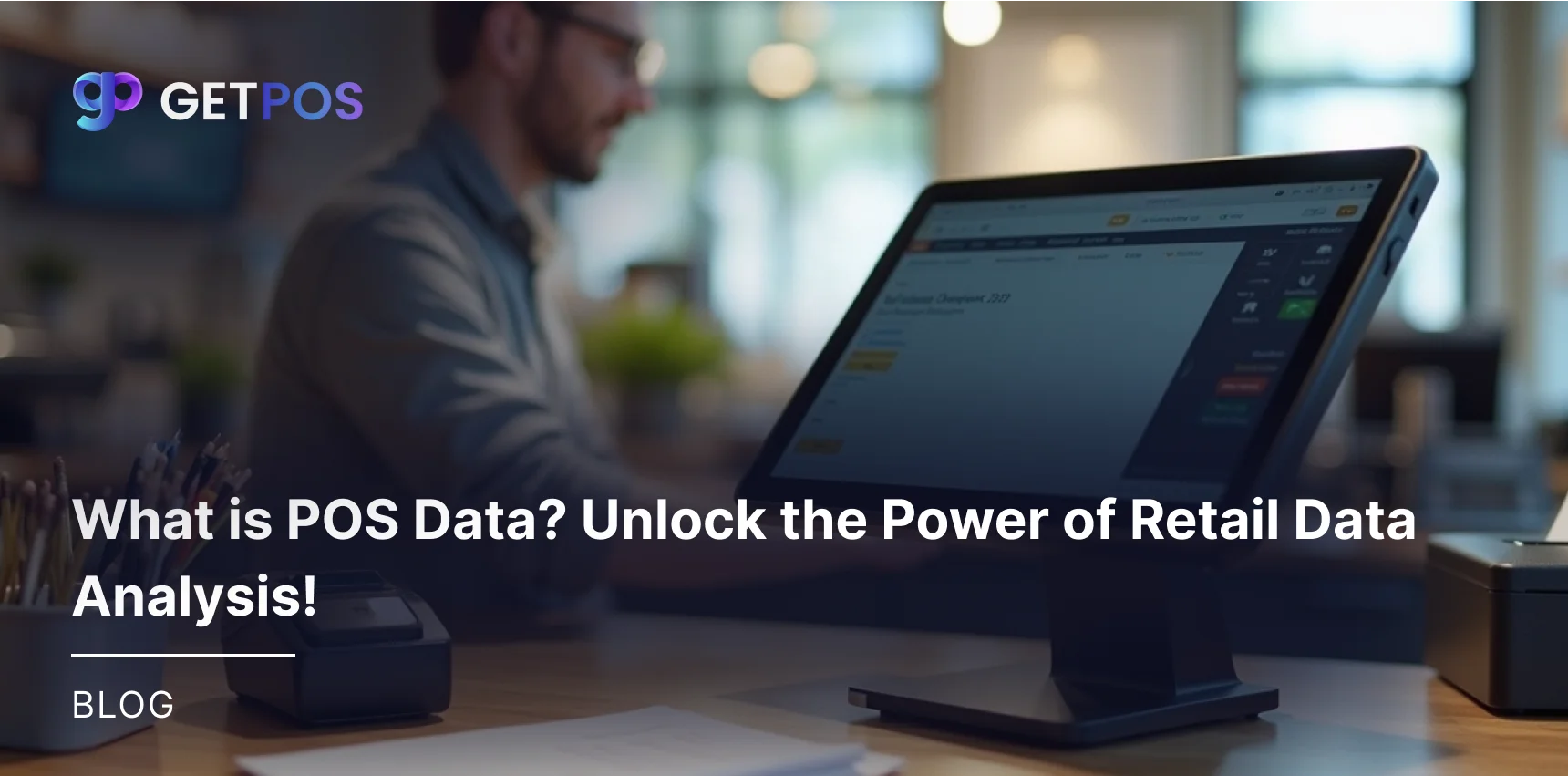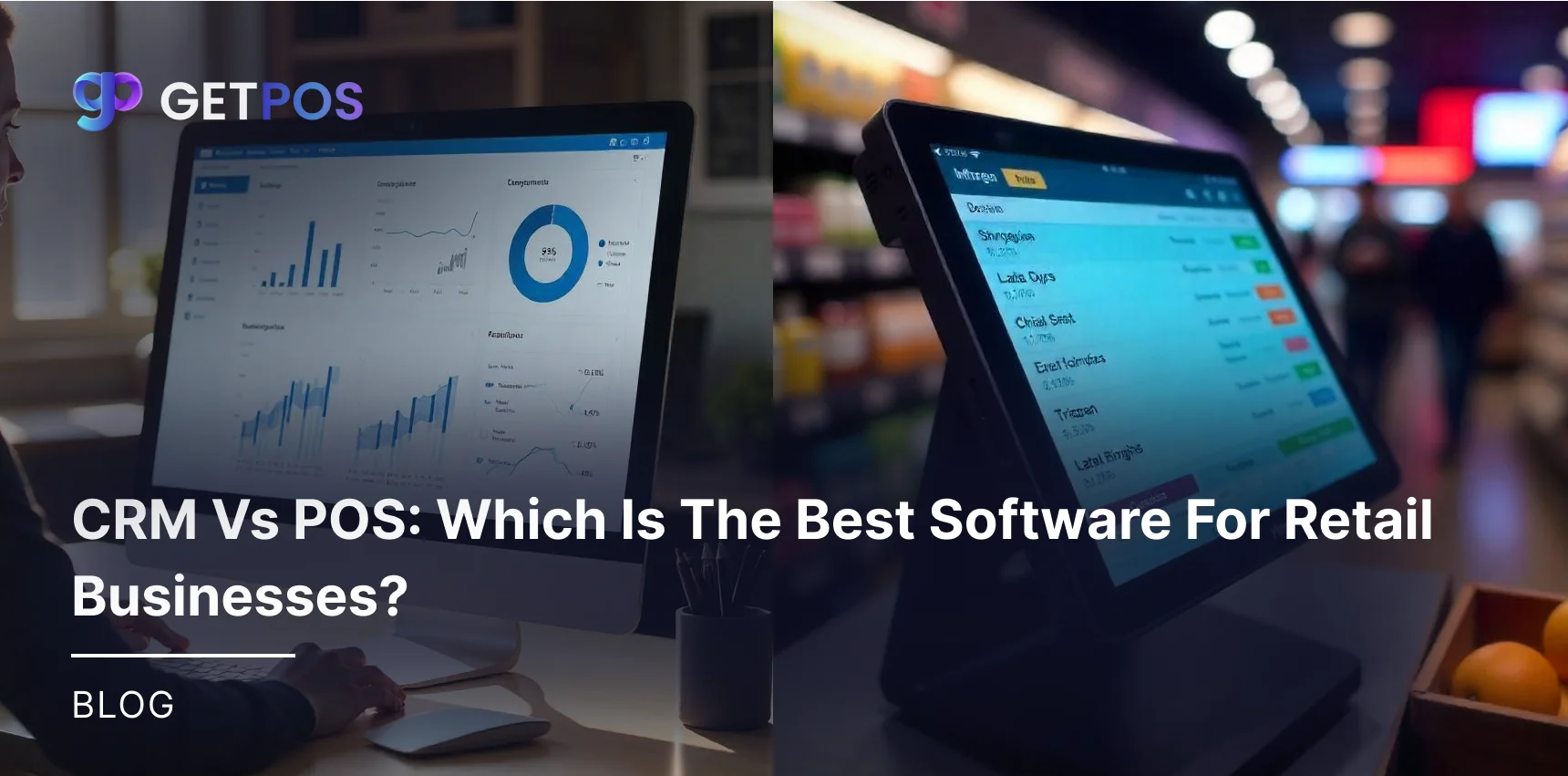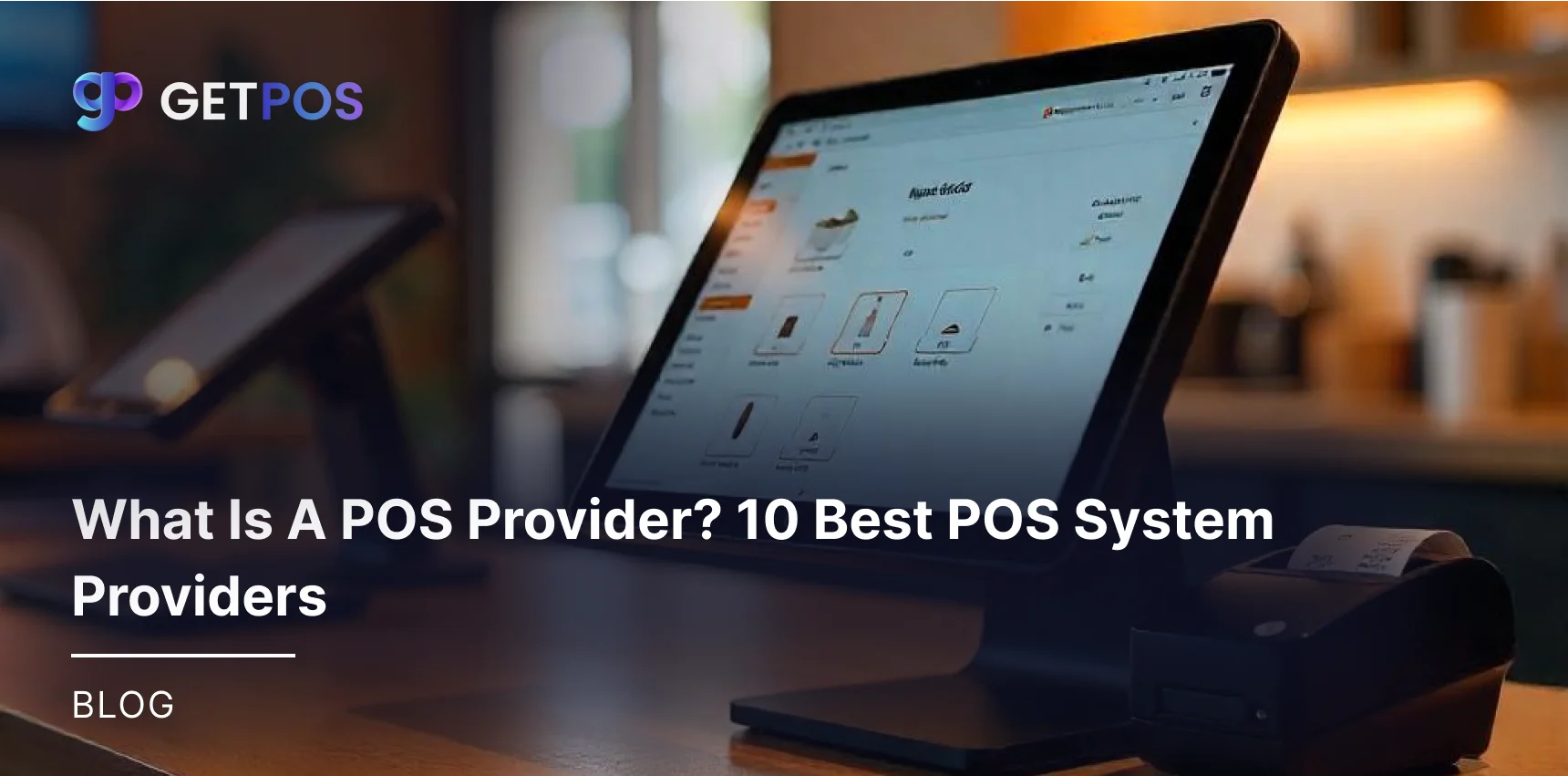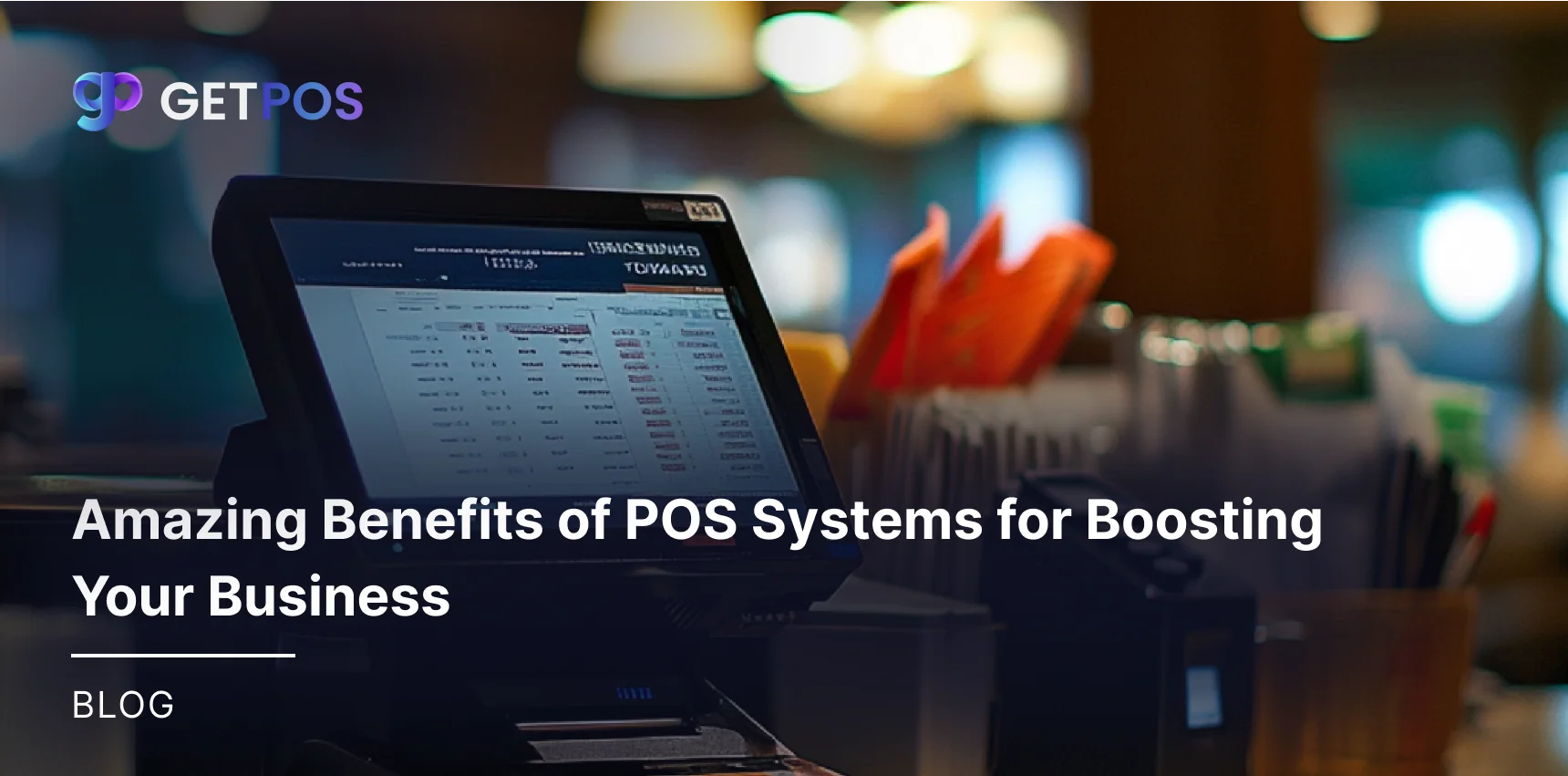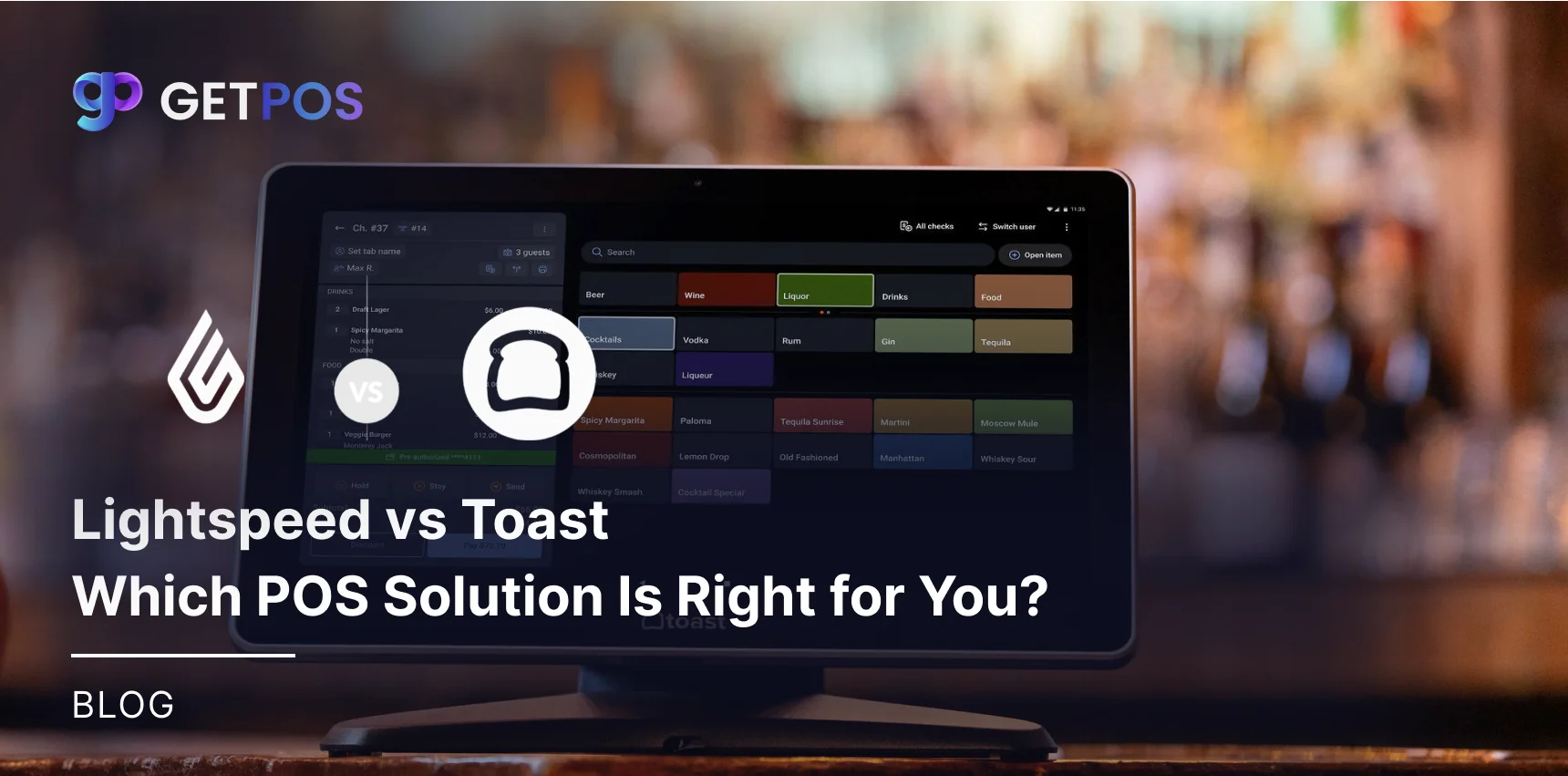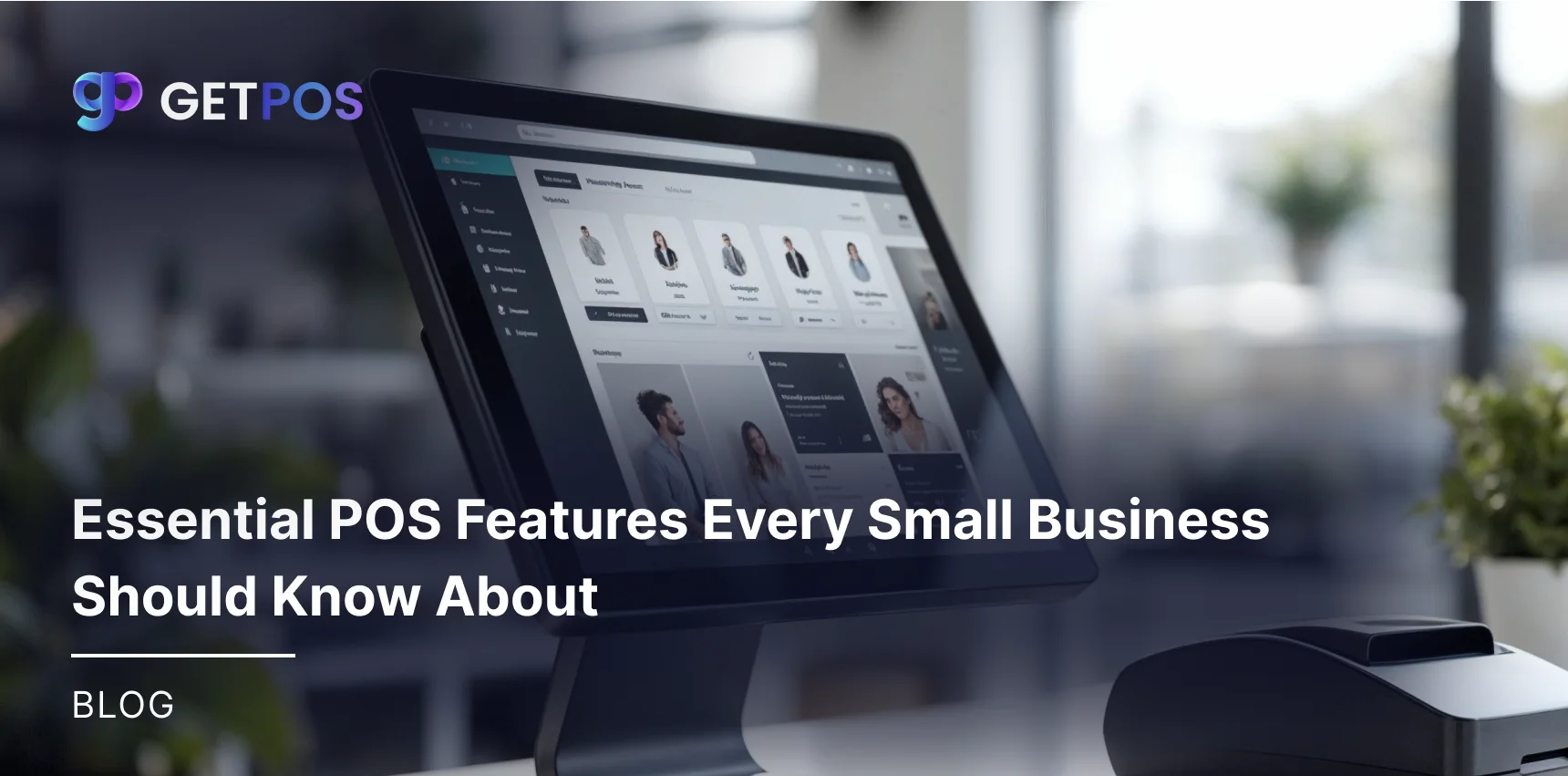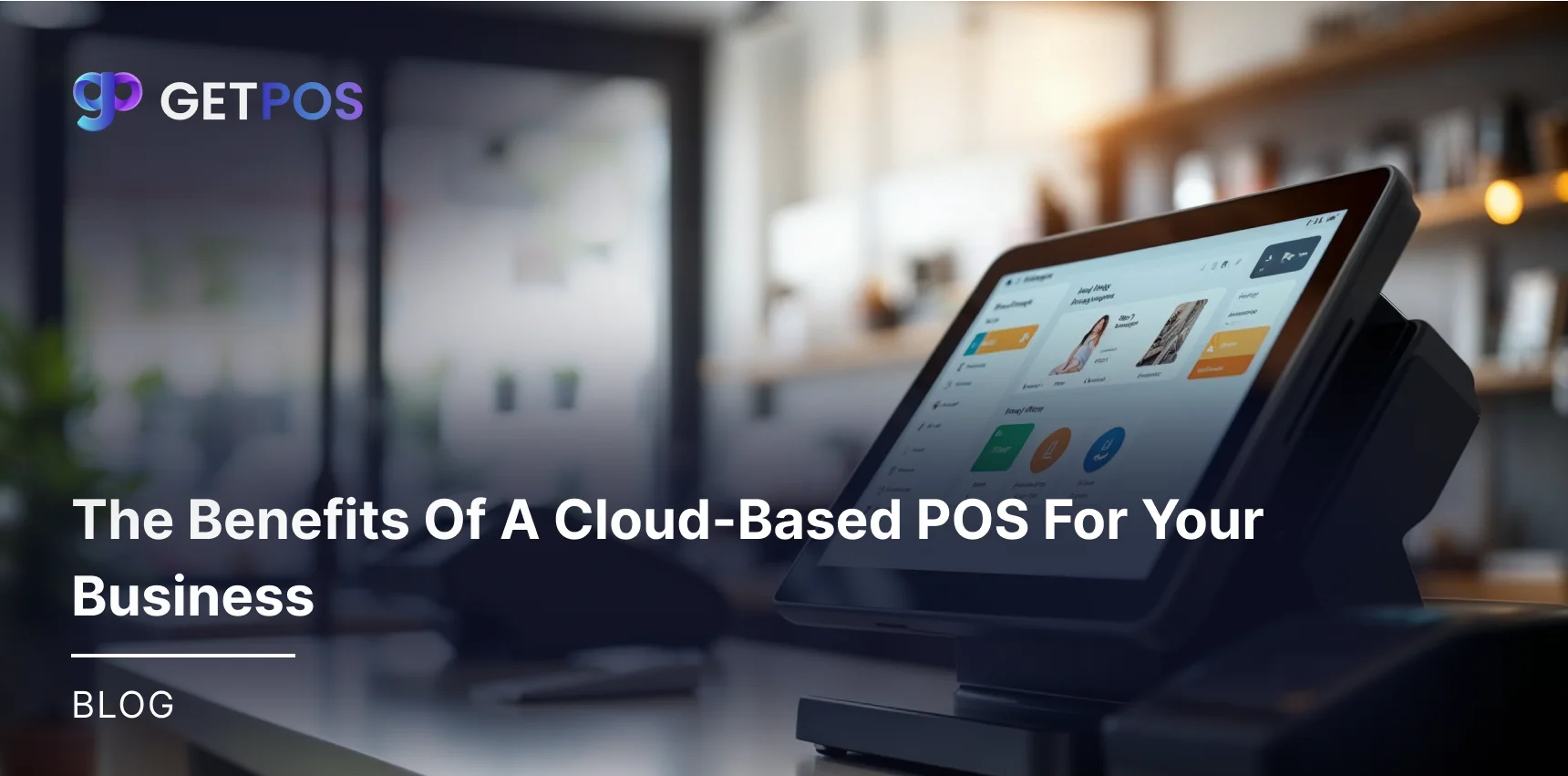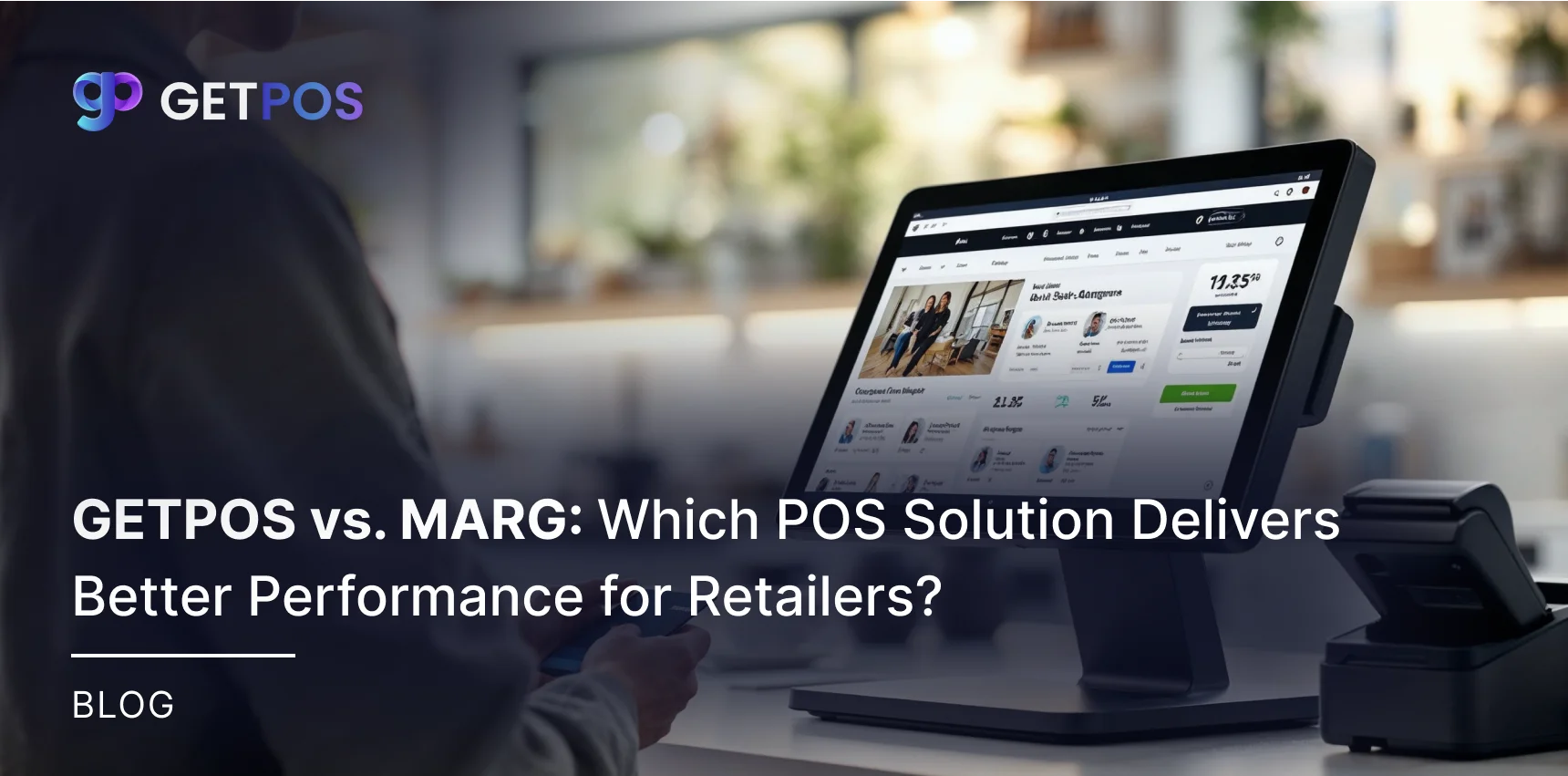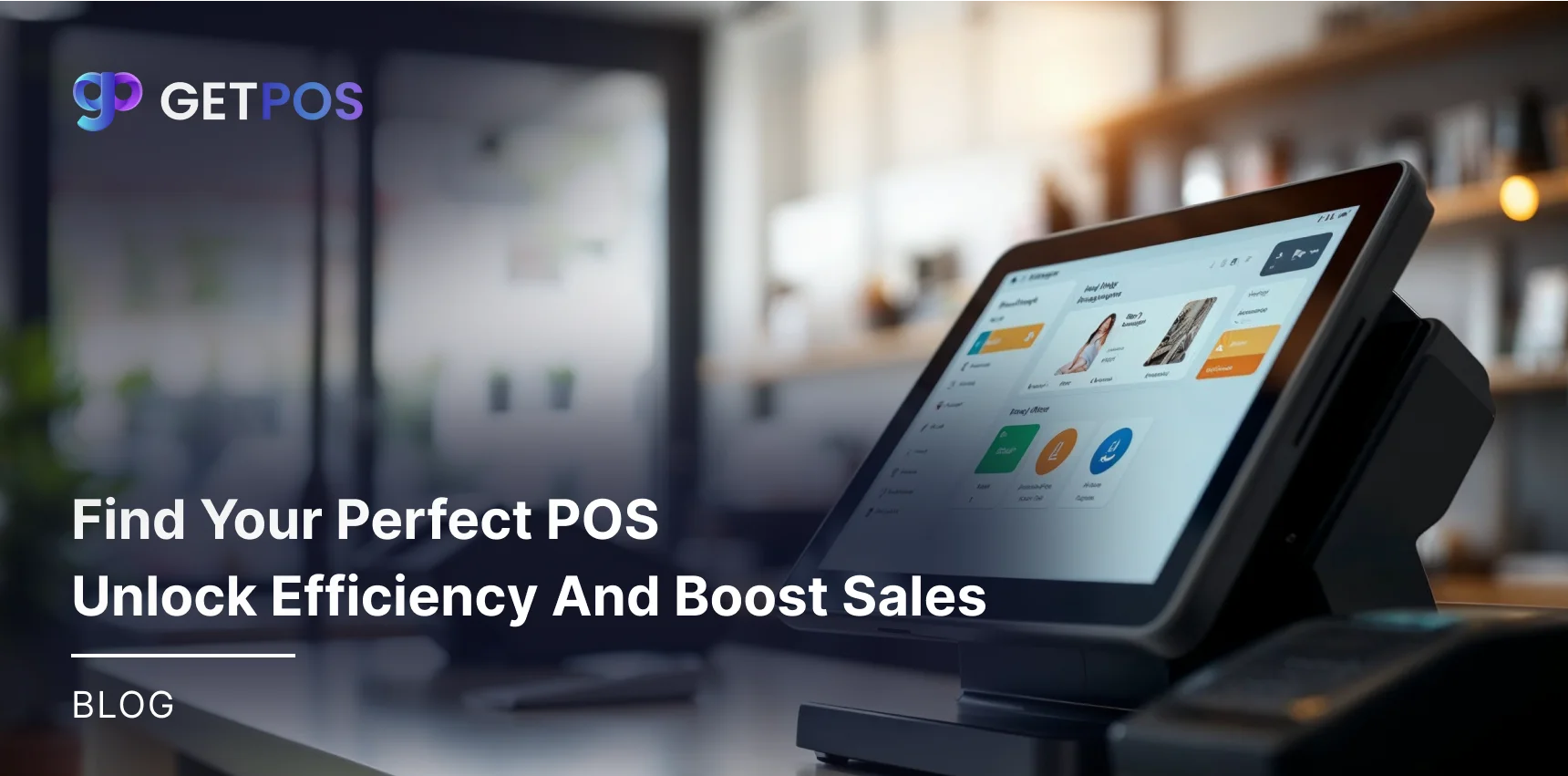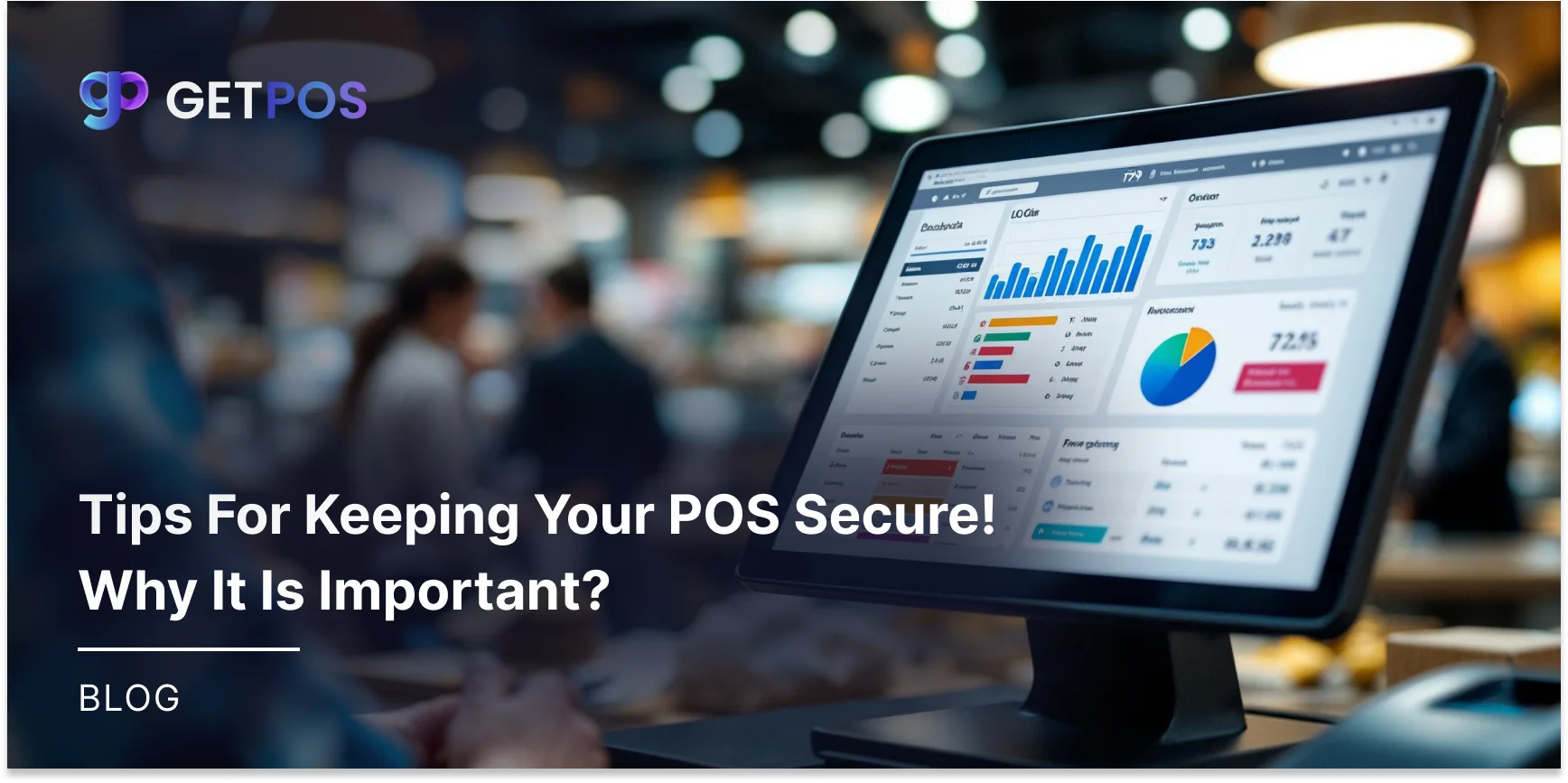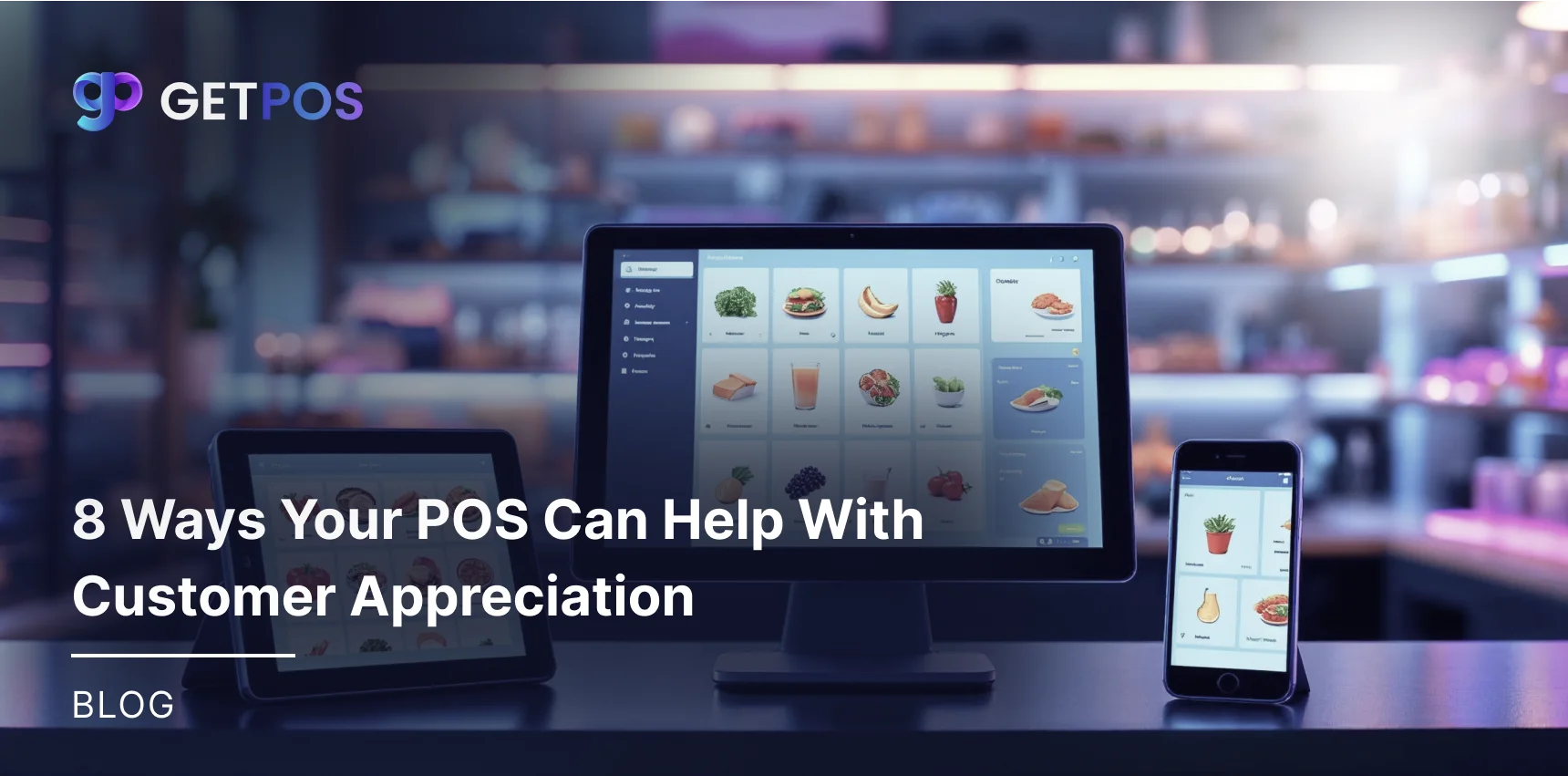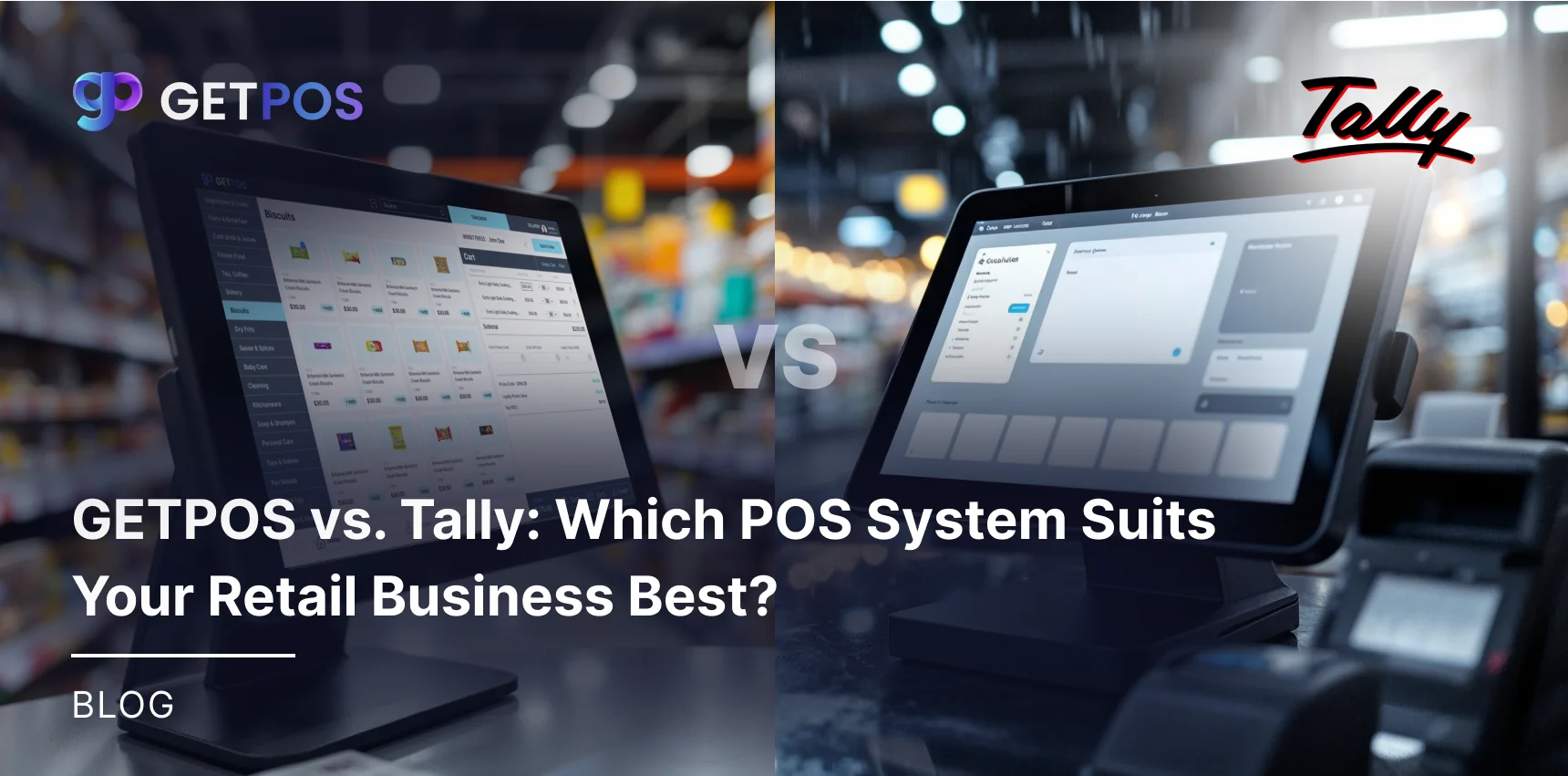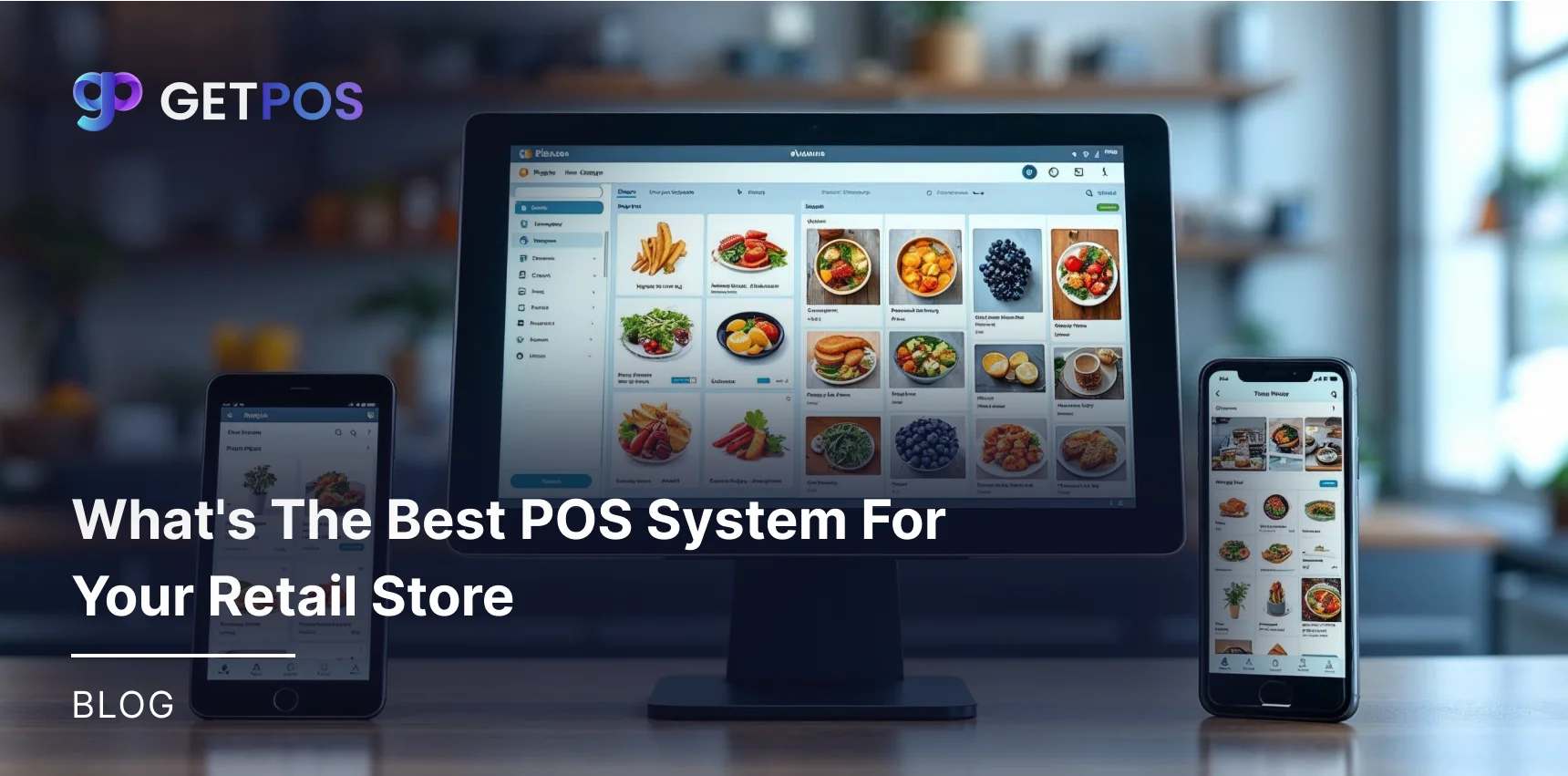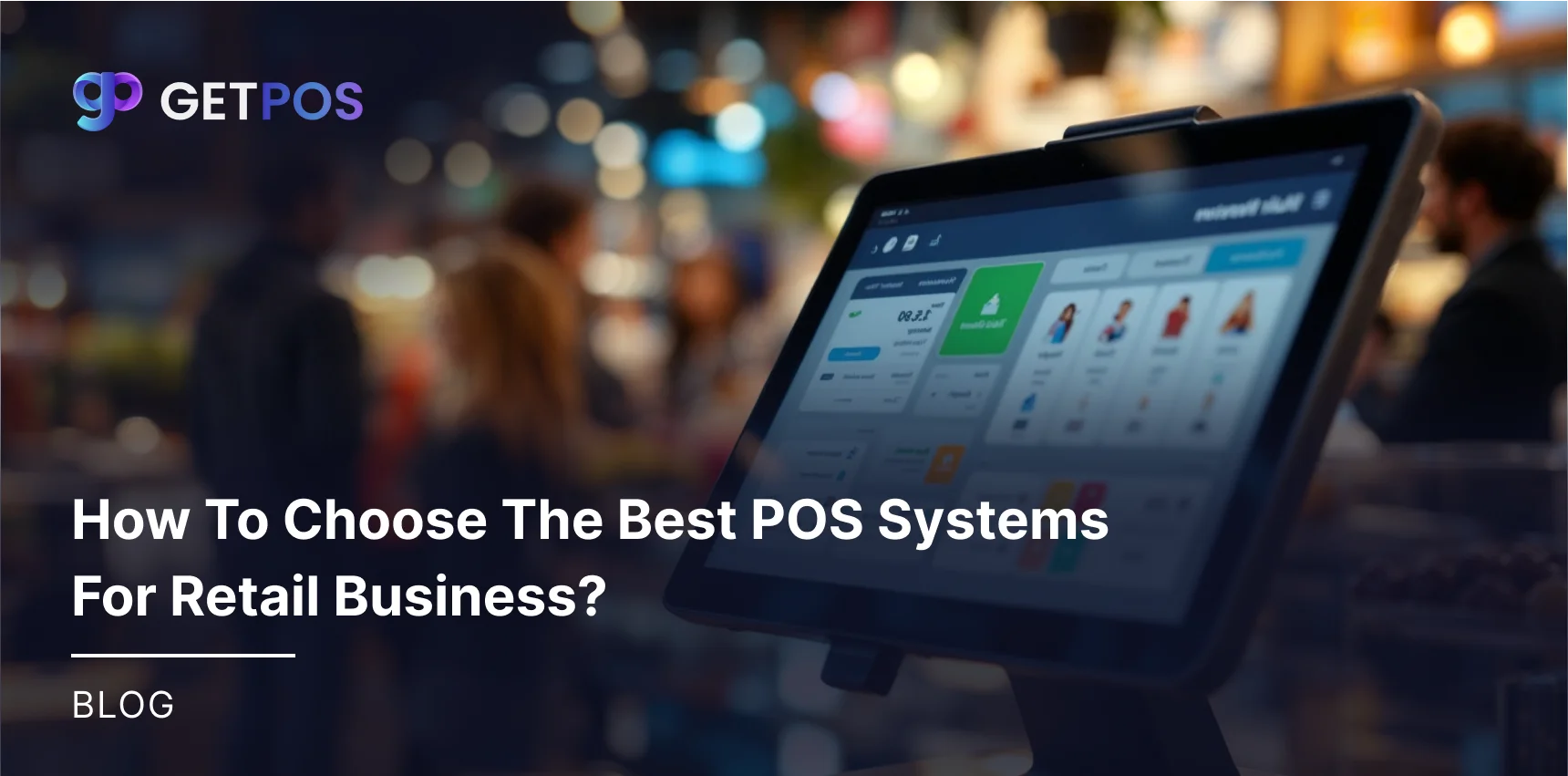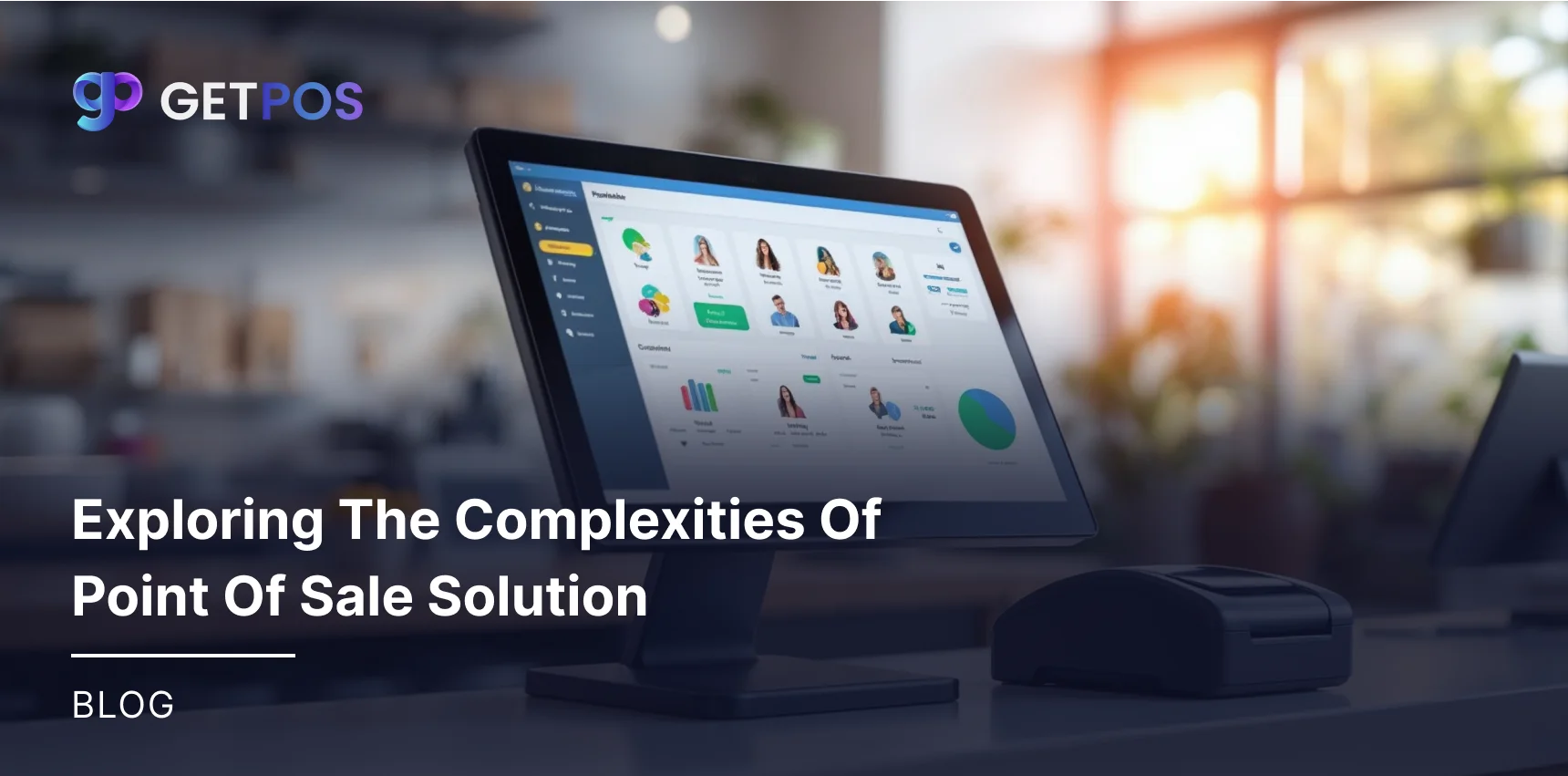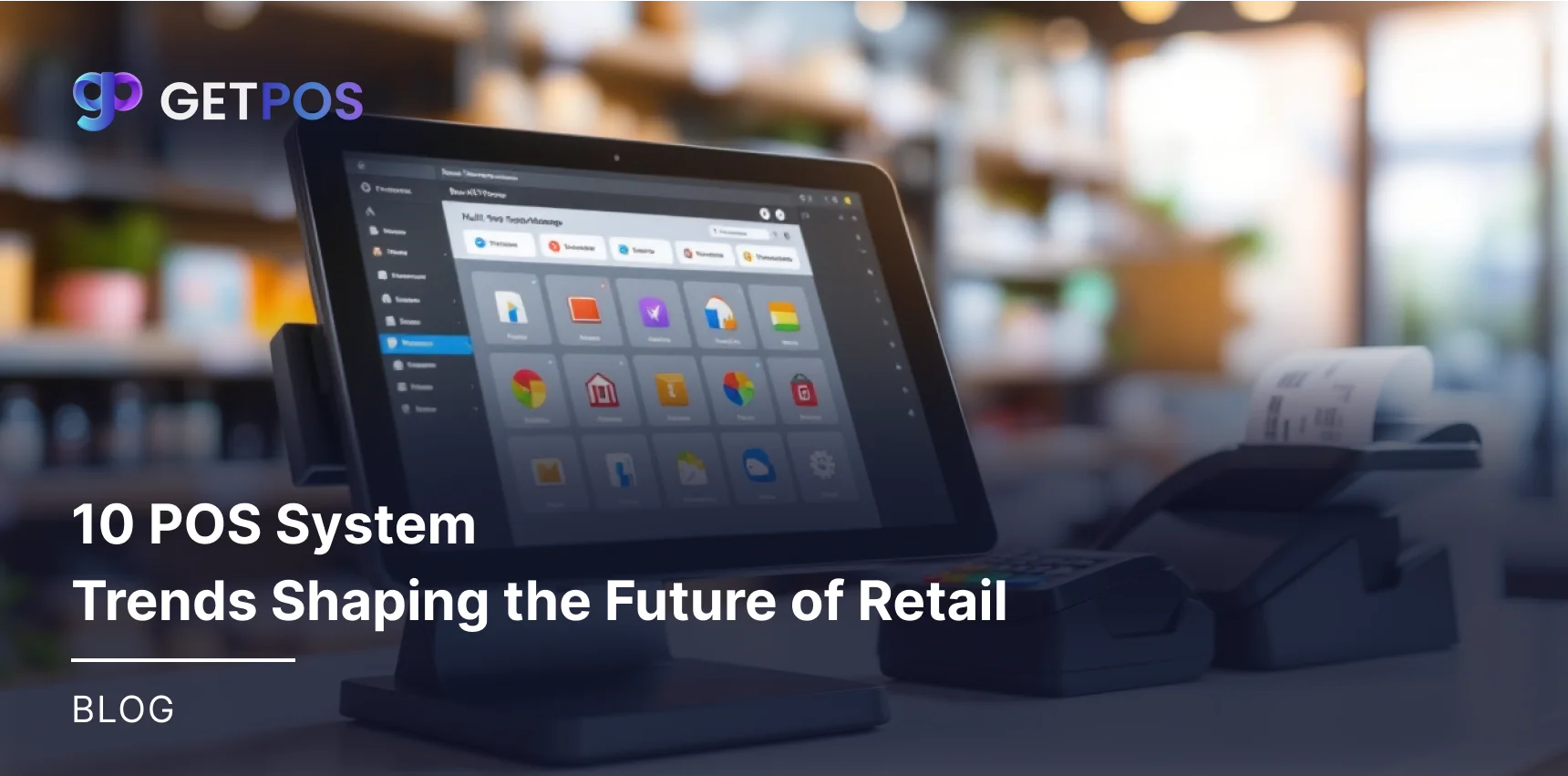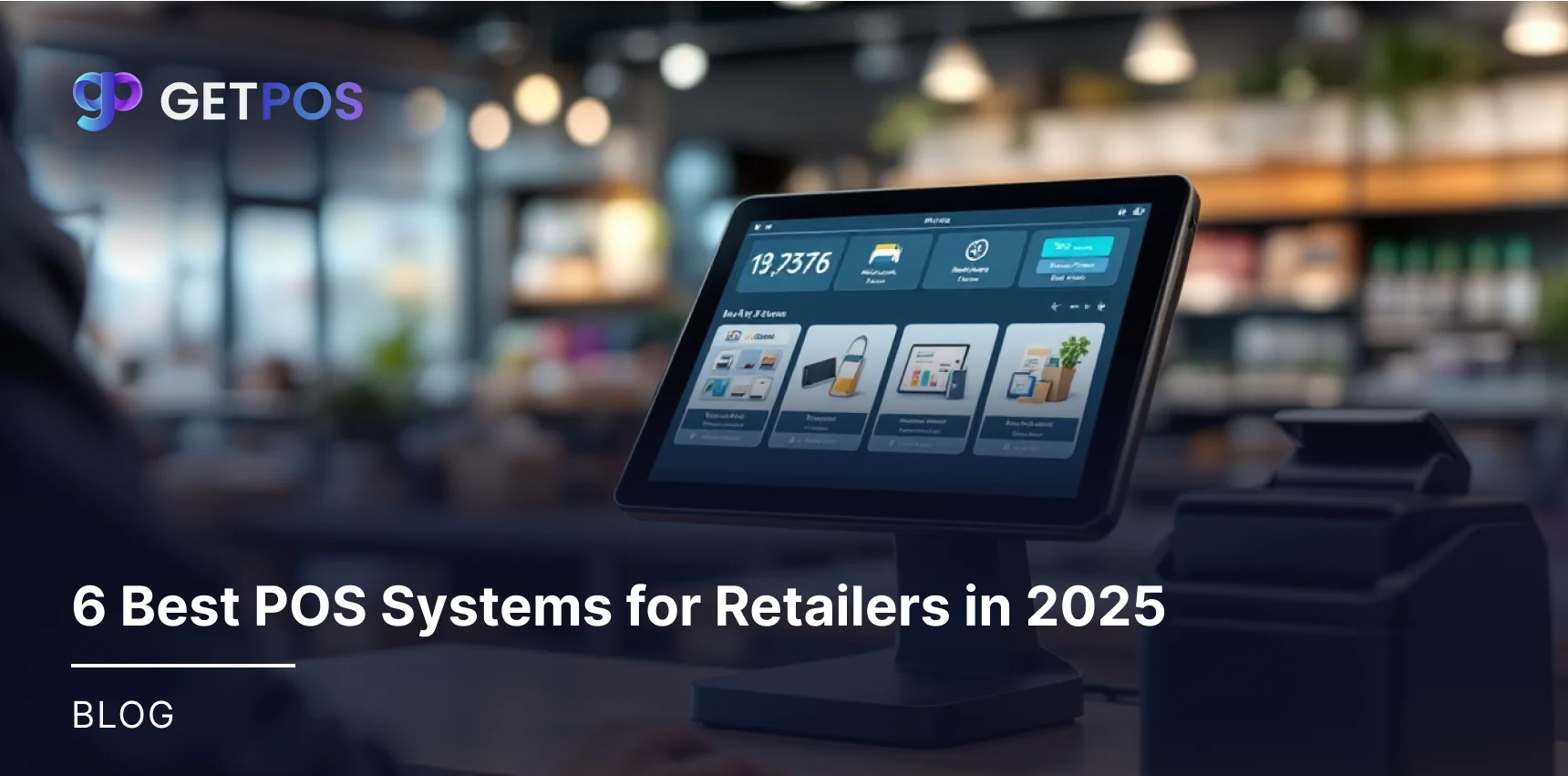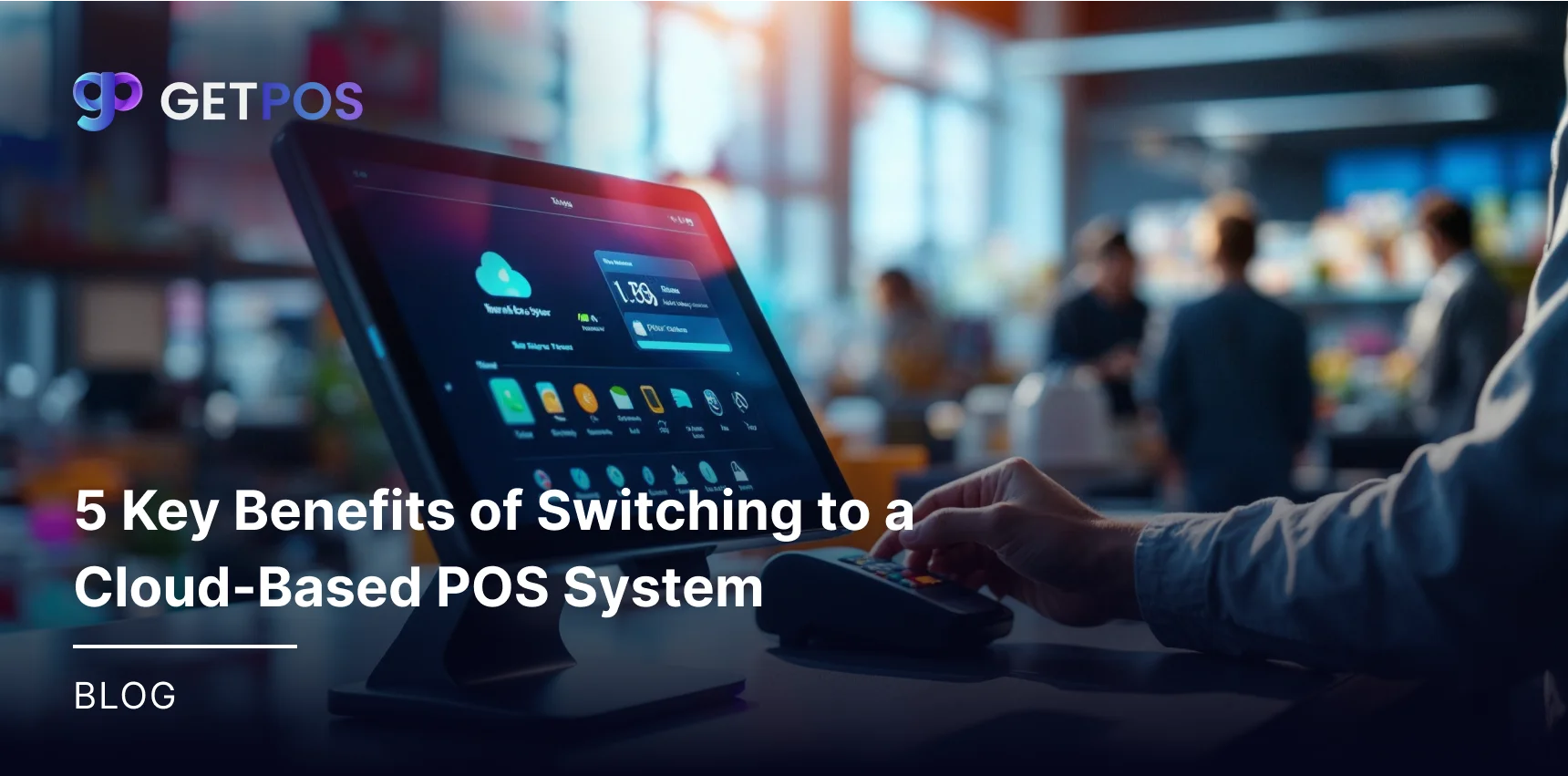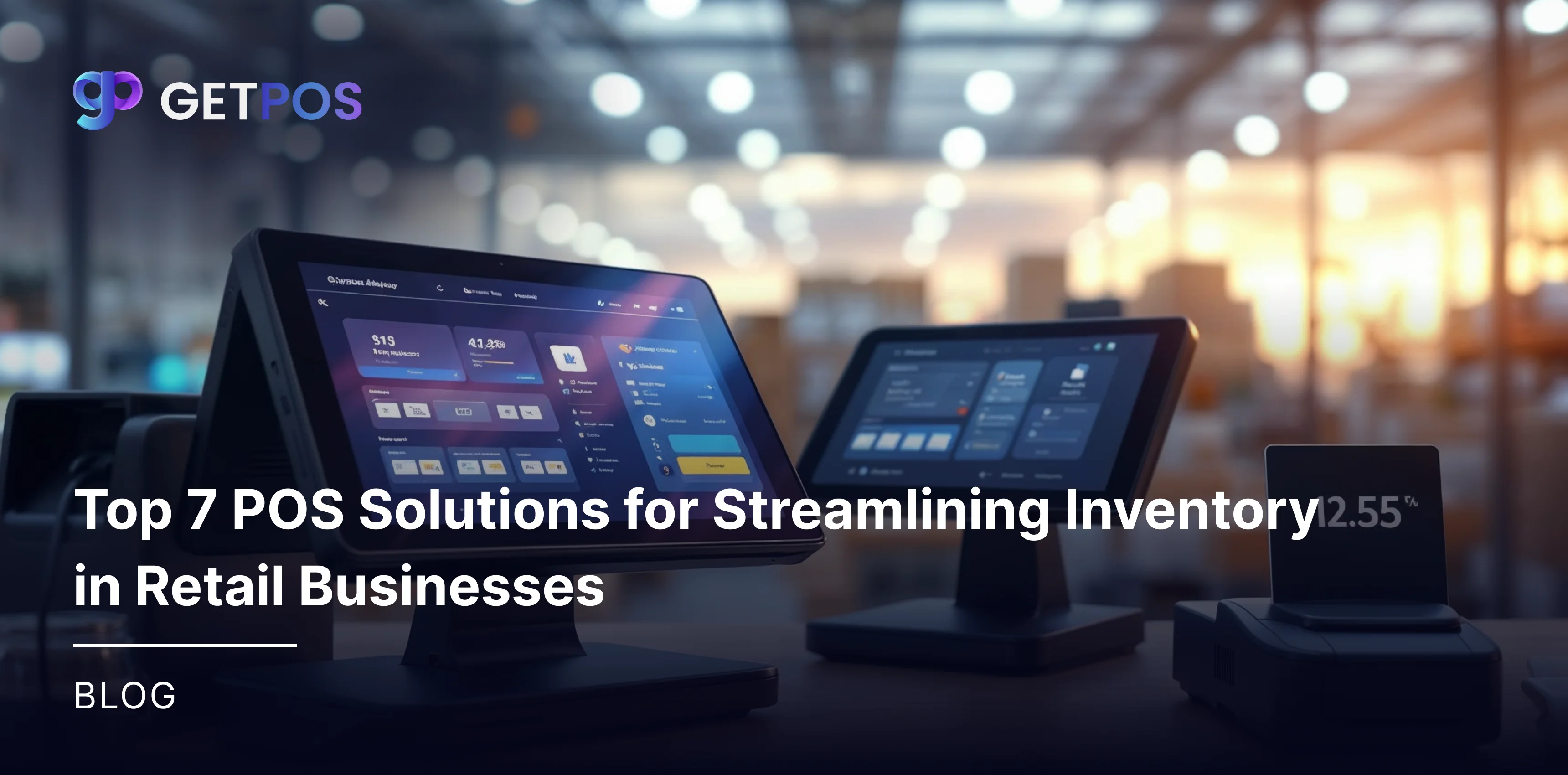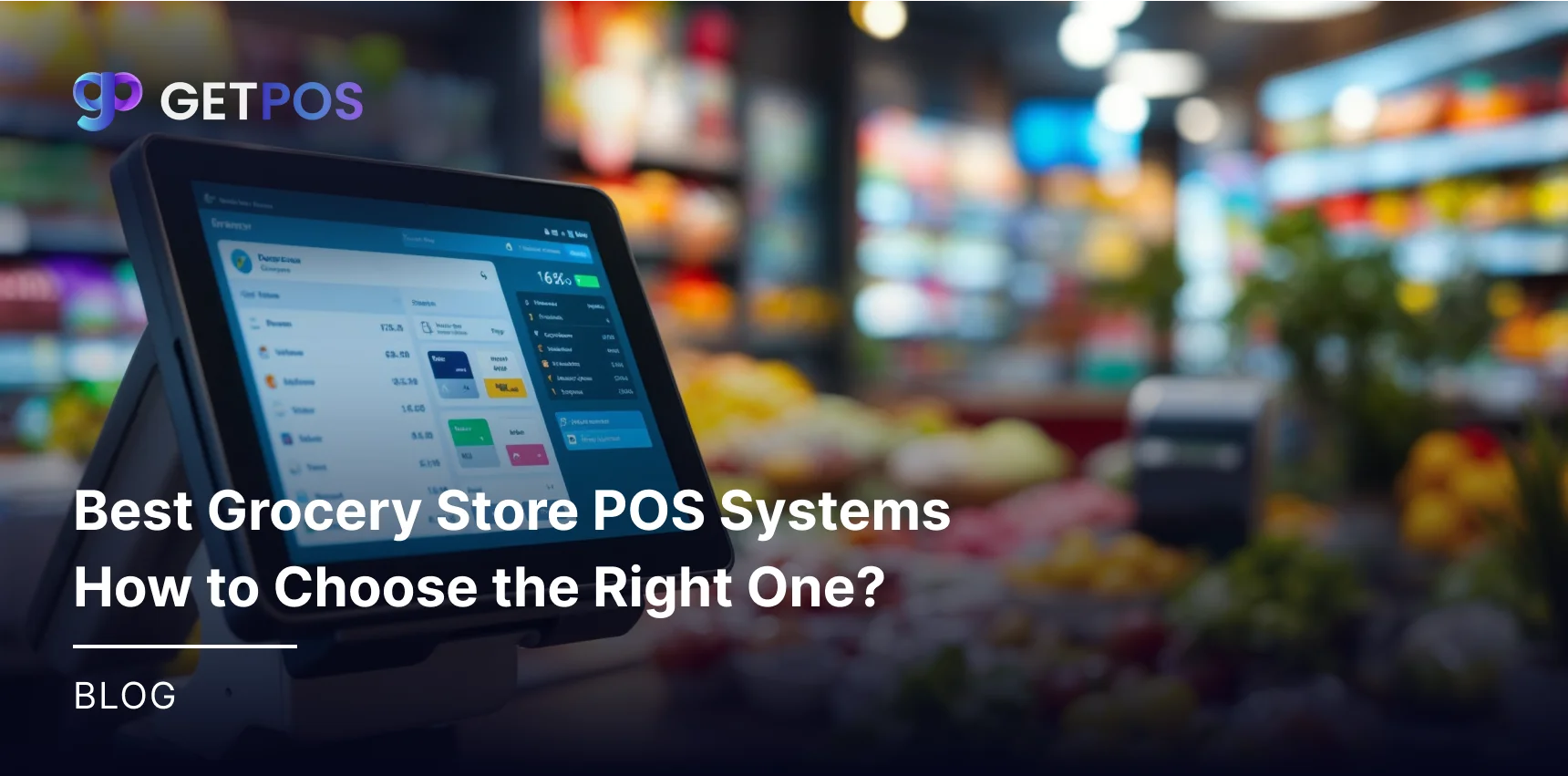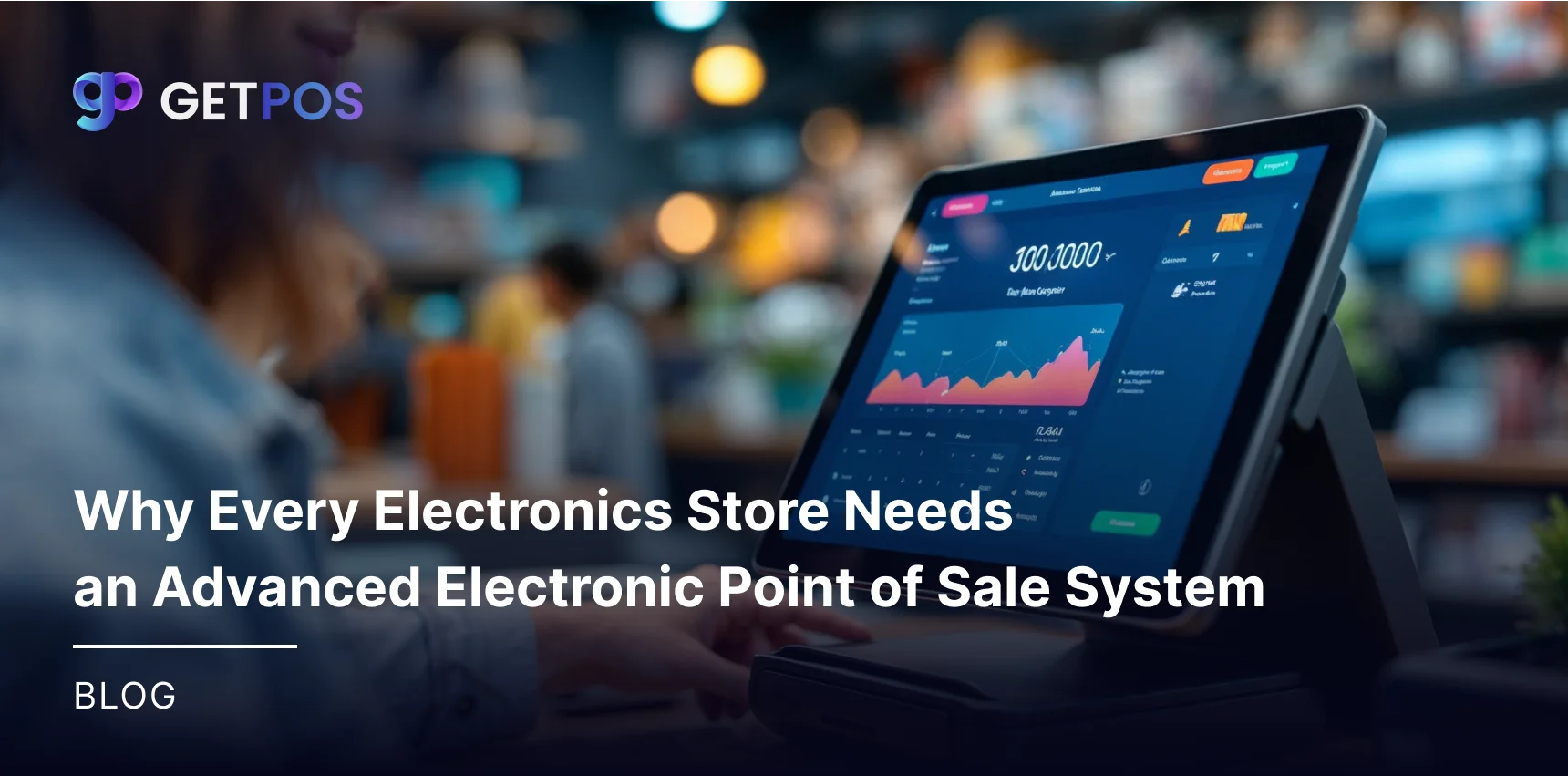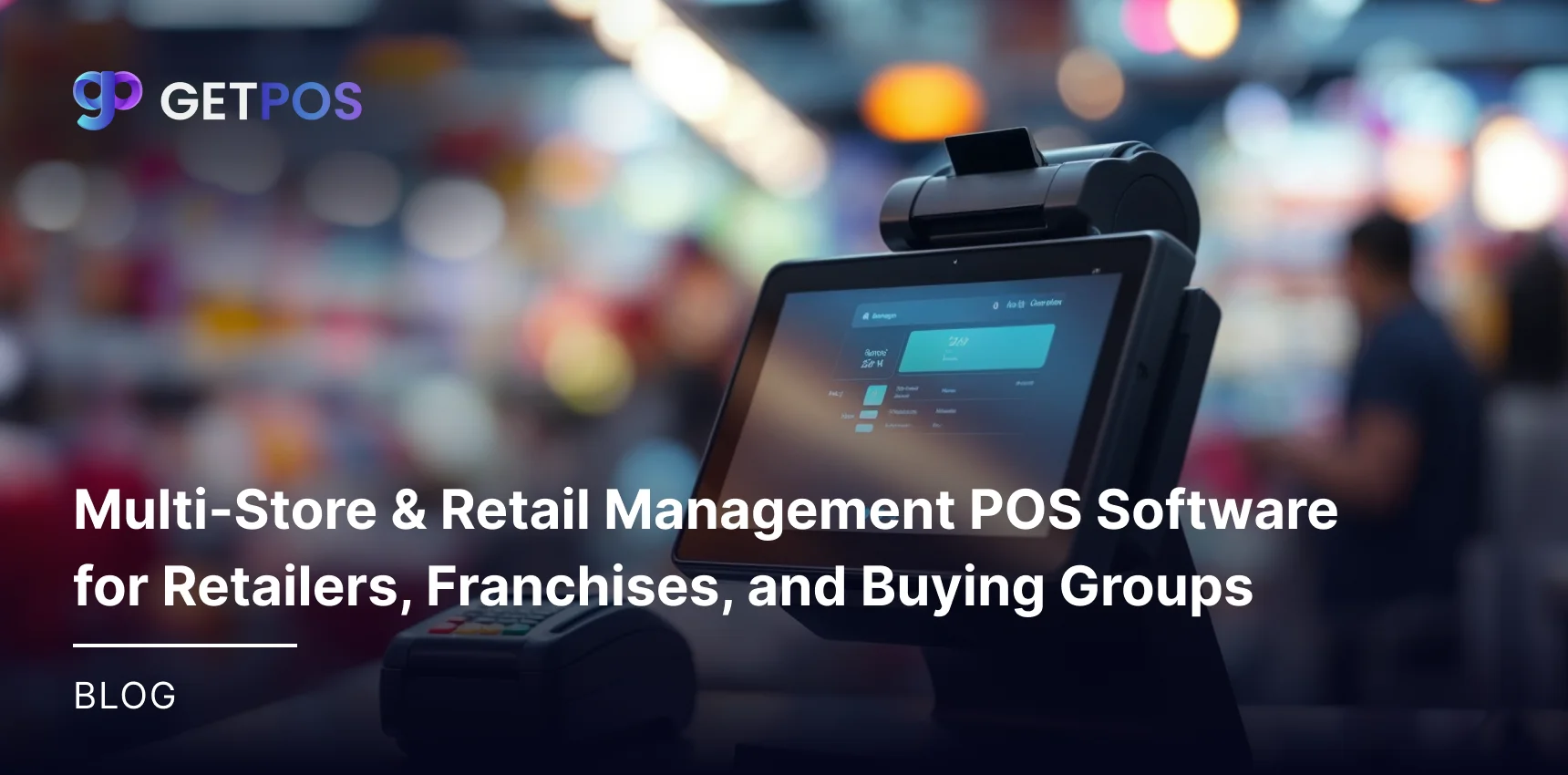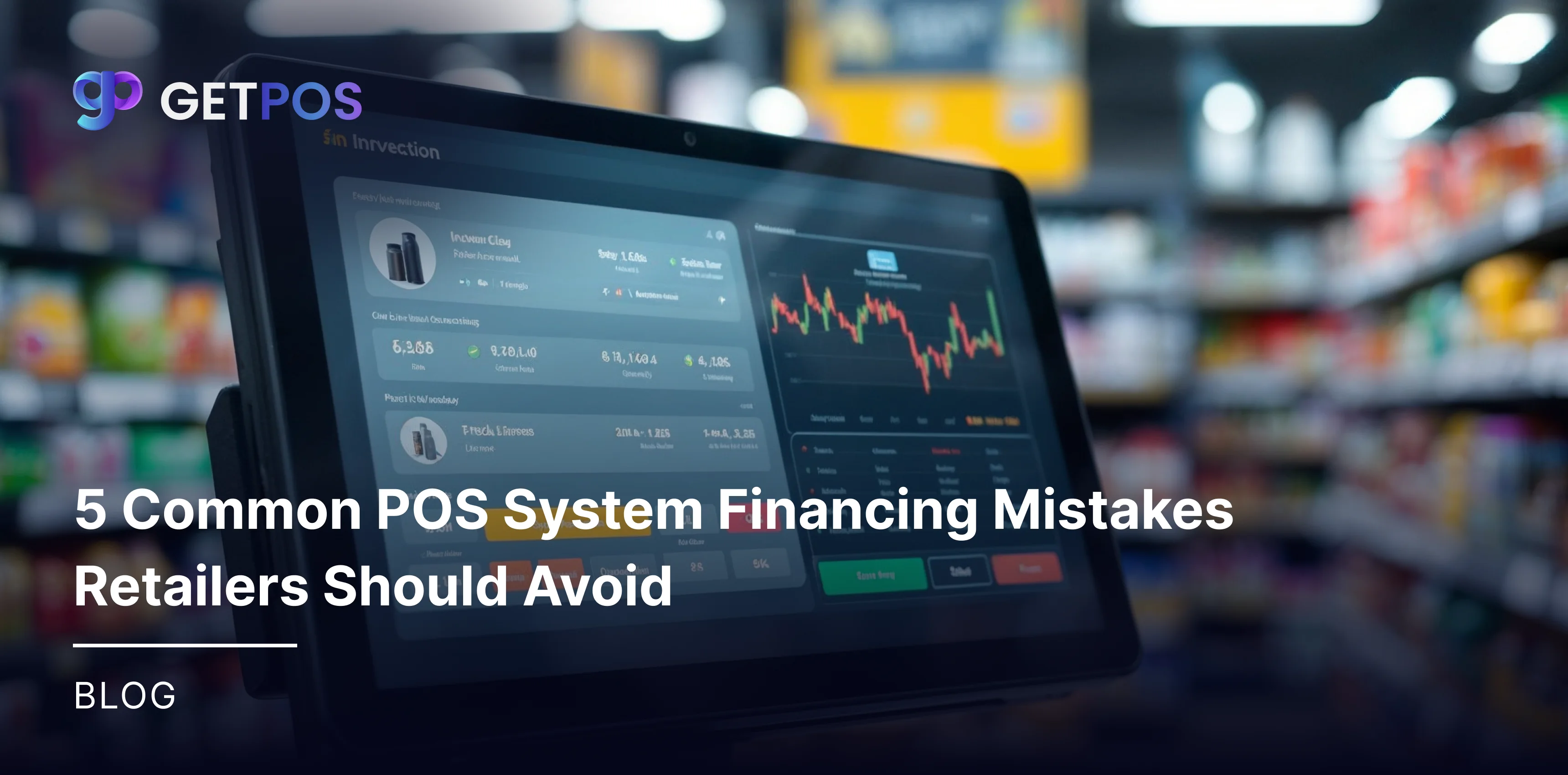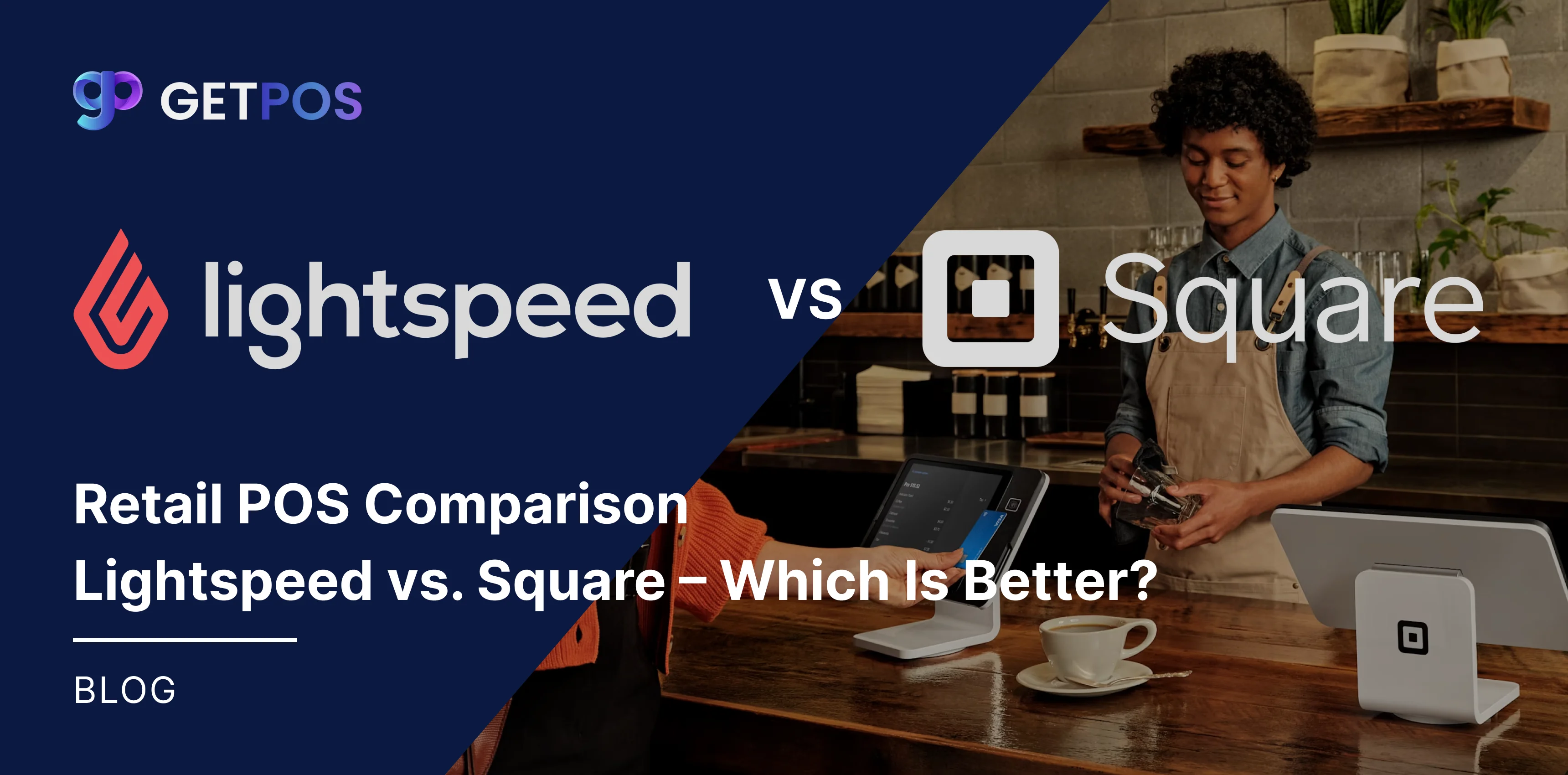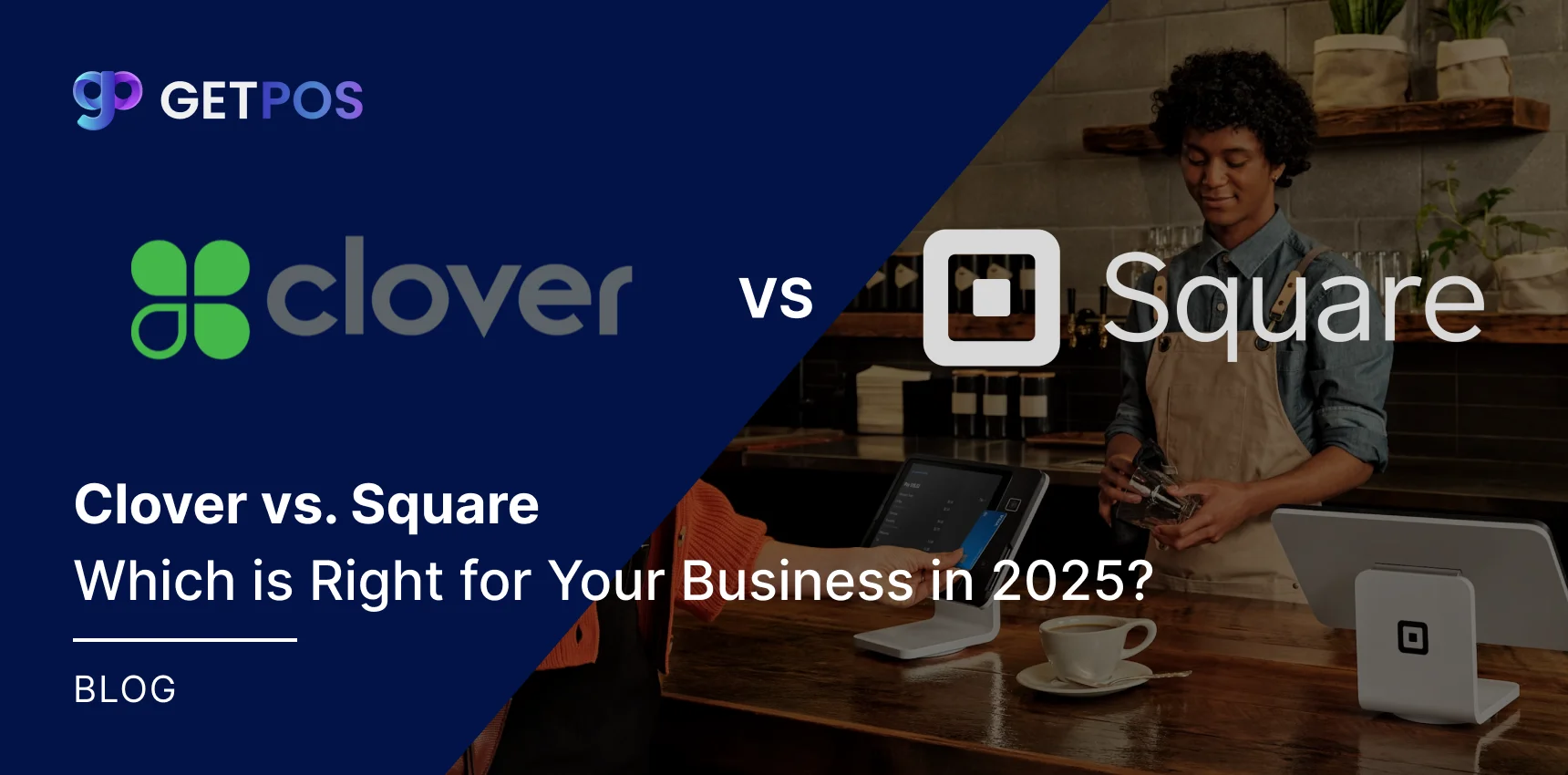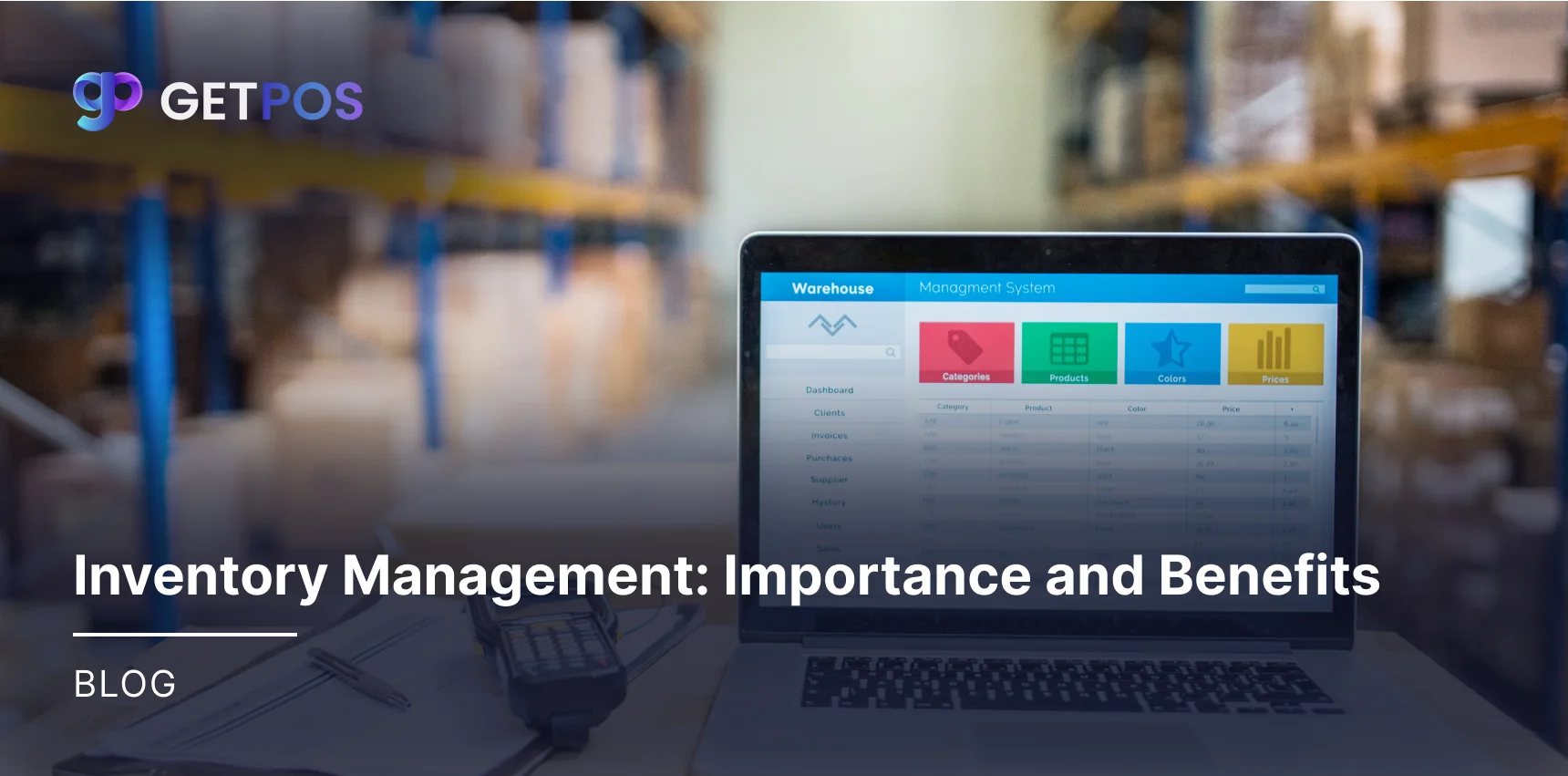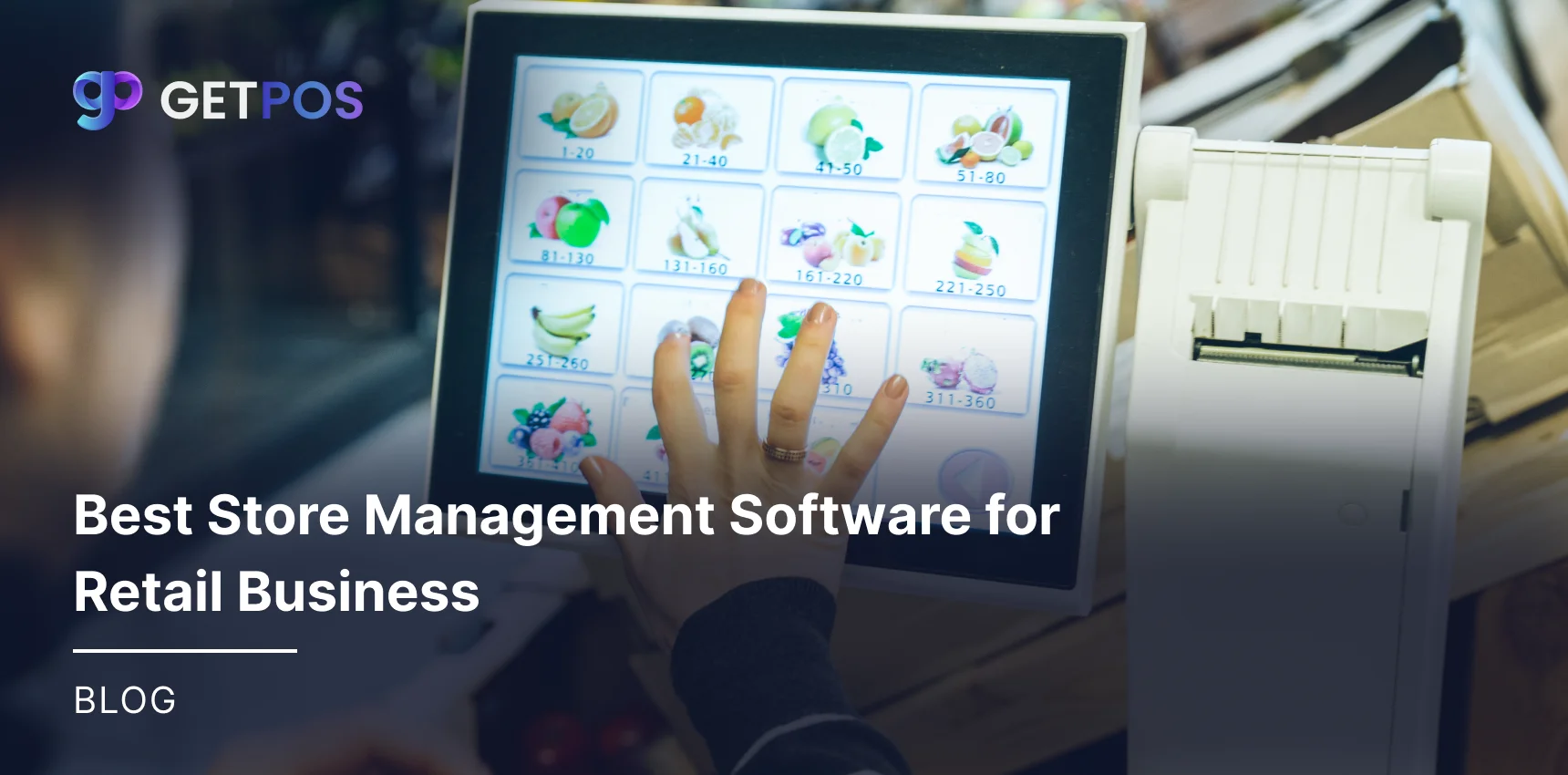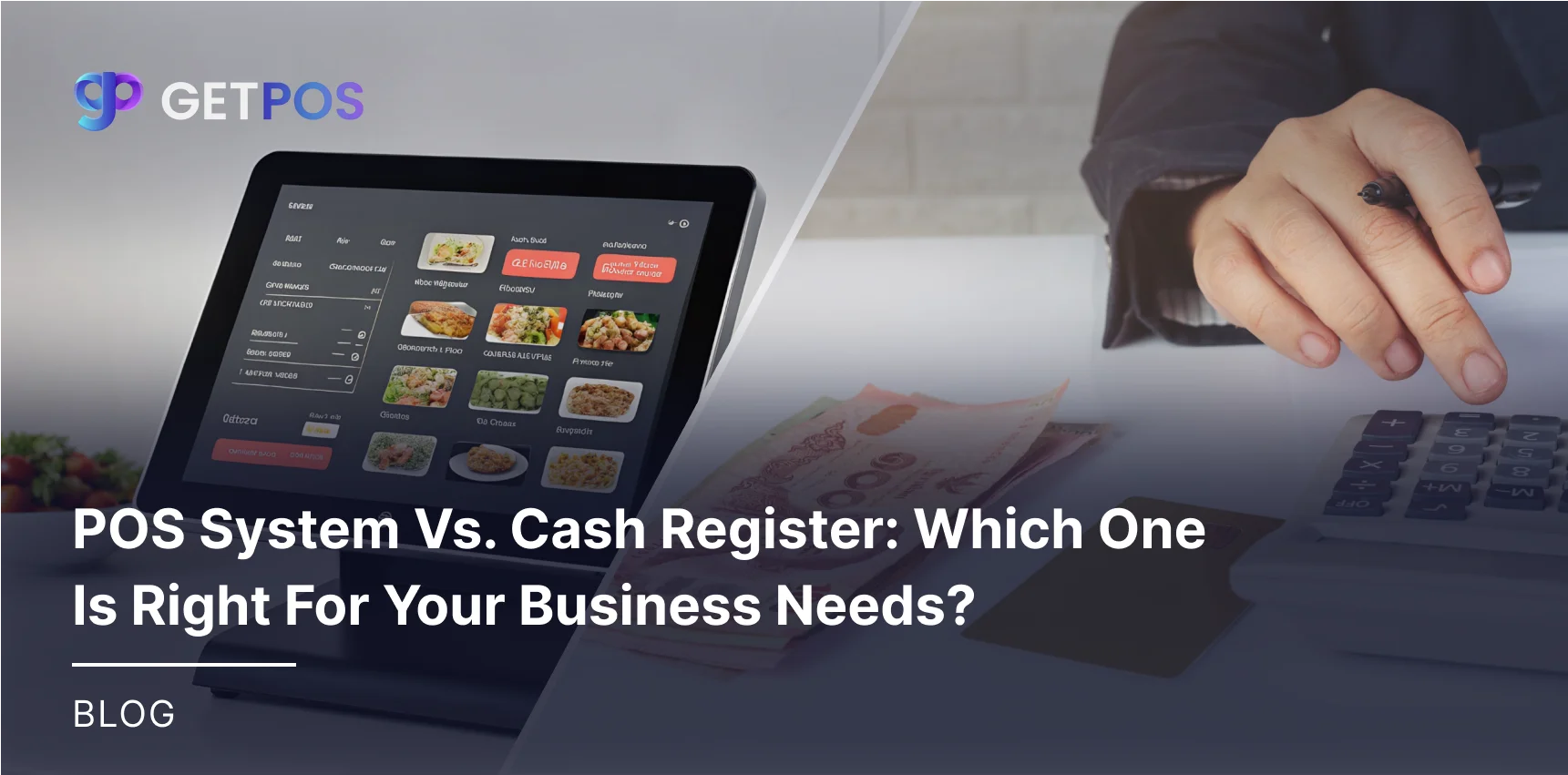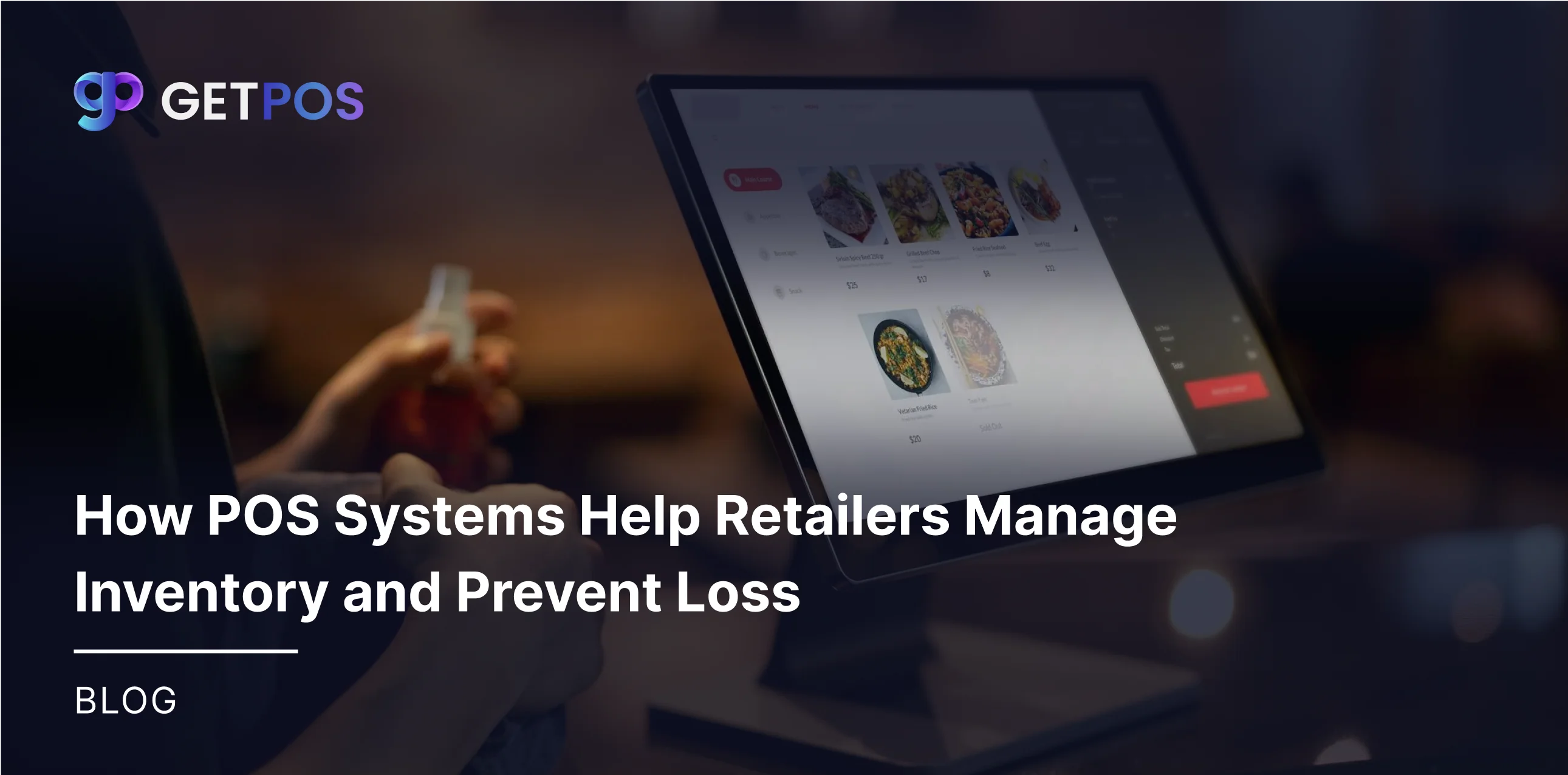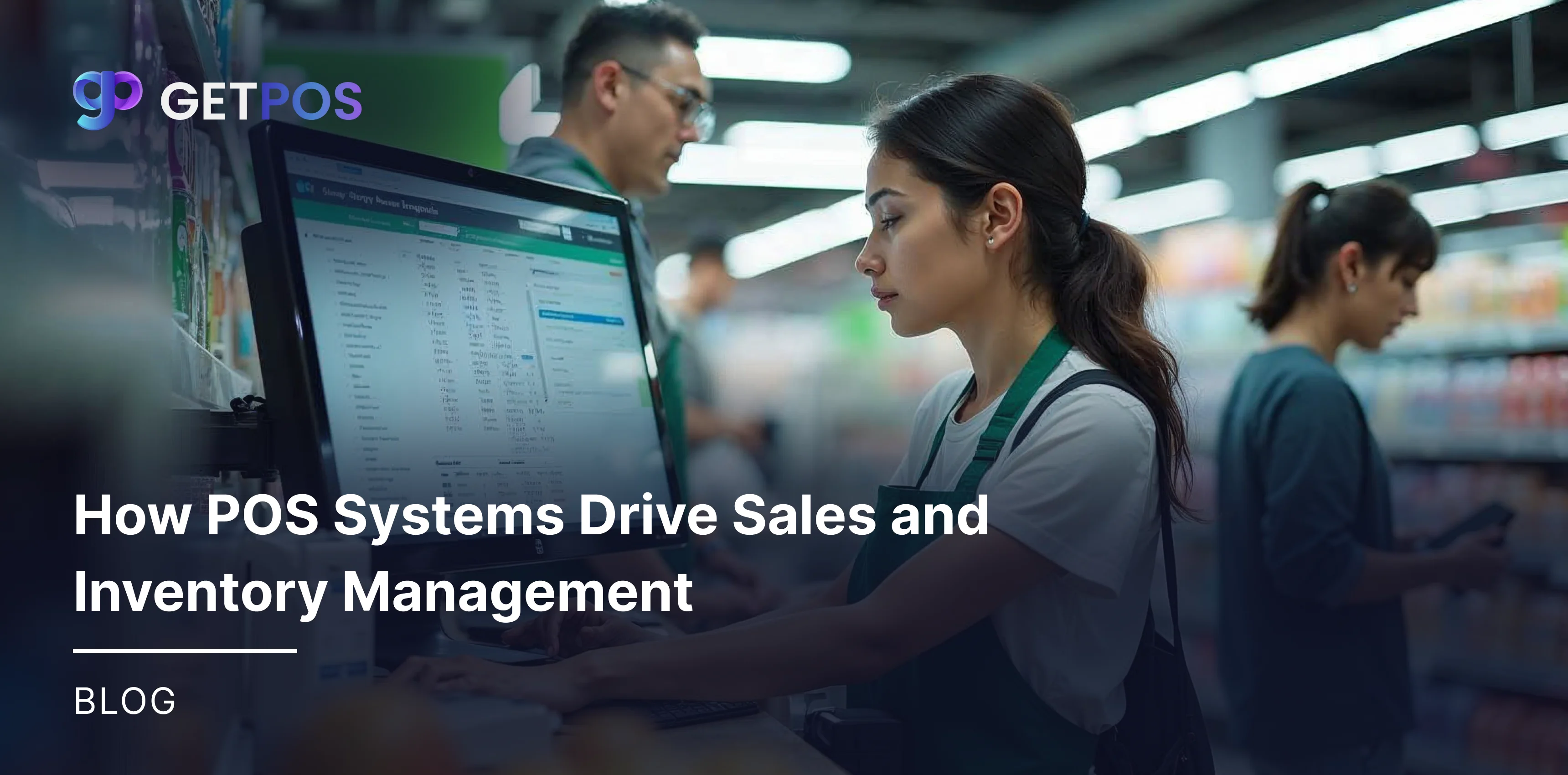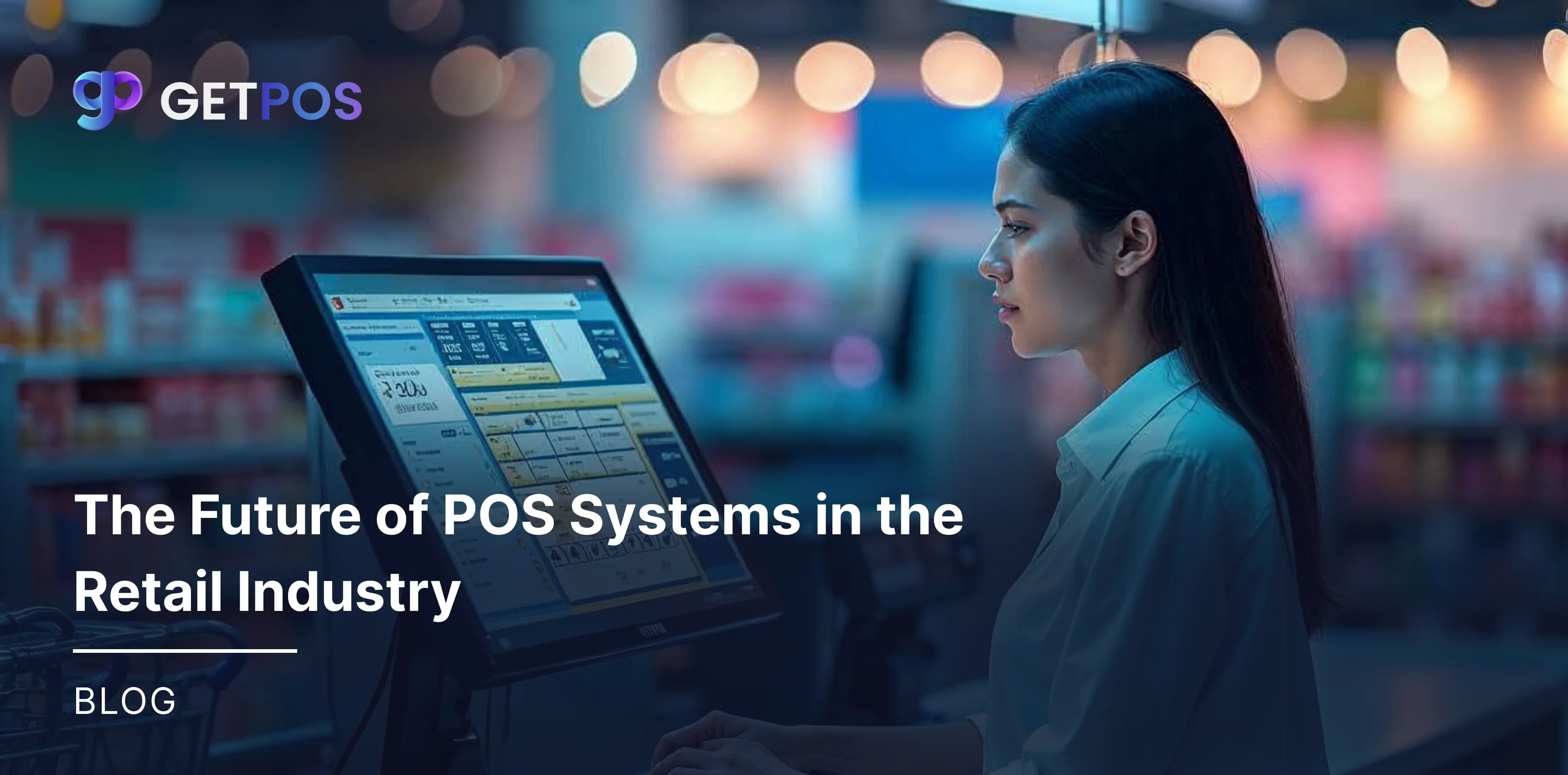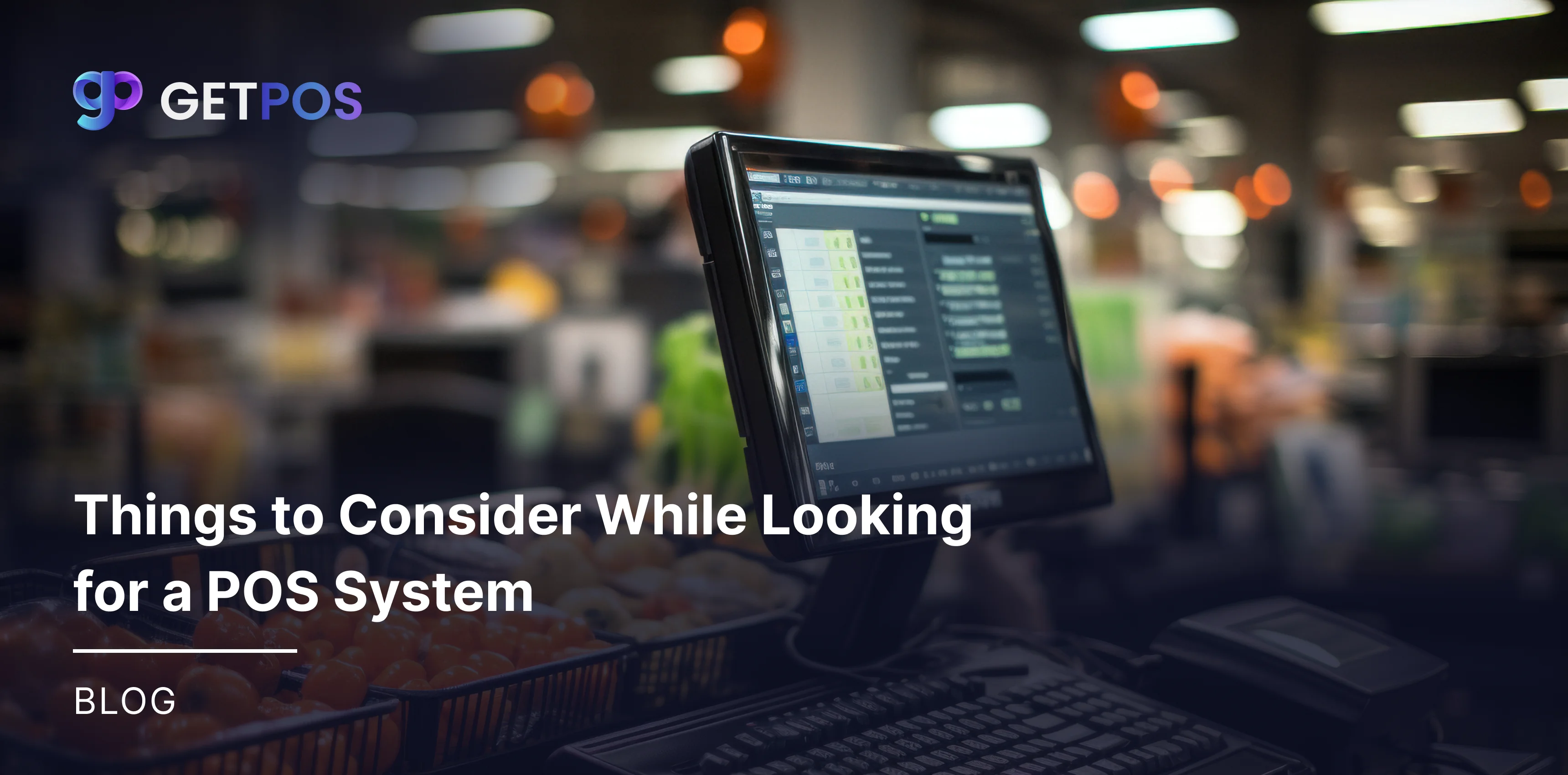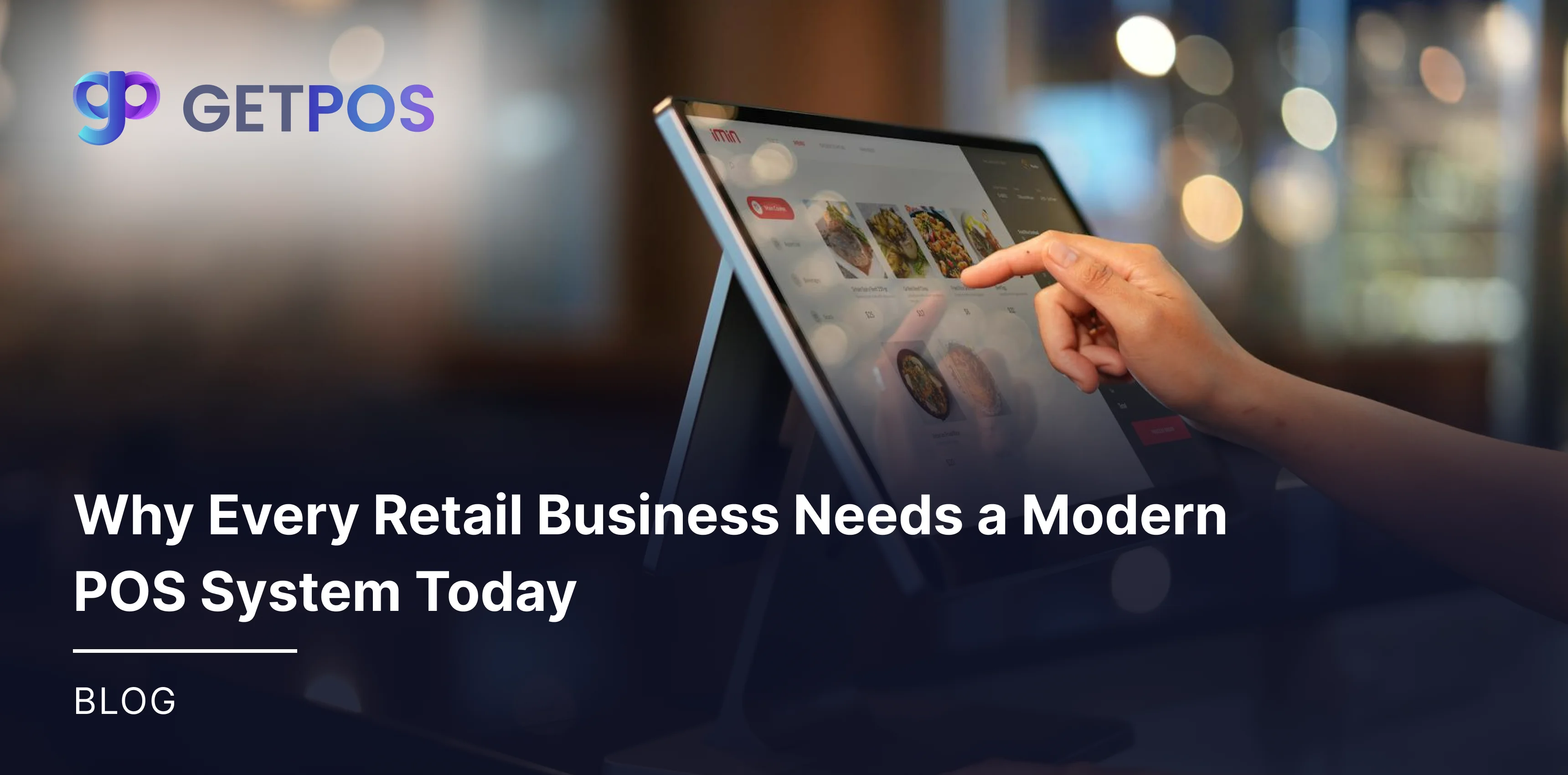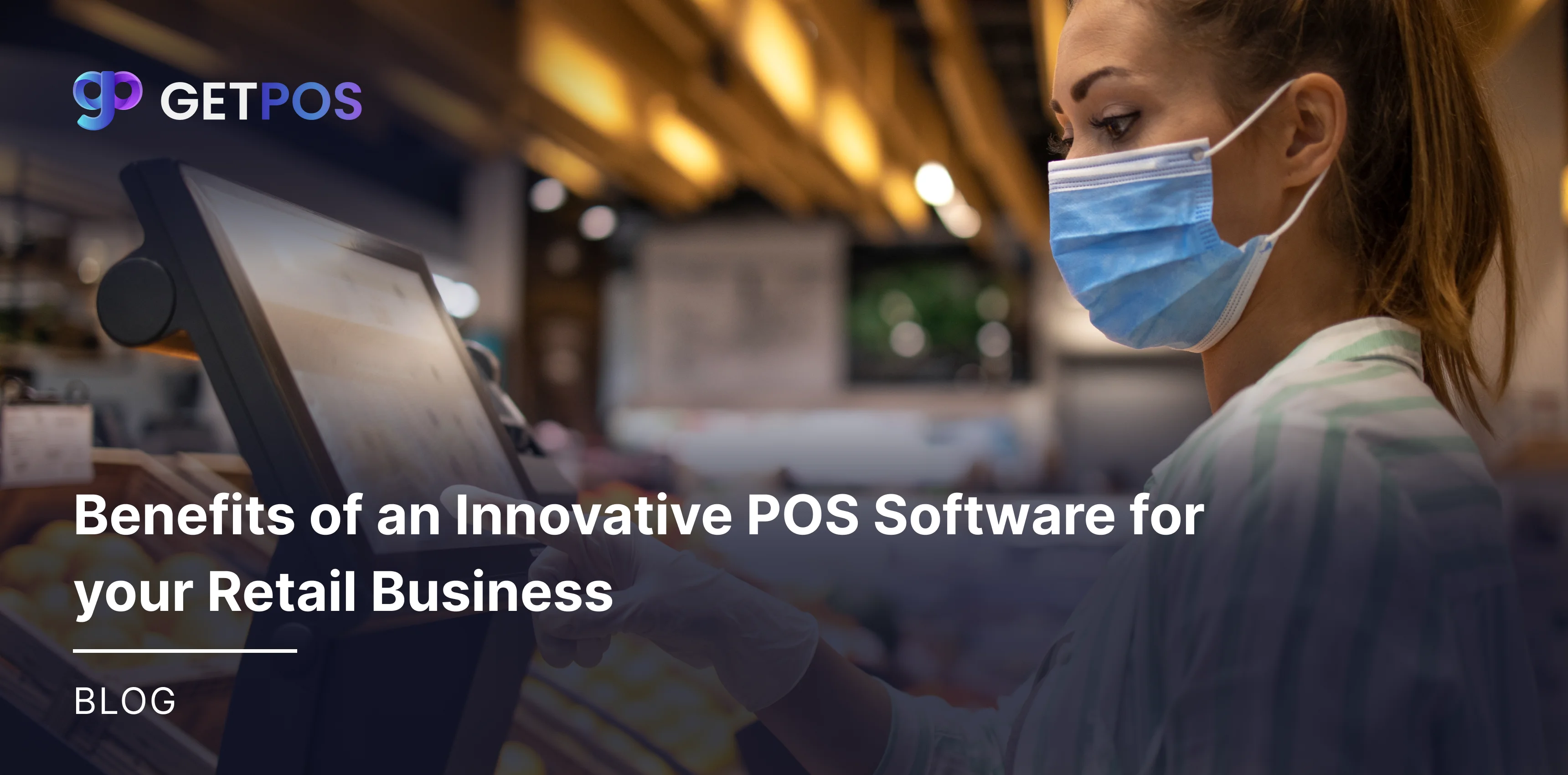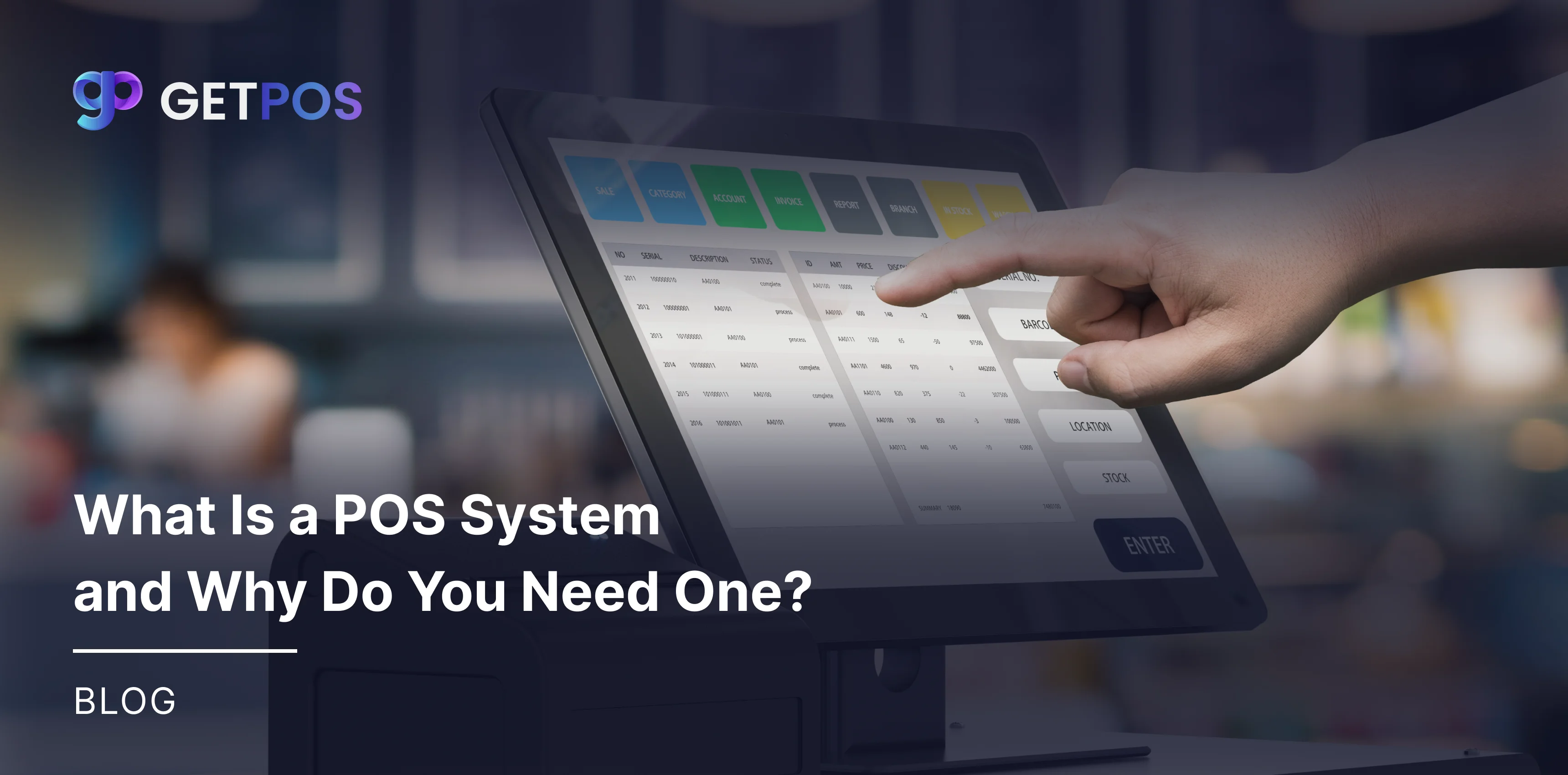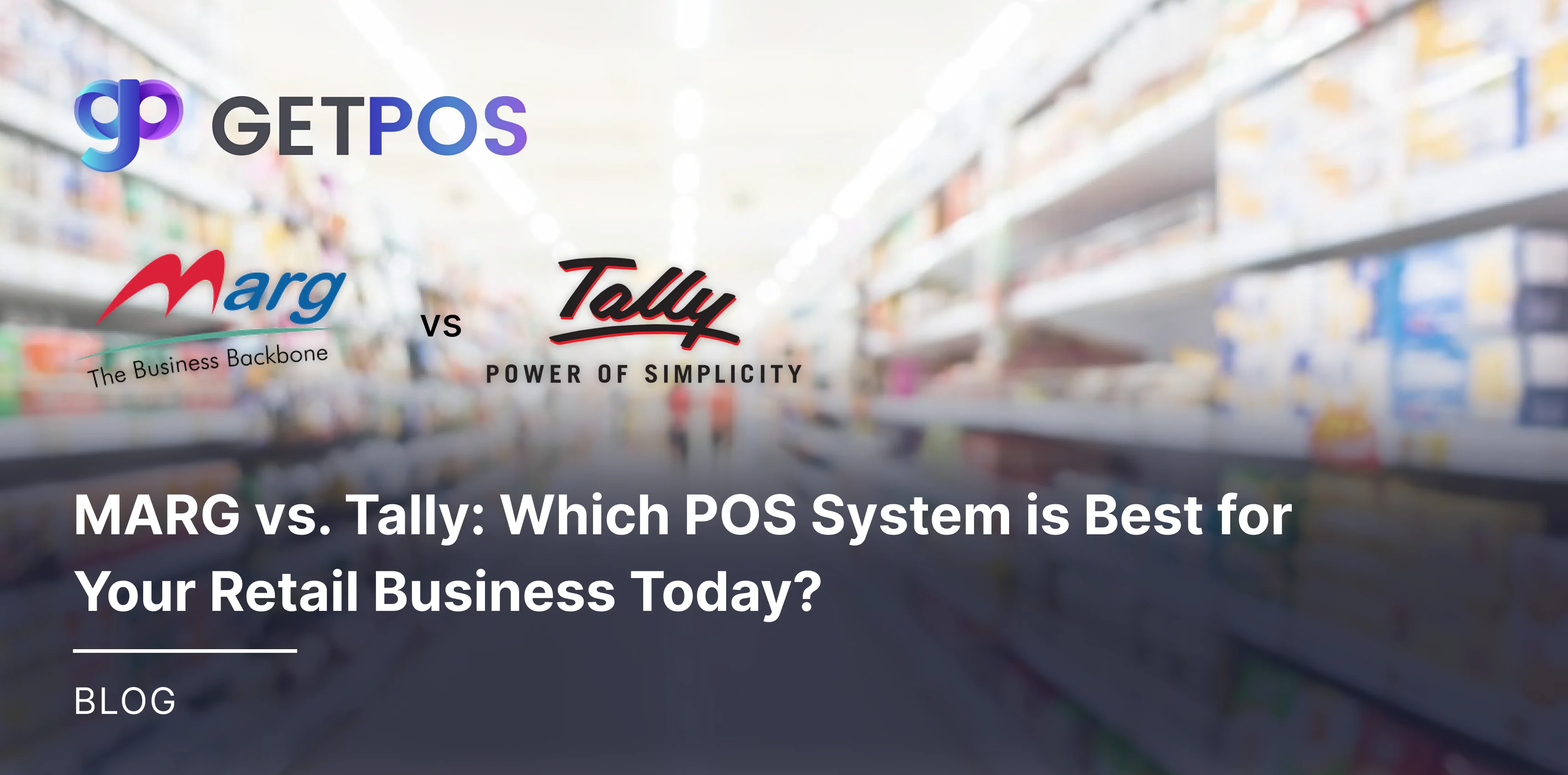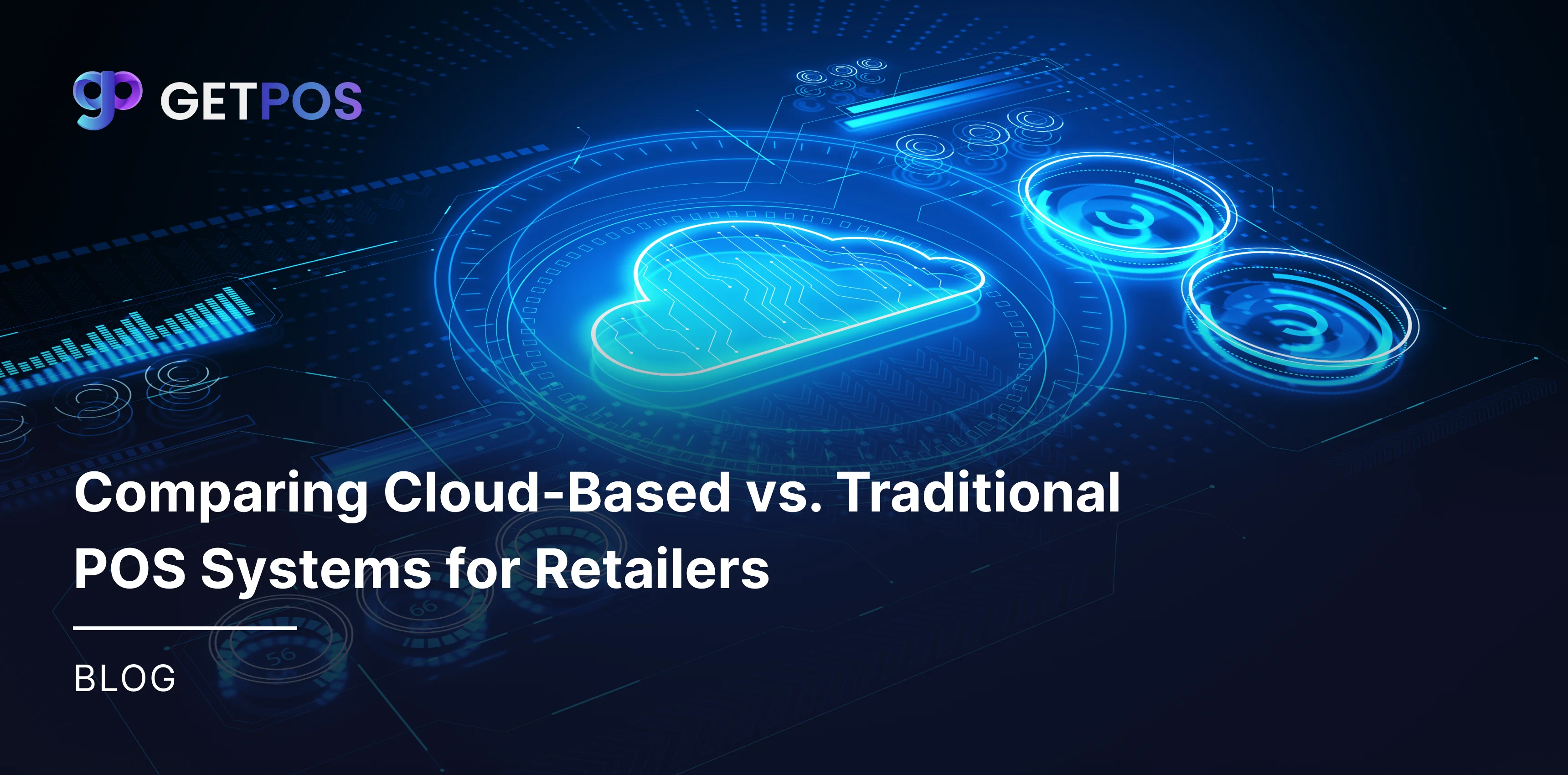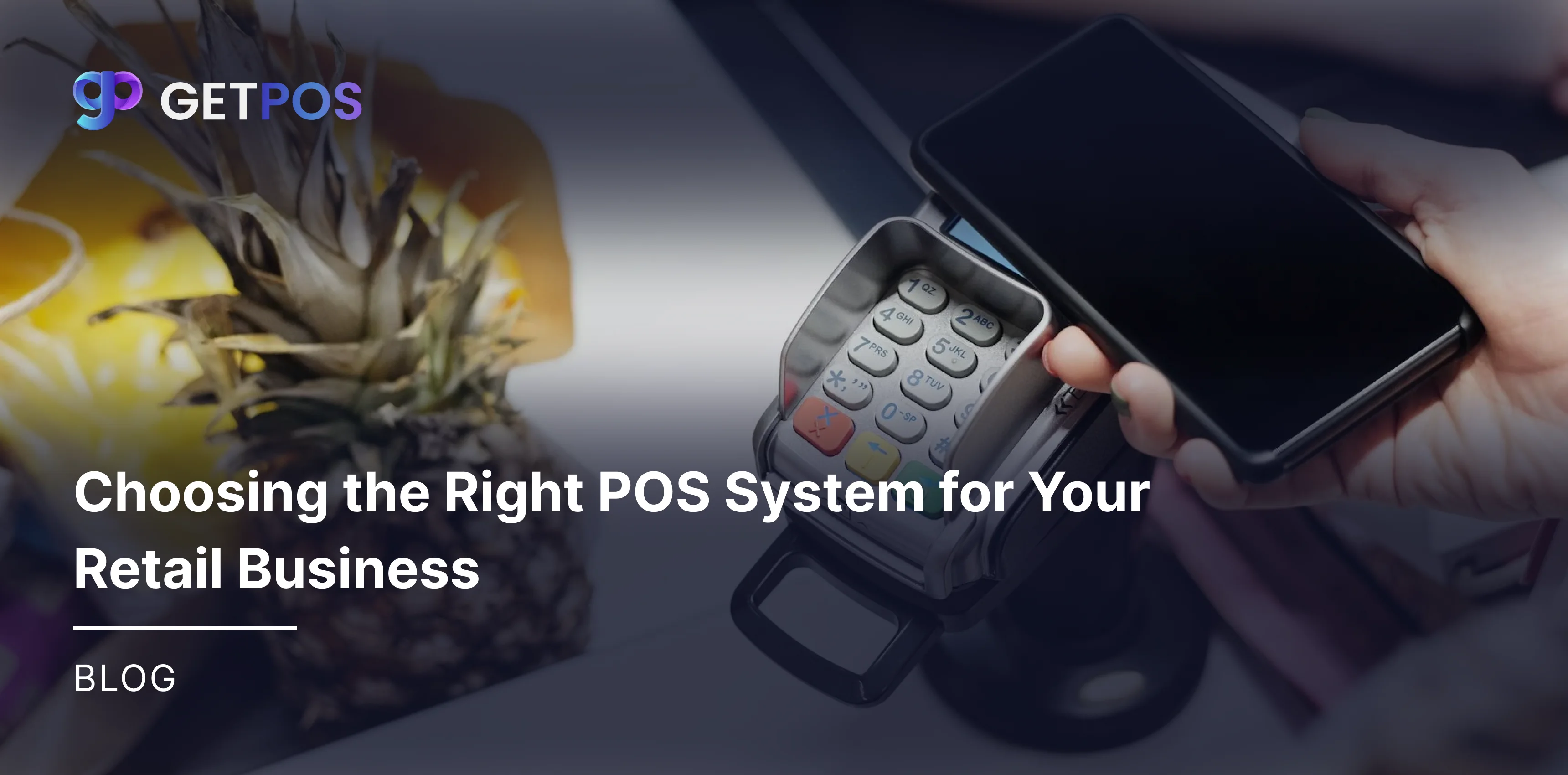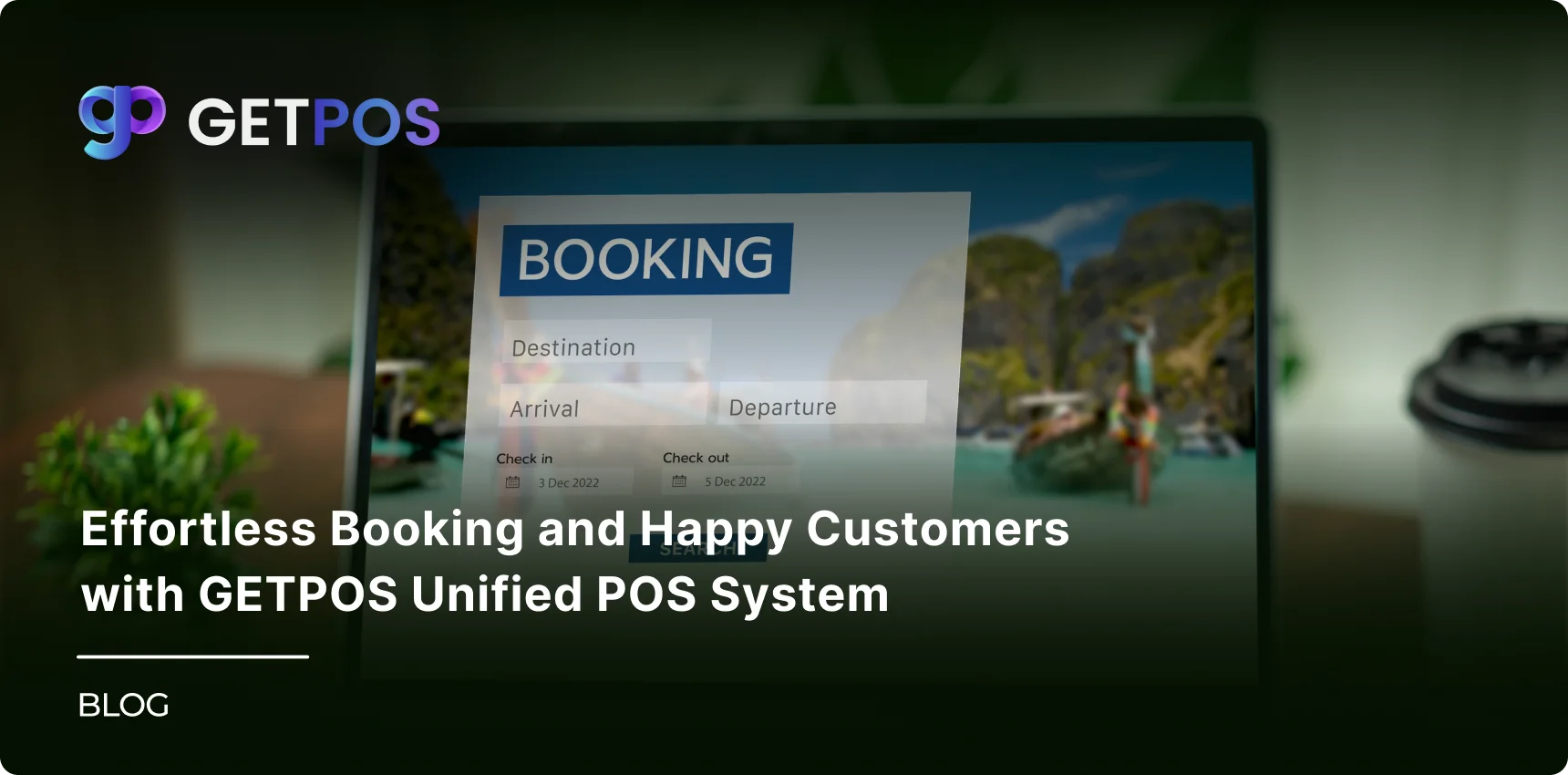Quick Summary
Ecommerce pos integration links your online store with your physical point of sale system. This helps update stock, sales, and customer info automatically. It makes business management easier and improves how customers shop across channels. Use it for smoother, error-free sales handling.
Table Of Contents
Introduction
For any ecommerce business, it is important to keep all sales channels connected and up to date. Ecommerce pos integration helps link your online store with your physical point of sale system so that all sales, inventory, and customer data are shared in real time. This connection makes managing your business easier and reduces mistakes caused by manually updating information. In this blog post, we will show how pos ecommerce integration makes your sales channels work together smoothly and helps your business run better.
Key Takeaways
Ecommerce POS integration updates sales and stock data automatically.
It reduces mistakes by removing manual entry work.
Customers get accurate info online and in stores.
It helps sell products smoothly on many platforms.
The system gathers sales info to help business decisions.
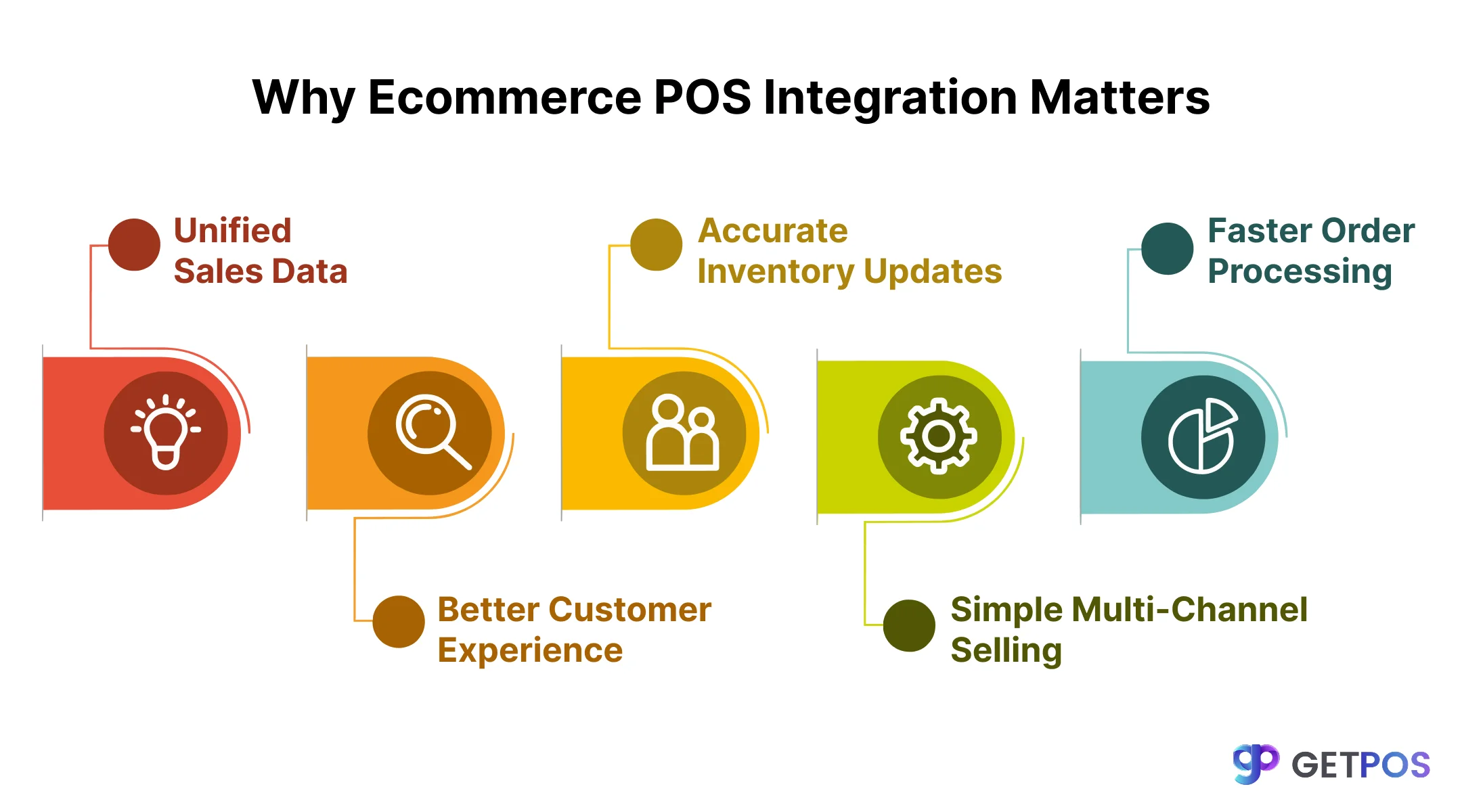
Why Ecommerce POS Integration Is Important for Omnichannel Growth
When ecommerce businesses choose the right and efficient pos system with ecommerce integration, they can manage both online and physical stores easily. This integration helps keep all sales and stock information updated in one place. With ecommerce pos system integration, businesses get real-time data on sales and inventory, so they do not oversell or run out of products.
It also improves the customer experience because customers see correct product availability whether they shop online or in-store. Another big plus is that this system reduces the need to enter data by hand, lowering errors and saving time. So overall, a good pos integration with ecommerce makes business operations smoother and more reliable.
These are the Best POS System for Restaurants Features.
Common Challenges in POS Ecommerce Integration and How to Overcome Them
Here are common challenges in pos integration with ecommerce and how businesses can easily solve them:
Technical Compatibility Issues in Integration: Different systems use different data formats, causing problems when connecting the ecommerce pos system with ecommerce platforms, which can stop data from syncing properly. To fix this, use integration tools or platforms that support multiple data formats.
Problems with Old POS Systems: When businesses use the old POS systems, they may not work well with new online platforms, and may lack modern features needed for smooth pos ecommerce point of sale integration. Upgrading or using middleware can help connect new and old systems.
Choose from the Best Point Of Sale Software For Food / Beverage
Payment Security and Compliance Risks: Handling payment data safely during pos integration with ecommerce is important, so businesses must follow rules like PCI compliance and encrypt sensitive information to avoid data leaks.
Handling Growth and Scaling Issues: As businesses grow, systems must handle more data and more transactions. A pos system with ecommerce integration should scale easily to prevent slowdowns or errors.
Importance of Proper Planning and Testing: Skipping proper planning or ignoring tests can cause problems after integration, so testing features thoroughly and planning well helps smooth the ecommerce pos integration process.
Fully Using Integration Features: Not using all available tools in pos ecommerce integration limits benefits, and here, proper and required training and support can ensure businesses get the most from their system.
Check out some important Things to Consider Before Using POS System.
How to Implement Successful Ecommerce POS Integration
Here is how businesses can implement a successful and easy ecommerce POS integration without any hassle and complicated steps involved.
Step 1: Evaluate Business Needs and Choose System
Look at your business needs like sales volume, inventory tracking, and customer management. Choose an ecommerce pos system that fits these needs well. Make sure it can connect easily with your online and offline sales channels for smooth operations.
Step 2: Set Up API or Middleware Connections
You can use APIs or middleware tools to connect your POS and ecommerce platforms. This pos integration with ecommerce method helps your systems share data automatically and work together without manual updates, saving time and avoiding mistakes.
Step 3: Configure Real-Time Data Sync
It is best to set up your system to update product stock, sales, and customer data instantly, because real-time syncing with your pos ecommerce integration ensures accurate inventory and sales reports so your business runs without errors or delays.
Step 4: Train Your Team on the New System
You should make sure your staff knows how to use the new ecommerce pos system properly. Good training helps reduce errors and improves working speed, and everyone should learn how sales and inventory updates happen to use the system well.
Step 5: Monitor and Maintain Regularly
It is best to keep checking your system to find and fix issues early, as regular maintenance of your pos system with ecommerce integration keeps the connection running smoothly. You can update software and adjust settings as your business grows or changes.
These are the Best Mobile POS Systems for Small Businesses.
Benefits of a Well-Executed Ecommerce POS Integration
Streamlined Operations with Less Manual Work: Integrating your ecommerce pos system reduces the need for manual data entry, so this way sales, inventory, and customer details update automatically, saving time for your staff. This lowers errors and frees workers to focus on serving customers or other important tasks.
Improved Accuracy in Inventory and Sales Reports: A good pos ecommerce integration keeps all sales and stock data in real time, which also makes inventory reports more accurate and prevents overselling or running out of popular items. Here, accurate data helps make better business decisions easily.
Better Customer Experience Across Channels: When your pos system with ecommerce integration shares data, customers get correct product availability online and in-store, and this consistency builds trust and makes it easier for customers to shop, leading to happier buyers and repeat sales.
More Sales with Efficient Omnichannel Handling: Using pos integration with ecommerce allows selling on many platforms at once with one system, which can help businesses reach more customers, manage orders smoothly, and grow sales across all channels without confusion.
Better Business Insights from Unified Data: An integrated ecommerce pos integration system collects sales data from all channels in one place, which effectively gives clearer reports and insights that help businesses understand trends, customer needs, and improve marketing and stock choices.
Closure Note
A good ecommerce pos integration helps businesses work smoothly by keeping sales and inventory data up to date across all channels. It reduces manual work, stops mistakes, and makes customers happy with accurate stock information. Using a trusted system like GETPOS ensures easy setup and reliable pos ecommerce integration, which offers strong support and secure processes that help your business grow. Choosing GETPOS means fewer worries about technical issues and more time focusing on serving customers well.
Frequently Asked Questions
It saves time by syncing inventory and sales data automatically. It stops manual errors and lets customers see correct product availability both online and in the store.
Older POS may face compatibility problems with new ecommerce systems. You might need upgrades or middleware to connect your pos system with ecommerce integration.
Switching platforms requires new integration setup. Choose a POS and ecommerce system that offers flexibility and supports easy pos ecommerce integration for future changes.


